office: LA Edition
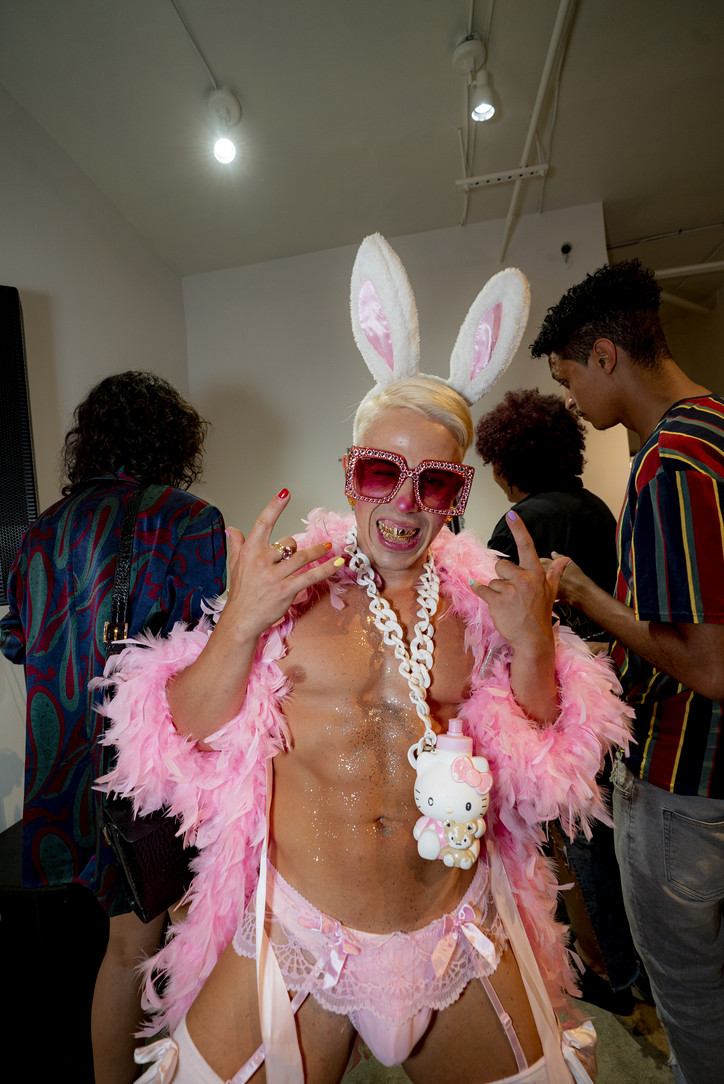
Check out some photos from the event below and come visit us on 424 Fairfax, LA—we'll be here for a while.
Stay informed on our latest news!

Check out some photos from the event below and come visit us on 424 Fairfax, LA—we'll be here for a while.
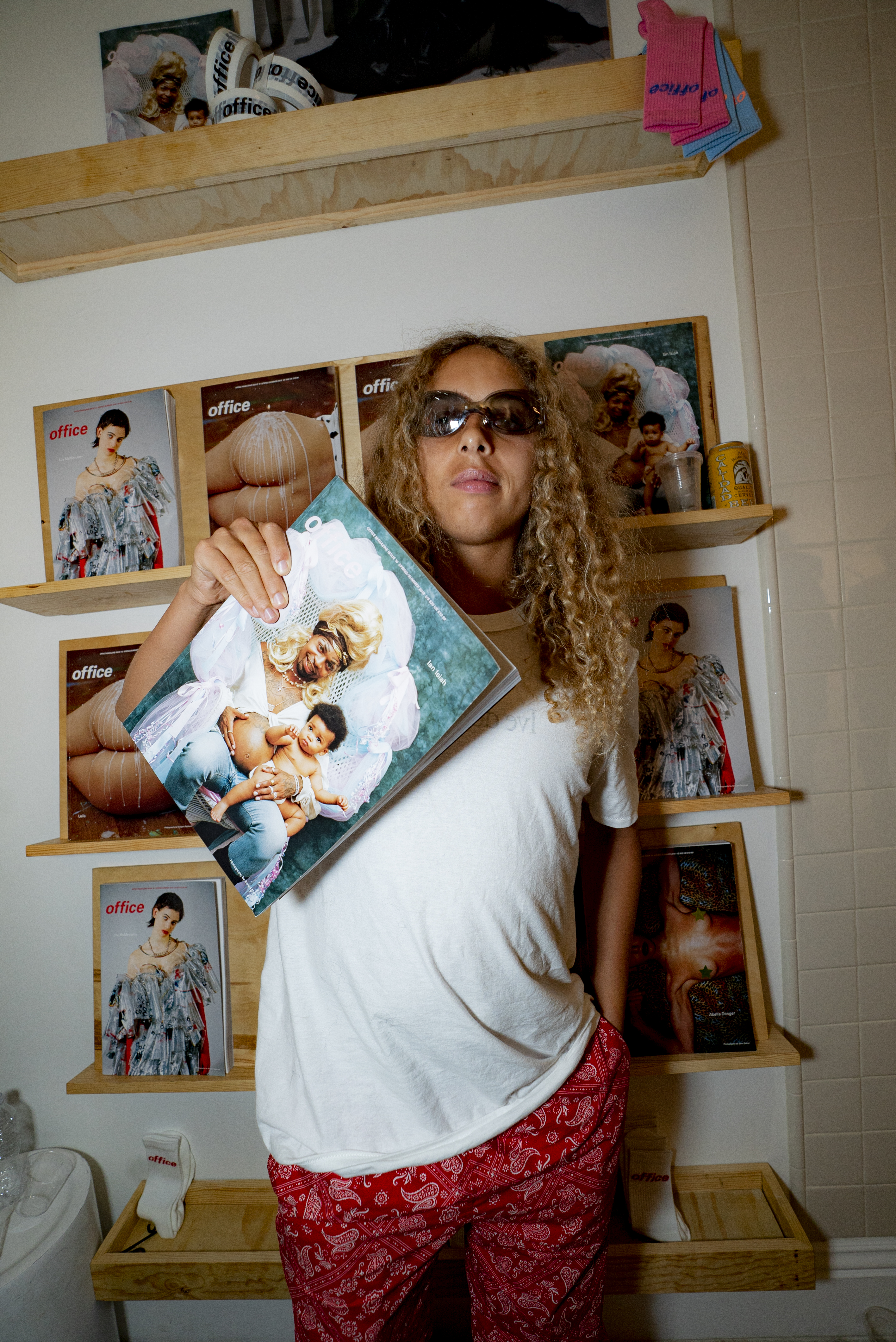

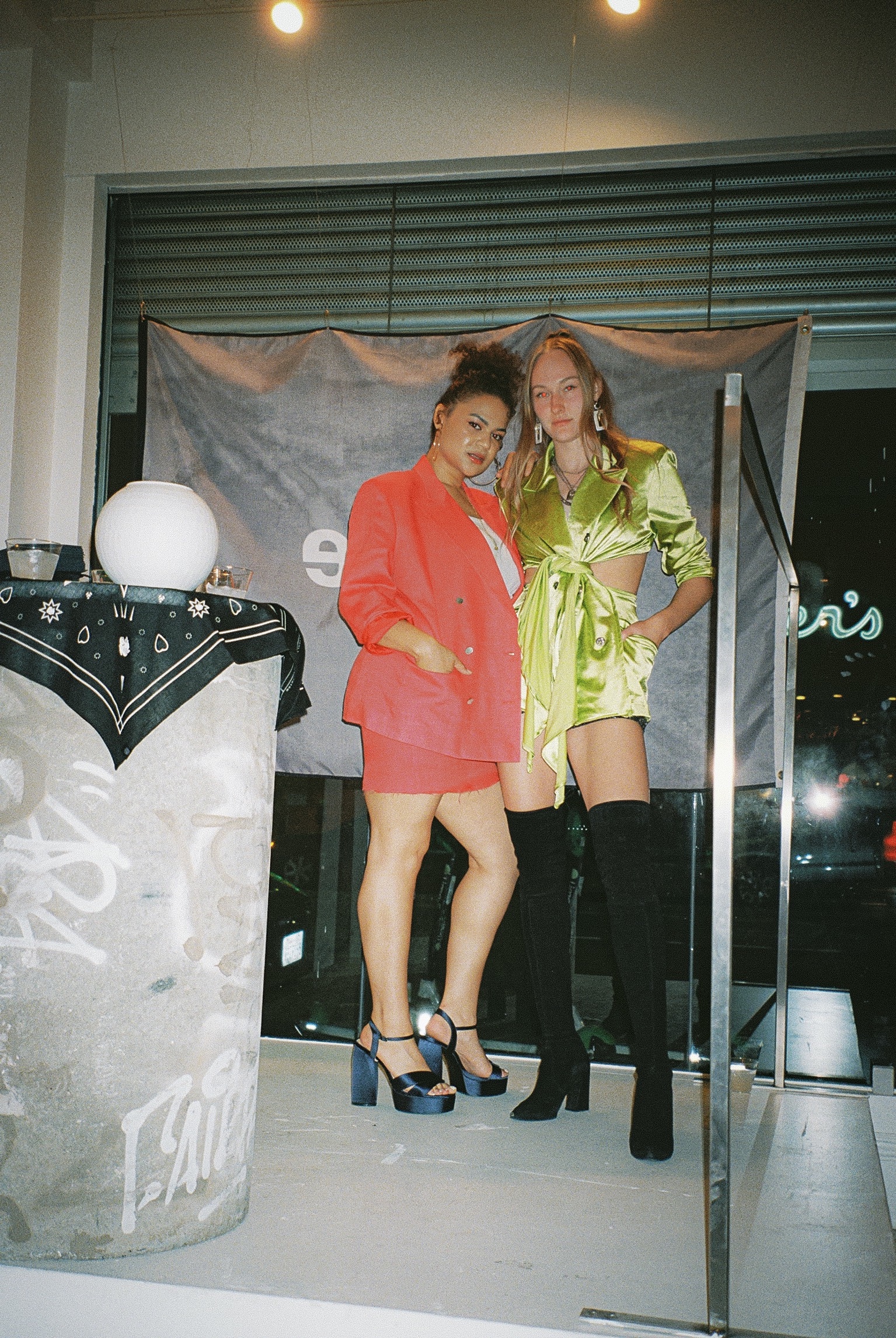

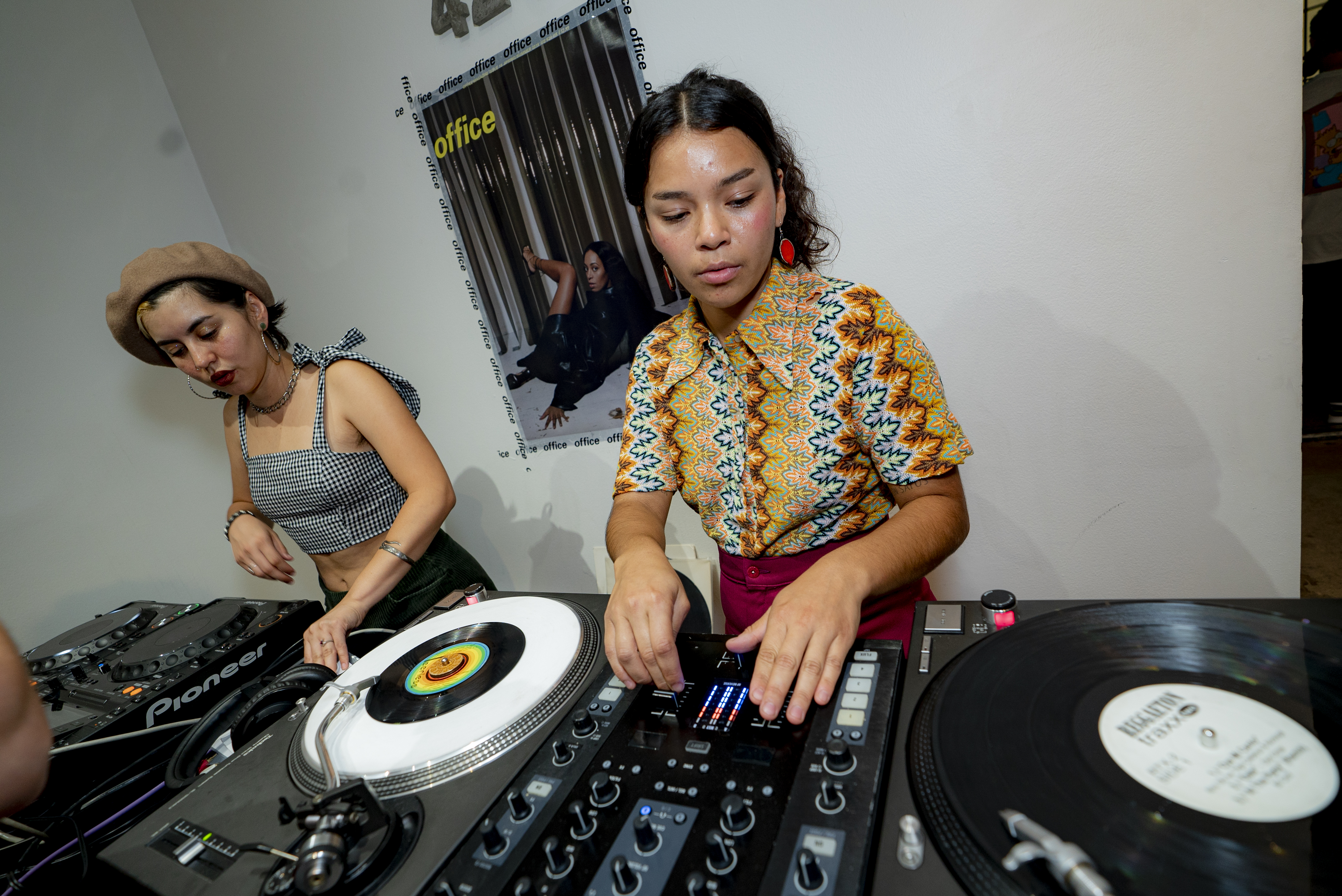
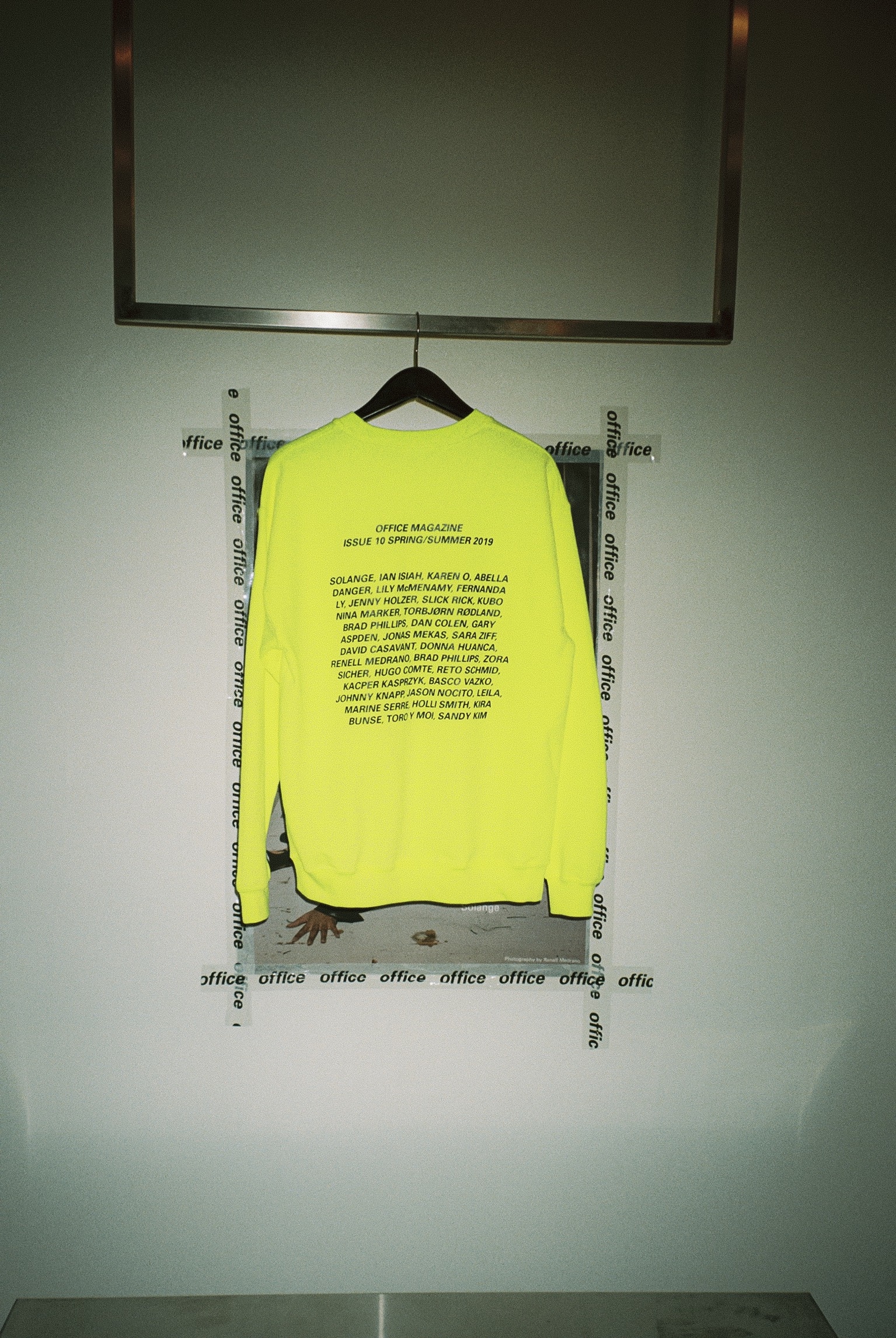

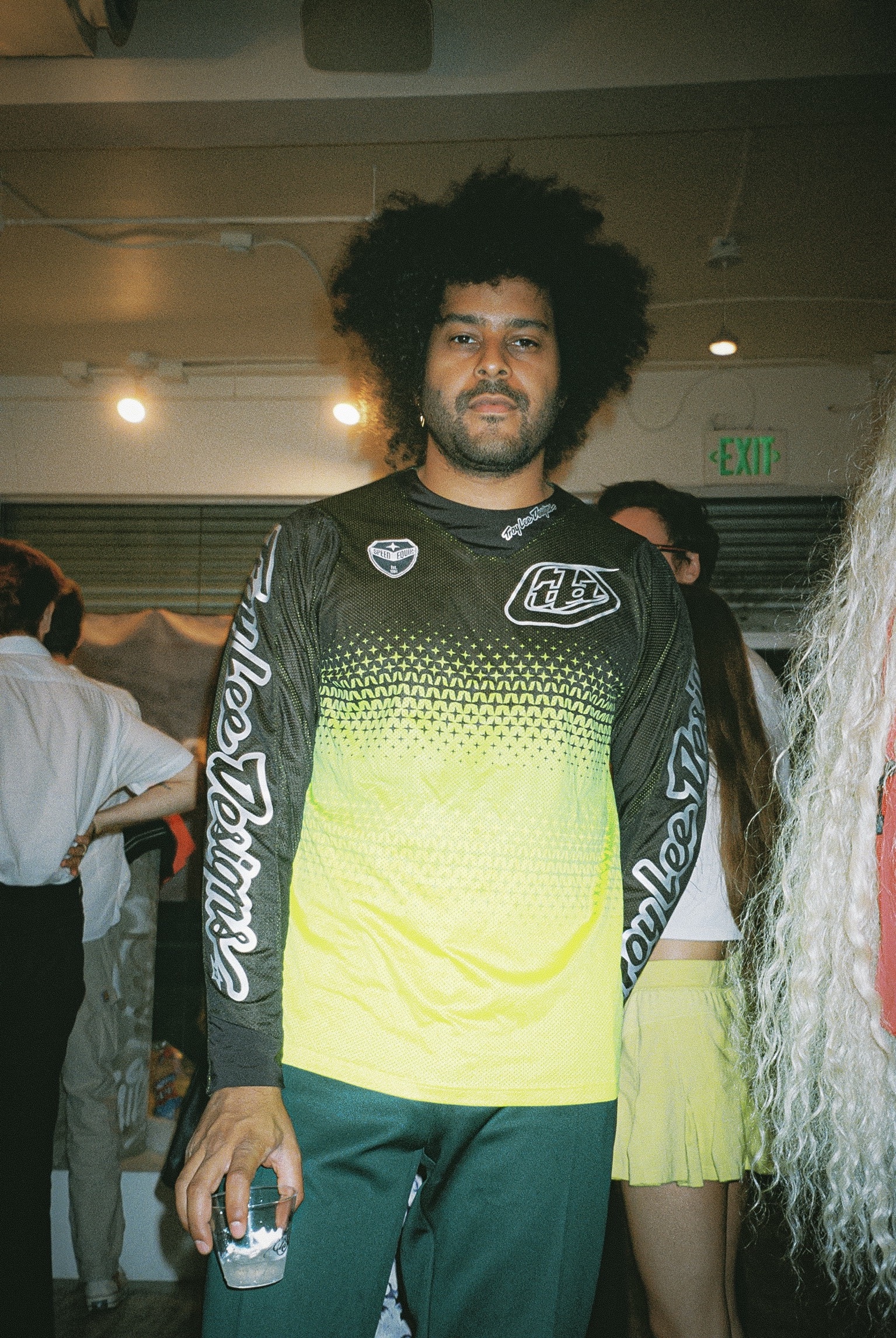
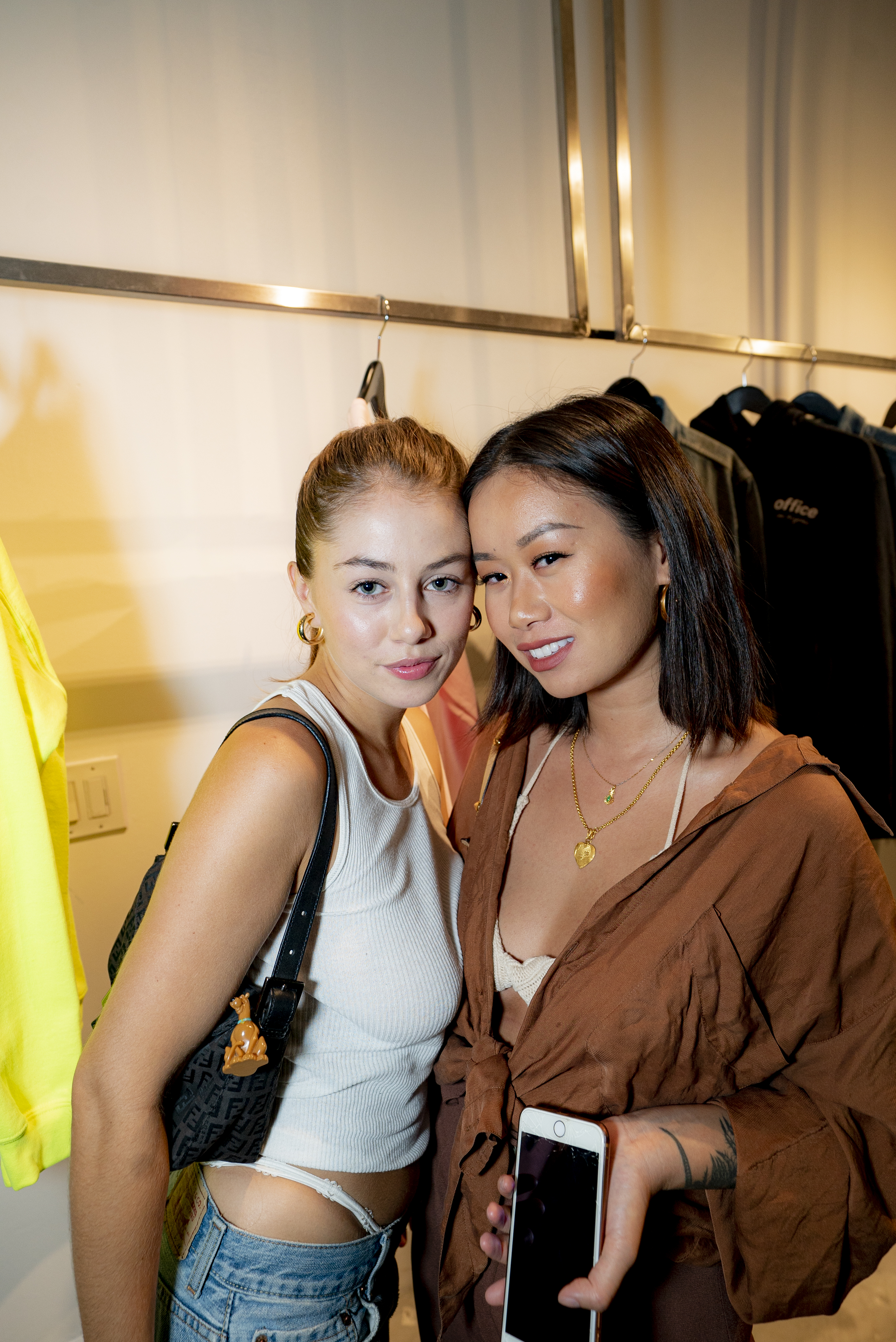
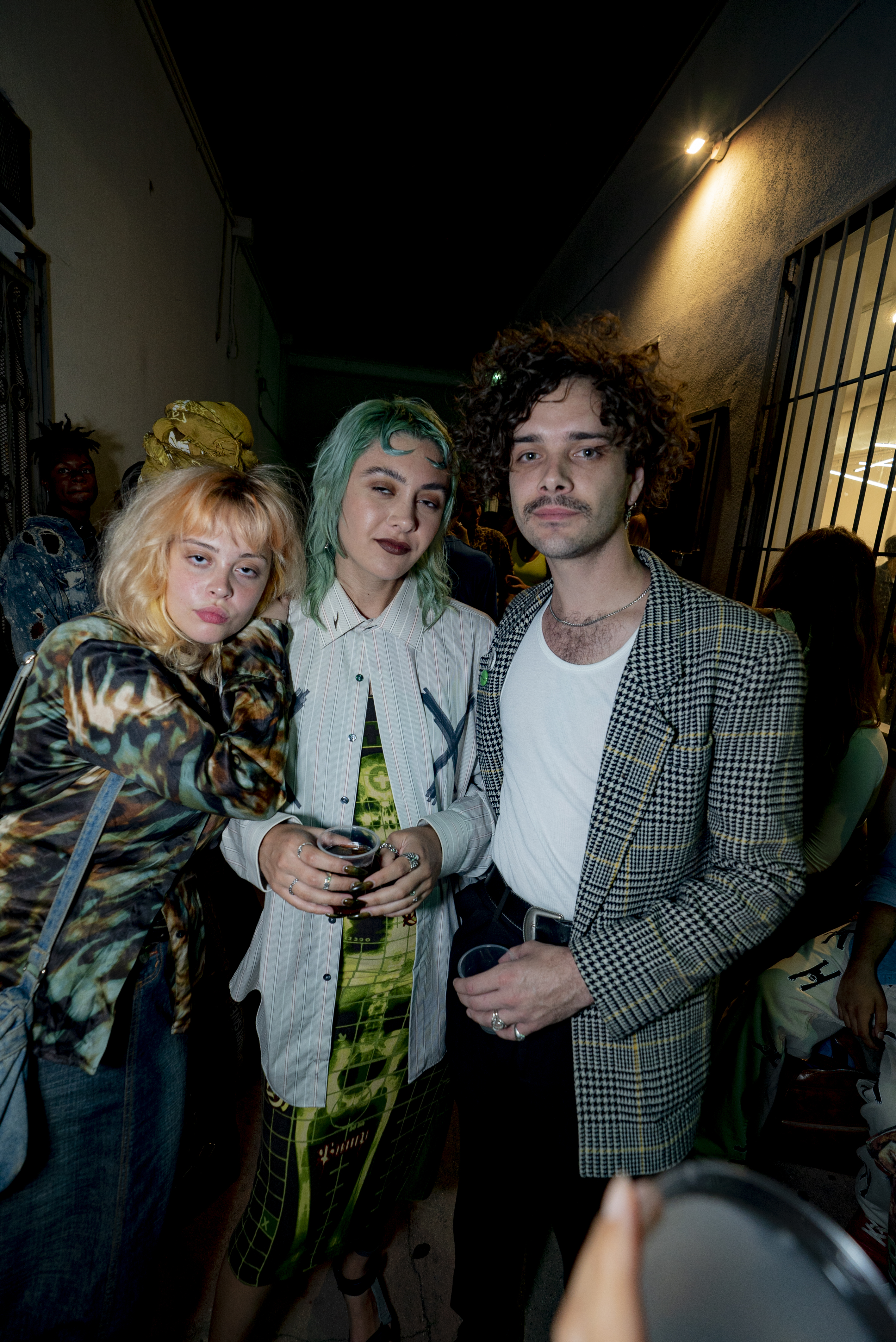
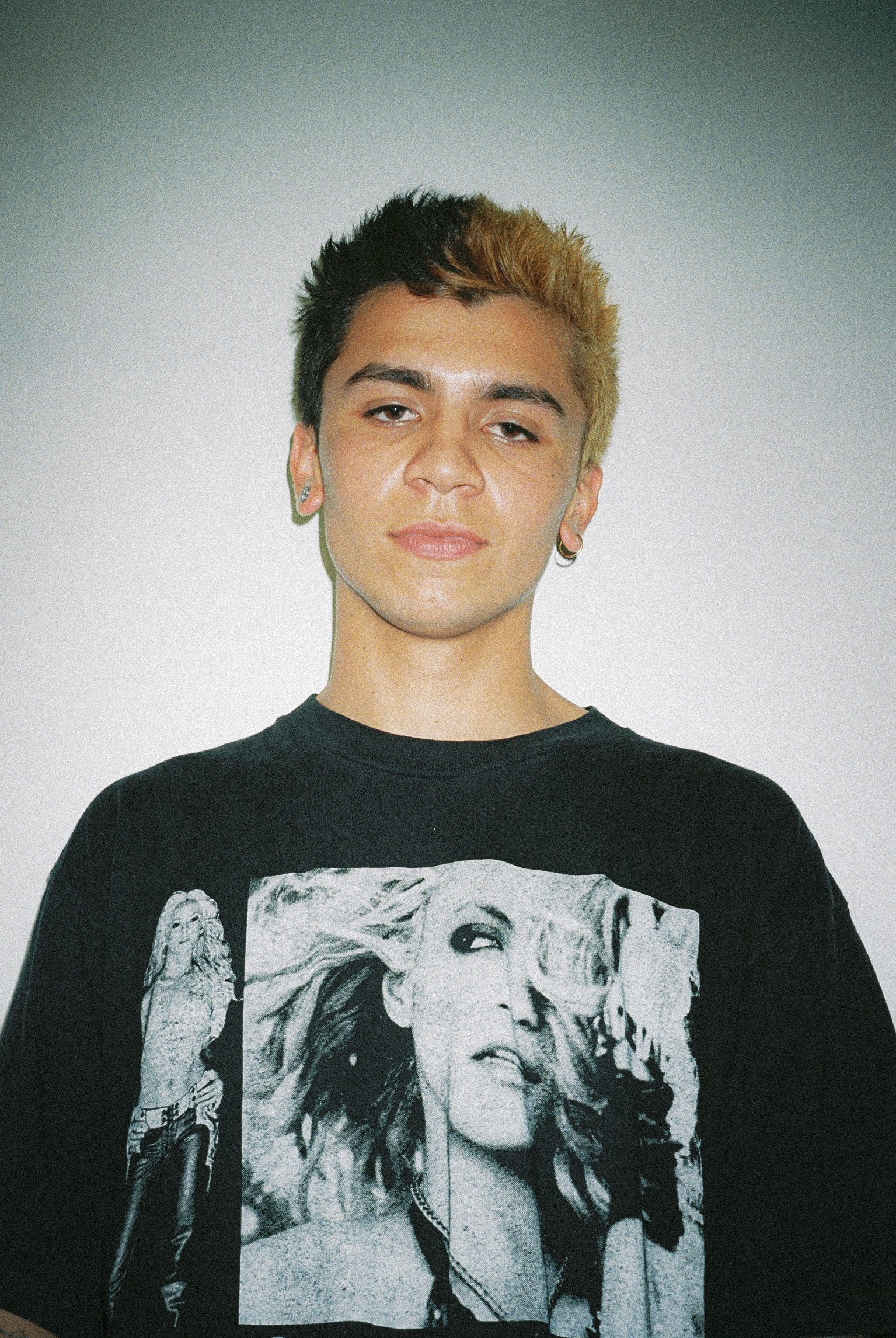
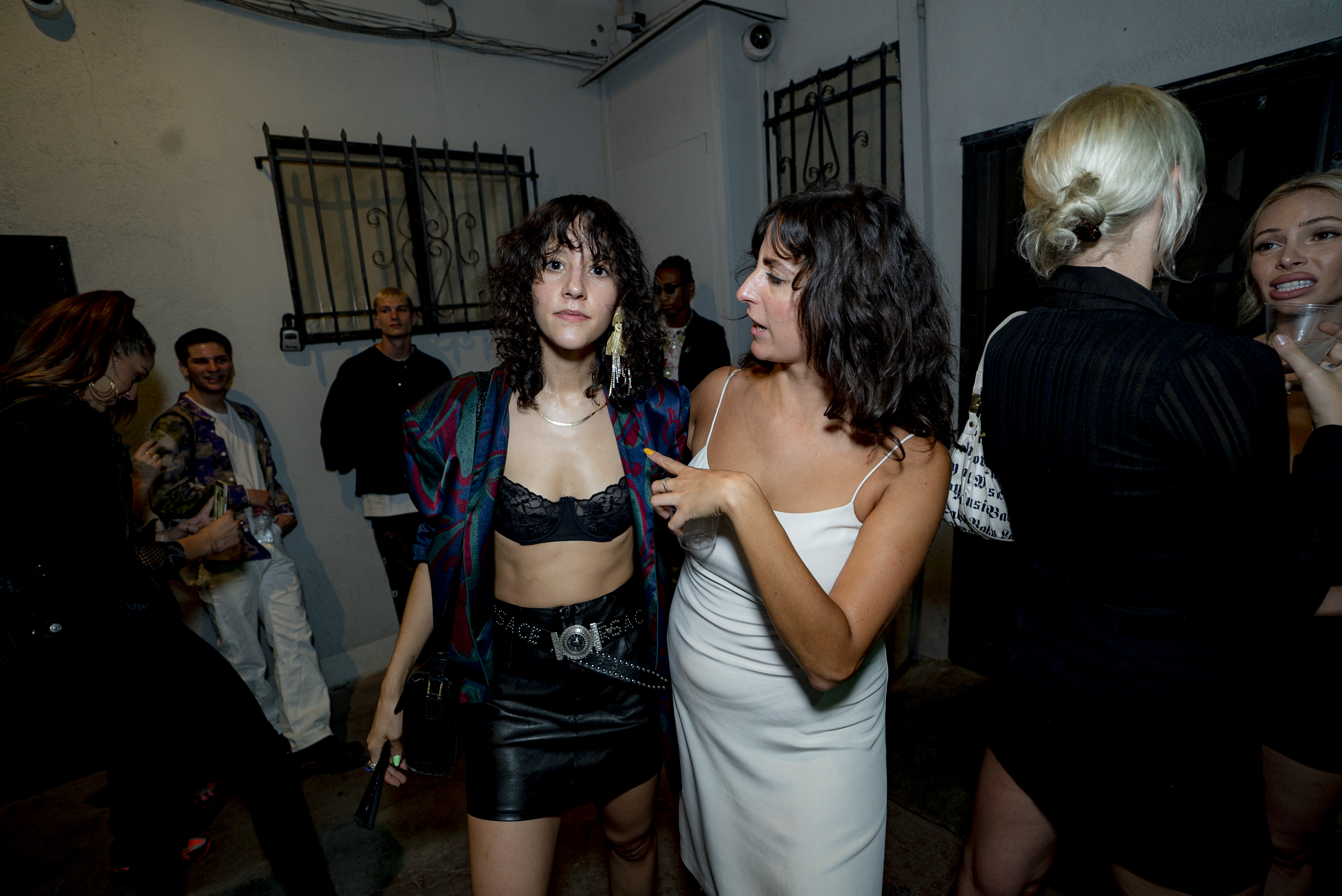
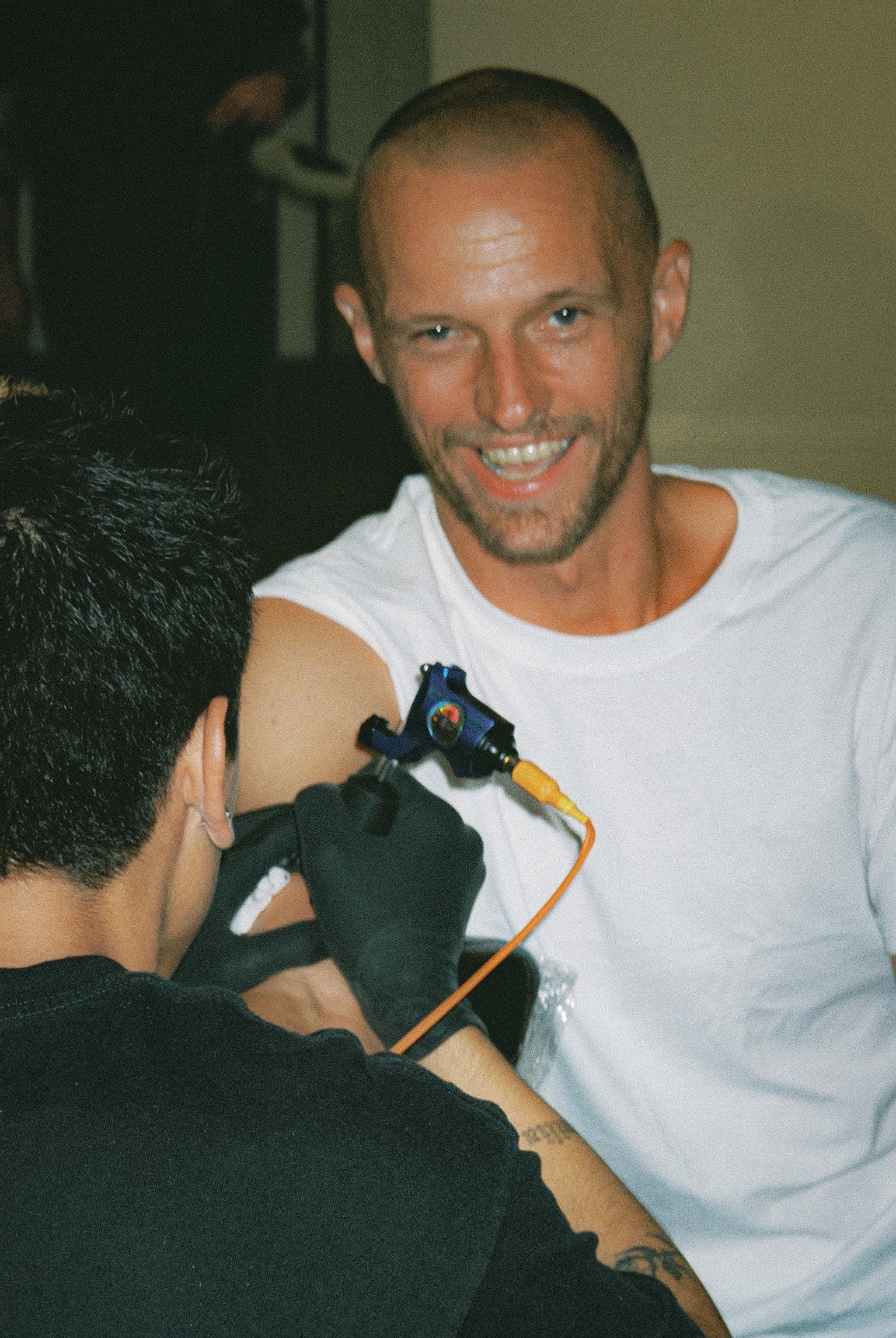
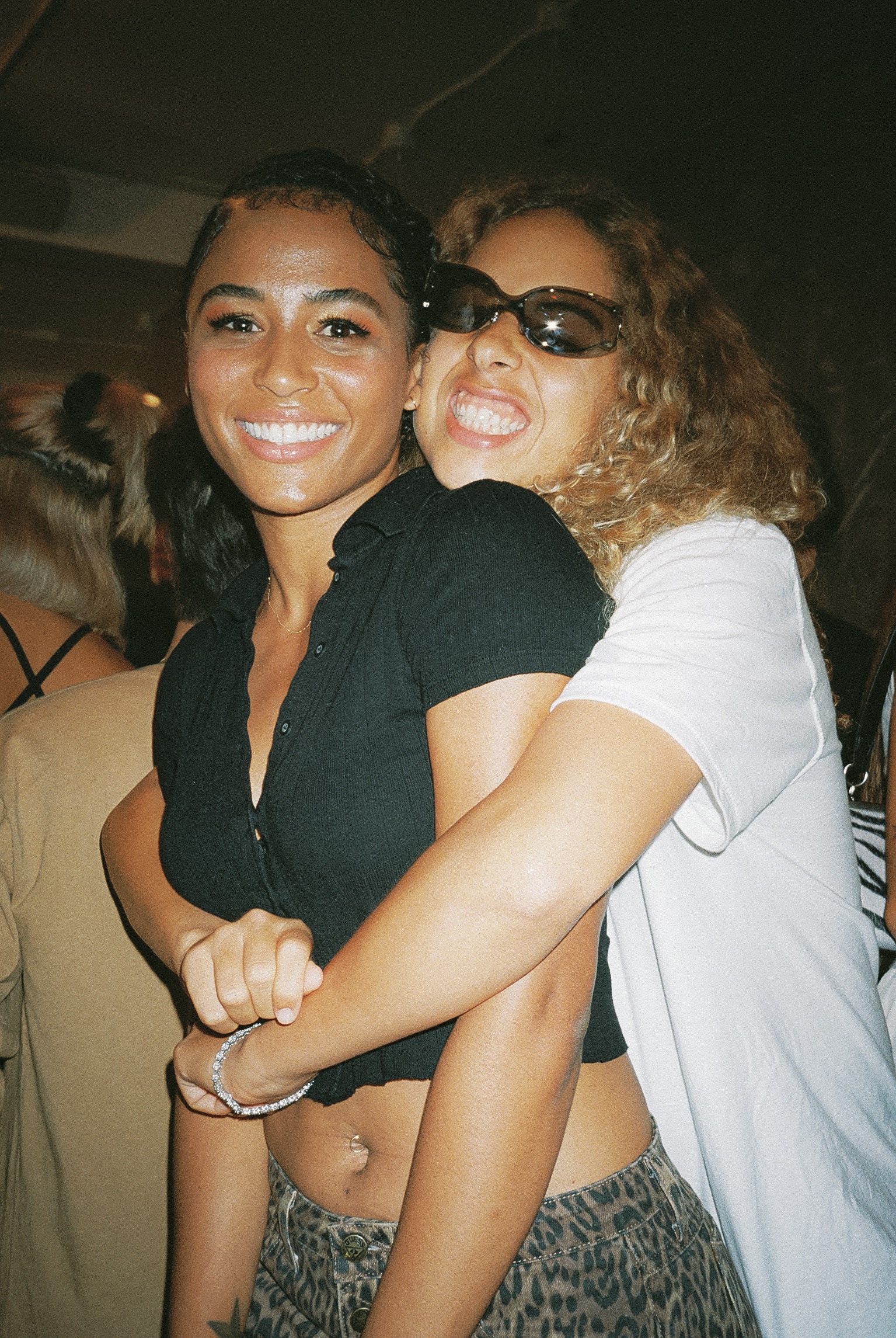
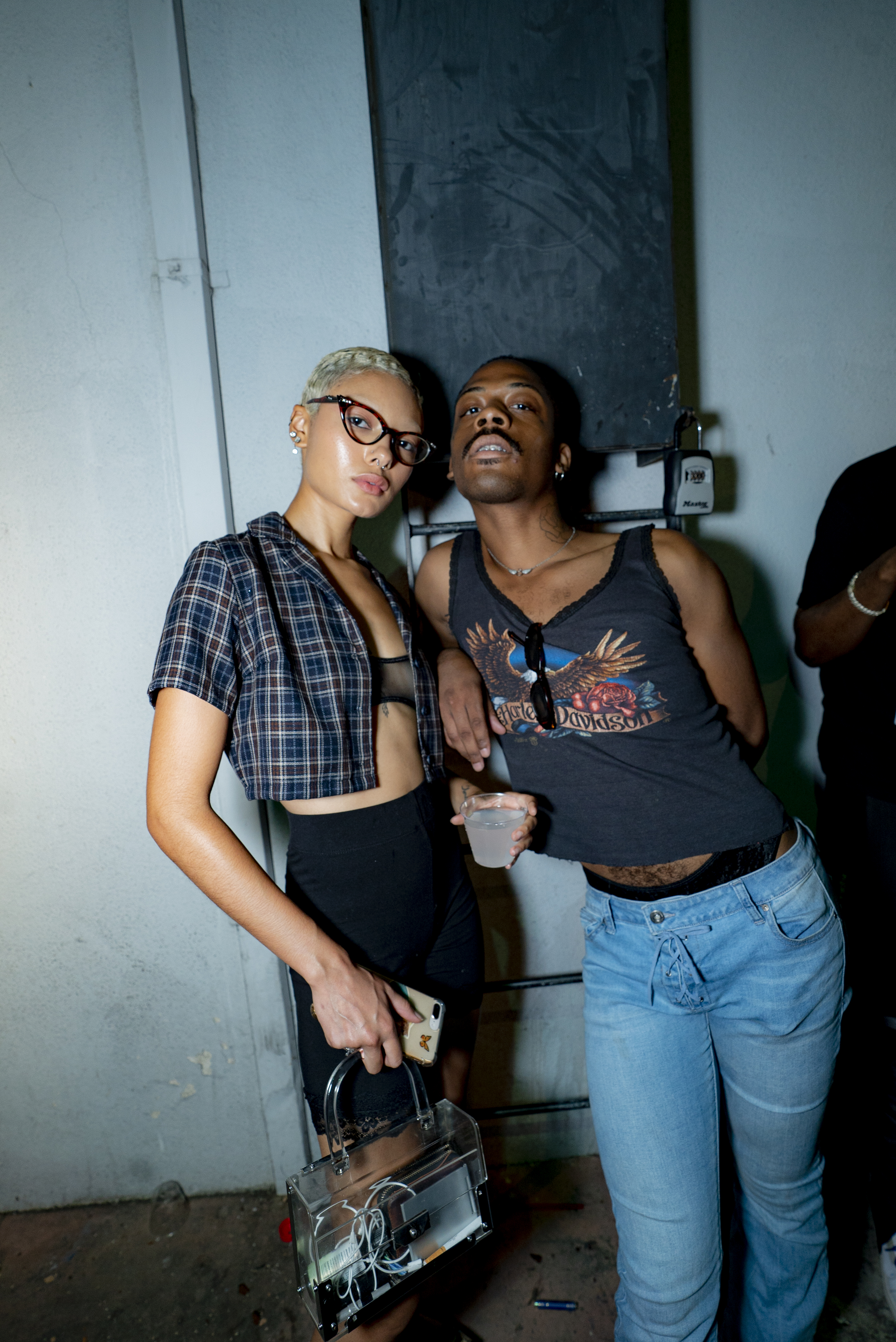
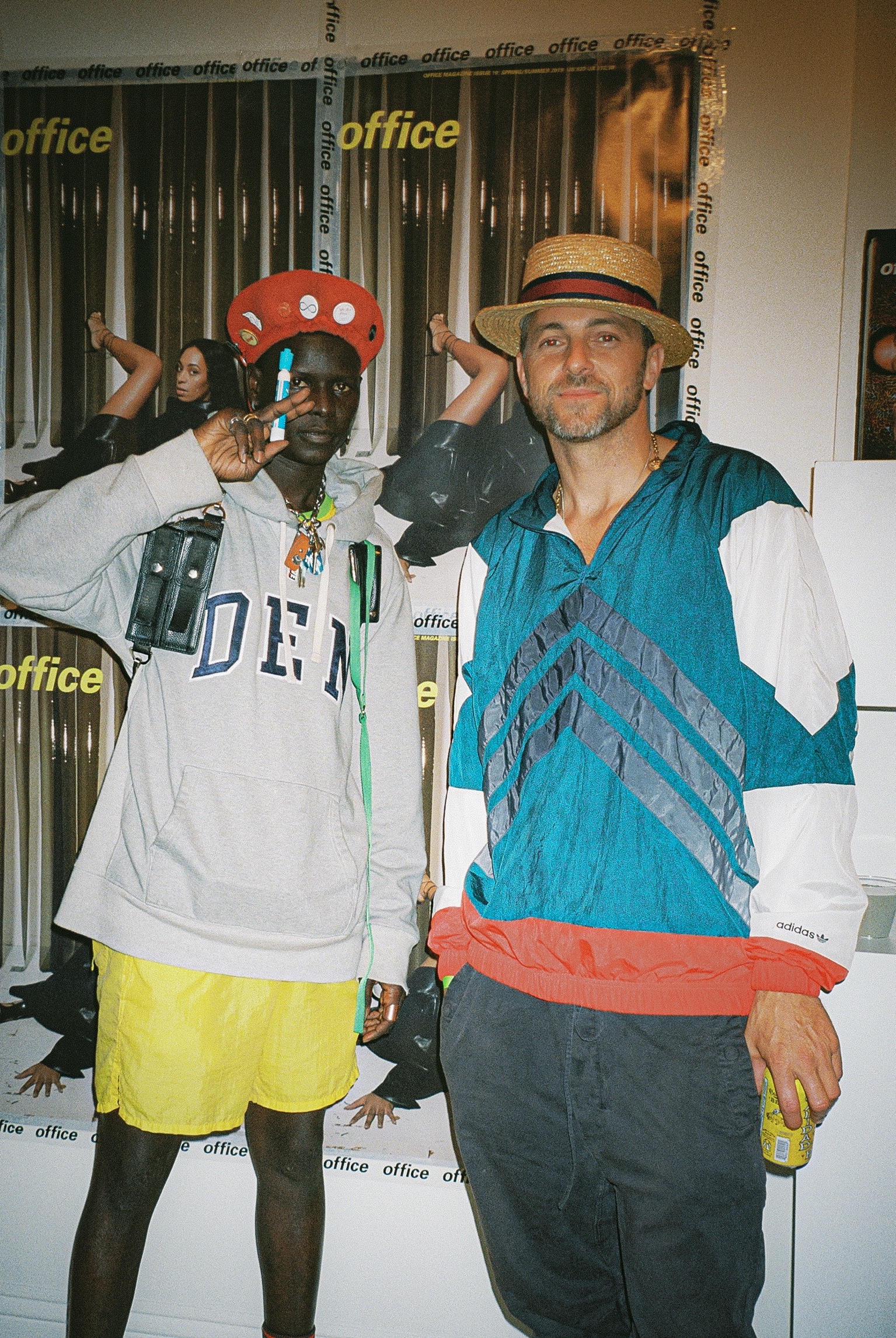
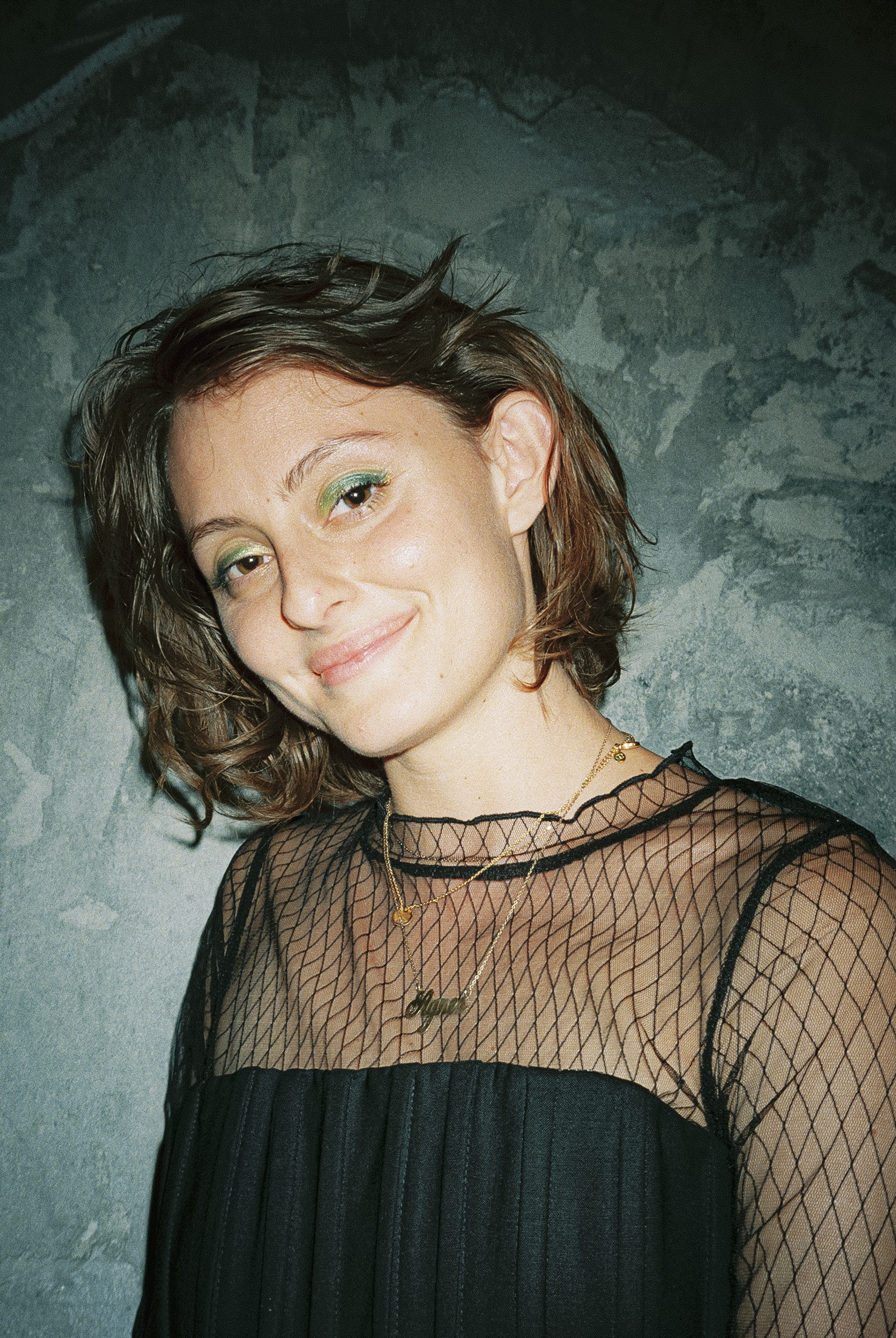

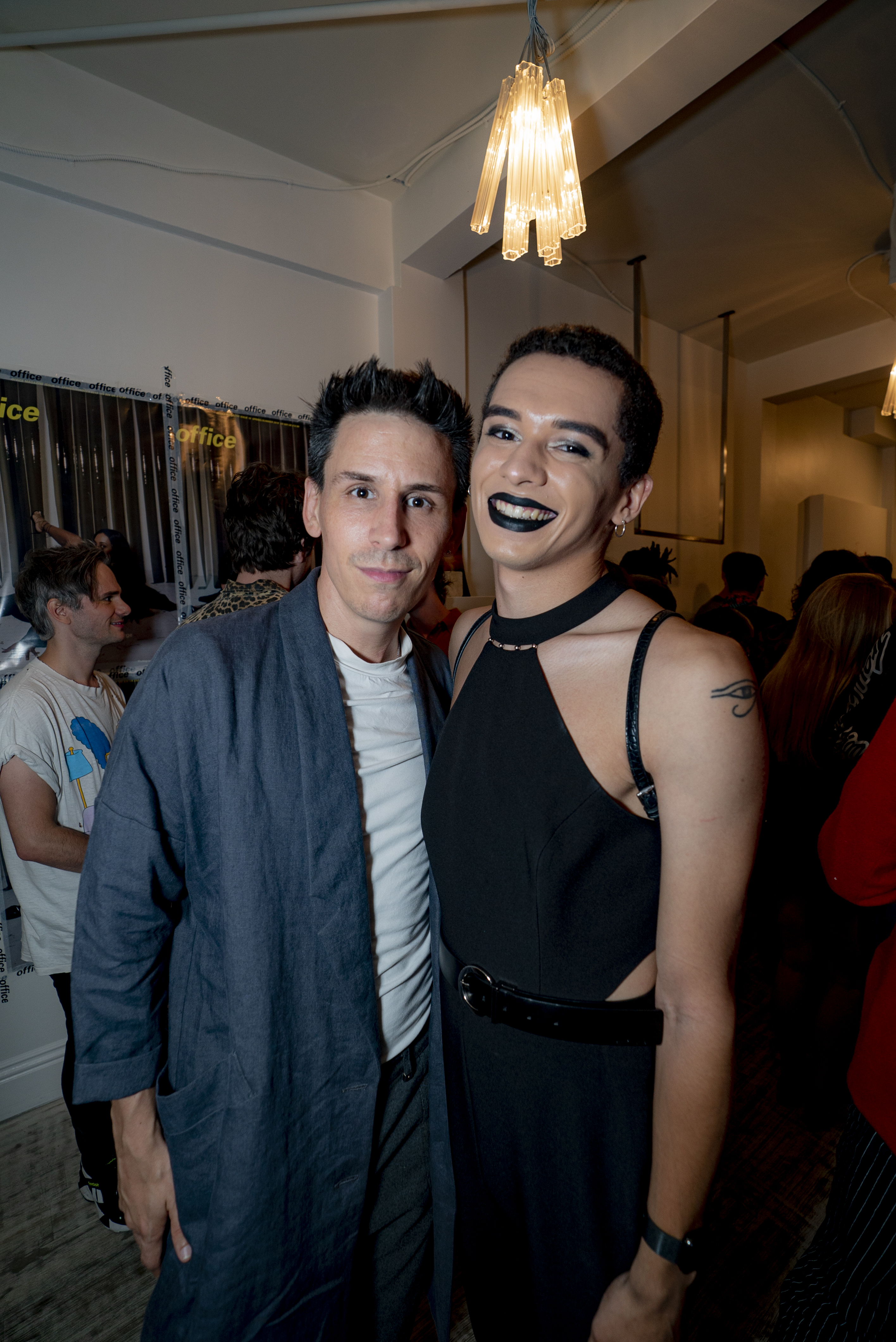
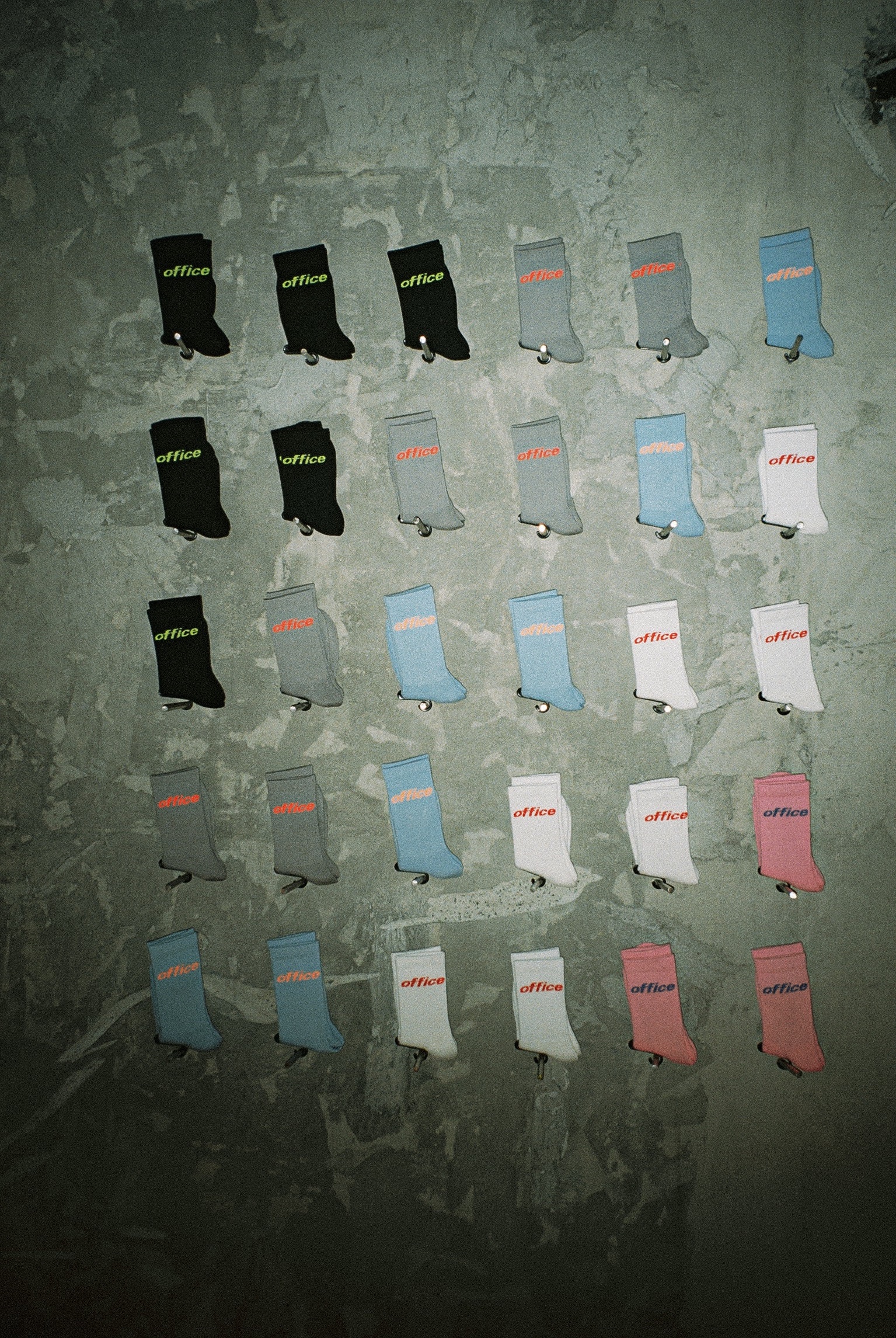
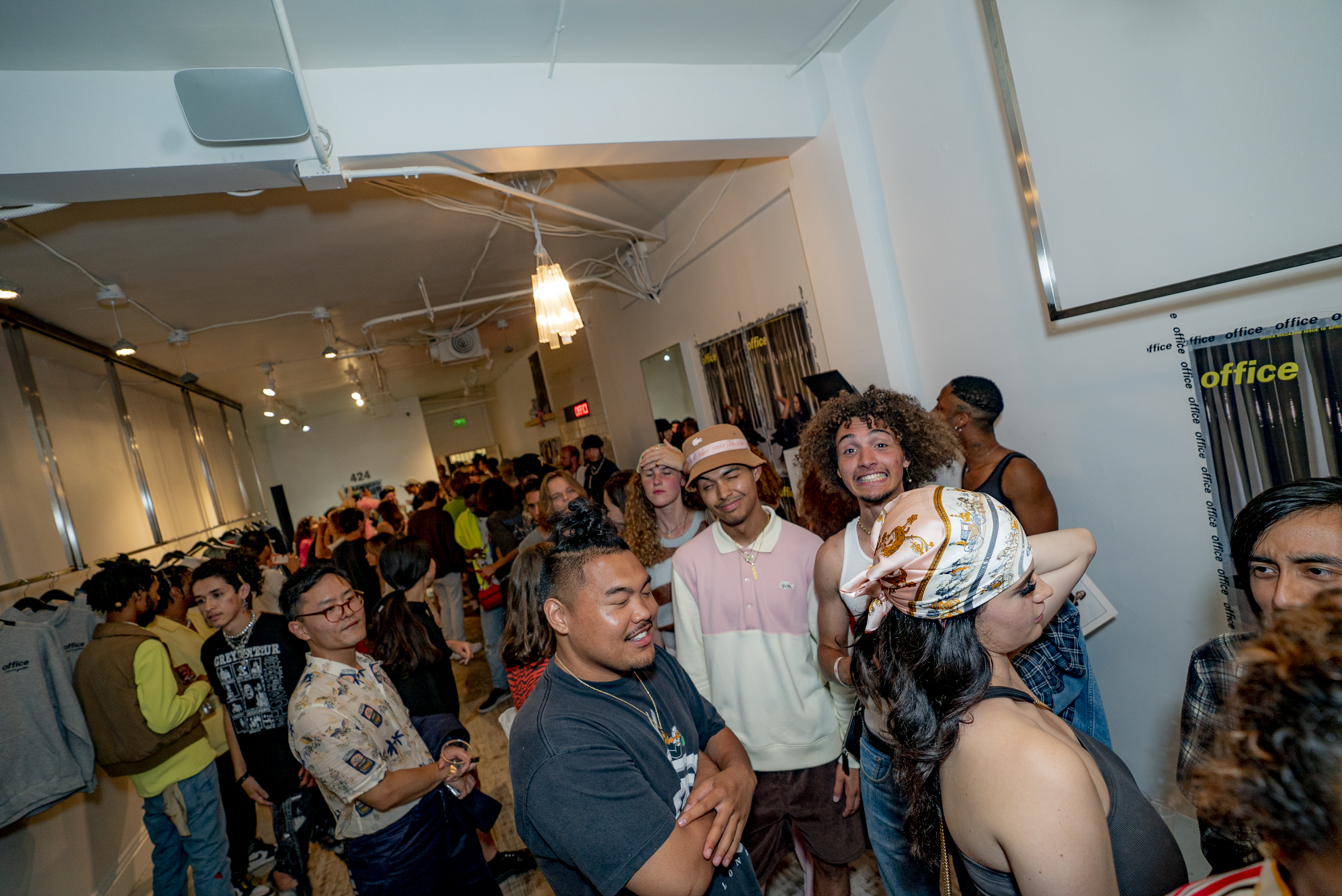
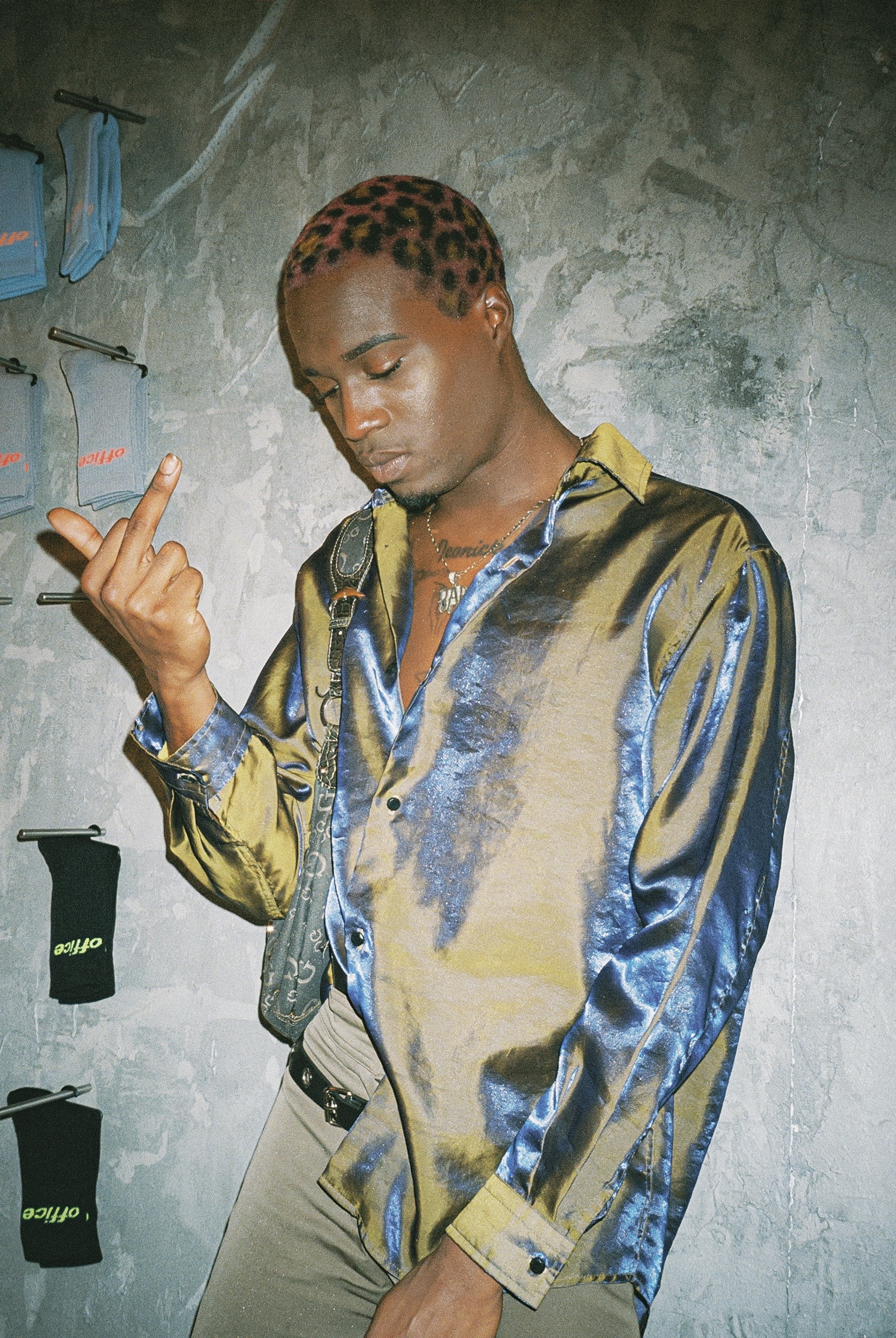
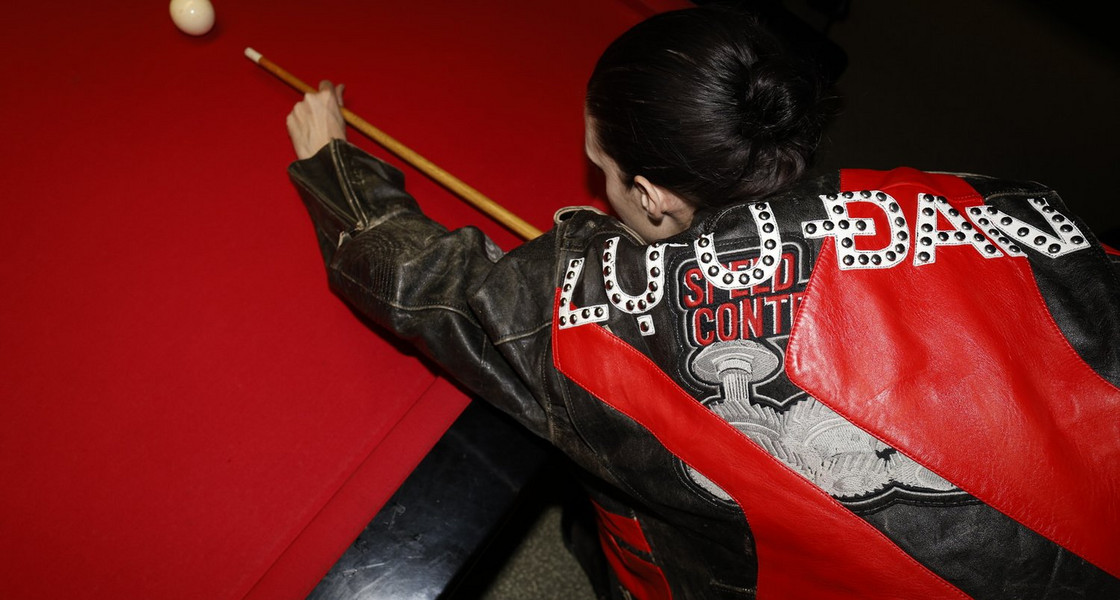
After grabbing a pint at the bar, I walk over to La, his colleague Jonas, PR icon Gia Kuan, and GKC veteran Lindsey Okubo starting up a game of pool. Aleali May is getting her picture taken. La comes over and compliments my outfit. I say, "It's LỰU ĐẠN of course."
La isn't new to Paris. He lived here when working under Balenciaga, so I just assumed he's known about M8 for years. It wasn't until the Mahjong night in September that his friend Bobby convinced him to stop by after to play a game. Upon entering, he fell in love. "After an hour, we brought in our crew and took over the place, we put on our music, cheesy 80s Vietnamese karaoke, and gangster films on the screen," he reflects. "It just took on its own life."
Tonight, everyone would arrive dressed as if they stepped off the screen, character-driven world-building as central to LỰU ĐẠN as its hyper-specific community. Between (pool) shots, I ask La why a pool night as opposed to a show or a dinner, rebutting with "the rules of the game are still very conservative here." Everyone does a dinner, a cocktail, a show. Why not switch it up?
“What’s great about the other fashion weeks is that people aren’t afraid to mix it up a little more,” he continues. Paris Fashion Week is not without its grime, but it's also still very stuffy. Considering how quickly M8 is filling up, it's clear that La's onto something. It seems that these days, the appeal of being invited and going to a fashion show is being able to say that you were there. Rarely does anyone actually take in the moment, their phones prepped to capture every look coming down the runway.
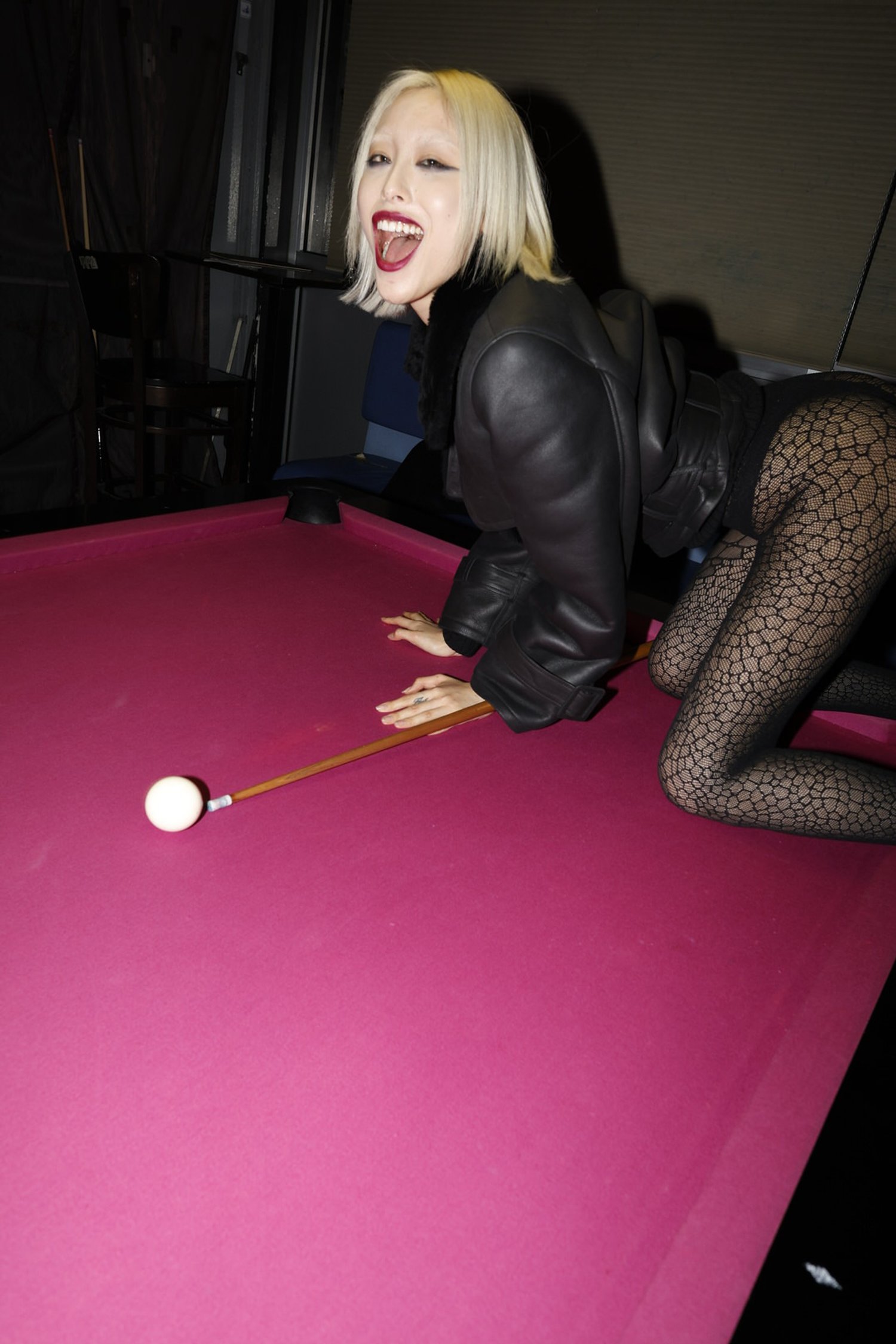
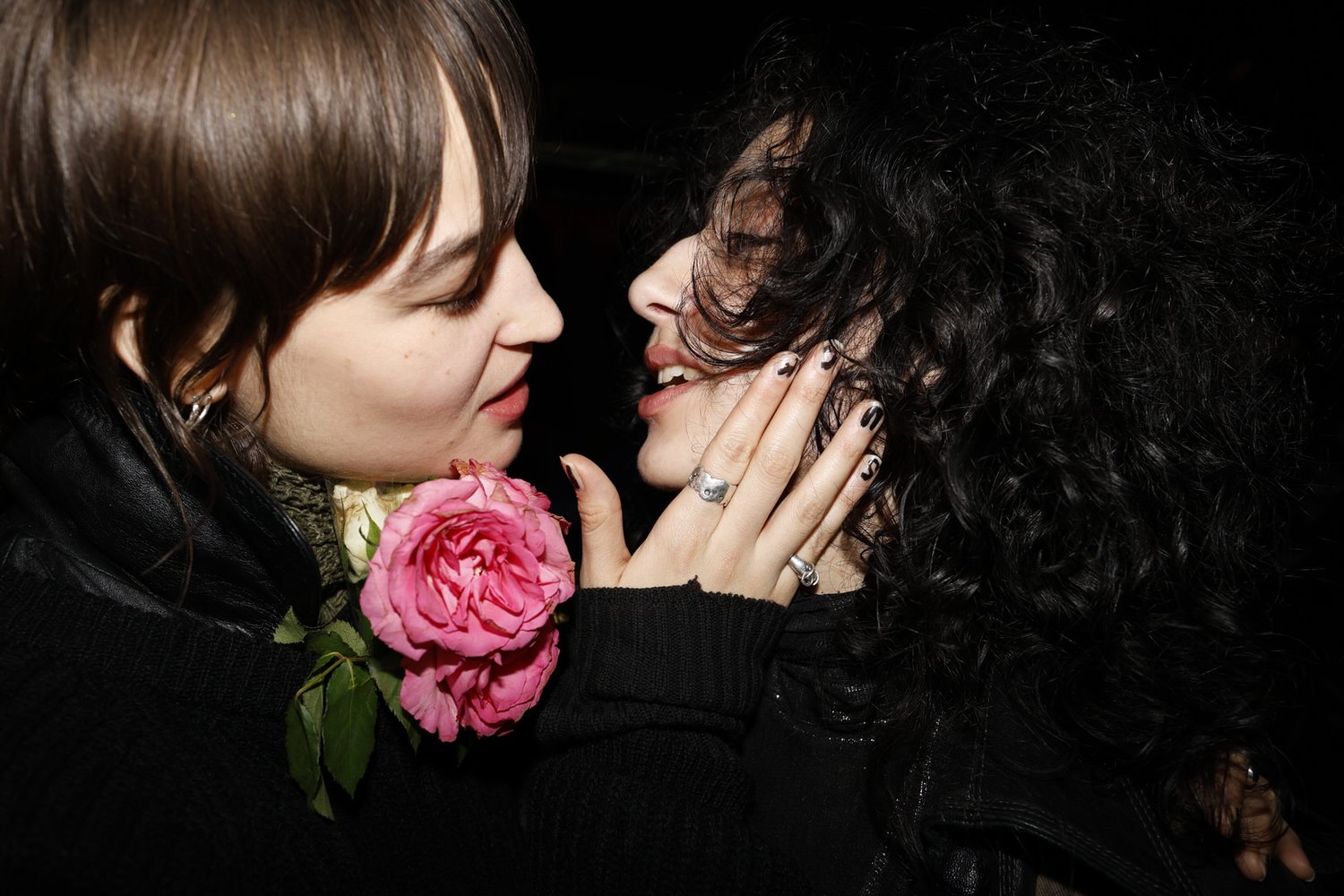

Tonight's pool night was part tribute to Jiman Casablancas, a Malaysian punk rocker turned activist and lawyer who passed earlier this year. He, Hao, a DJ from Chengdu who La met at a party during his first trip to Shanghai, and James, a reformed bad boy hailing from the Philippines starred in the collection's campaign. Even in Malaysia, La muses excitedly, “The punk rock scene is still rooted in those American punk anthems and that look, but then it's like these dudes are from Malaysia. They're tan. They have a different flavor.” Outside of the West, "there are these little pockets that interject a local energy into what are originally American influences."
By 11pm, all of the pool tables are full. Mark, the cobrasnake, walks in rocking a short-sleeve button-down from the collection that really suits his LA. “I thought this was a pool pool party, I wore my speedo," he tells me. I wonder if his speedo matches the button-down. I chat with model Ava Pearlman and writer/model Annabelle Weatherly who have also been in Paris for a week. "On the first night, I hated Paris," Ava tells me. Tonight, she loves it, especially because in here, she "can't tell what city she's in.
The crowd stuck around well into the night, late enough to get kindly ushered out by the bar staff. Exiting M8, it was clear that Hung La has no desire to fit into anyone else's world. He'd rather create a new one.
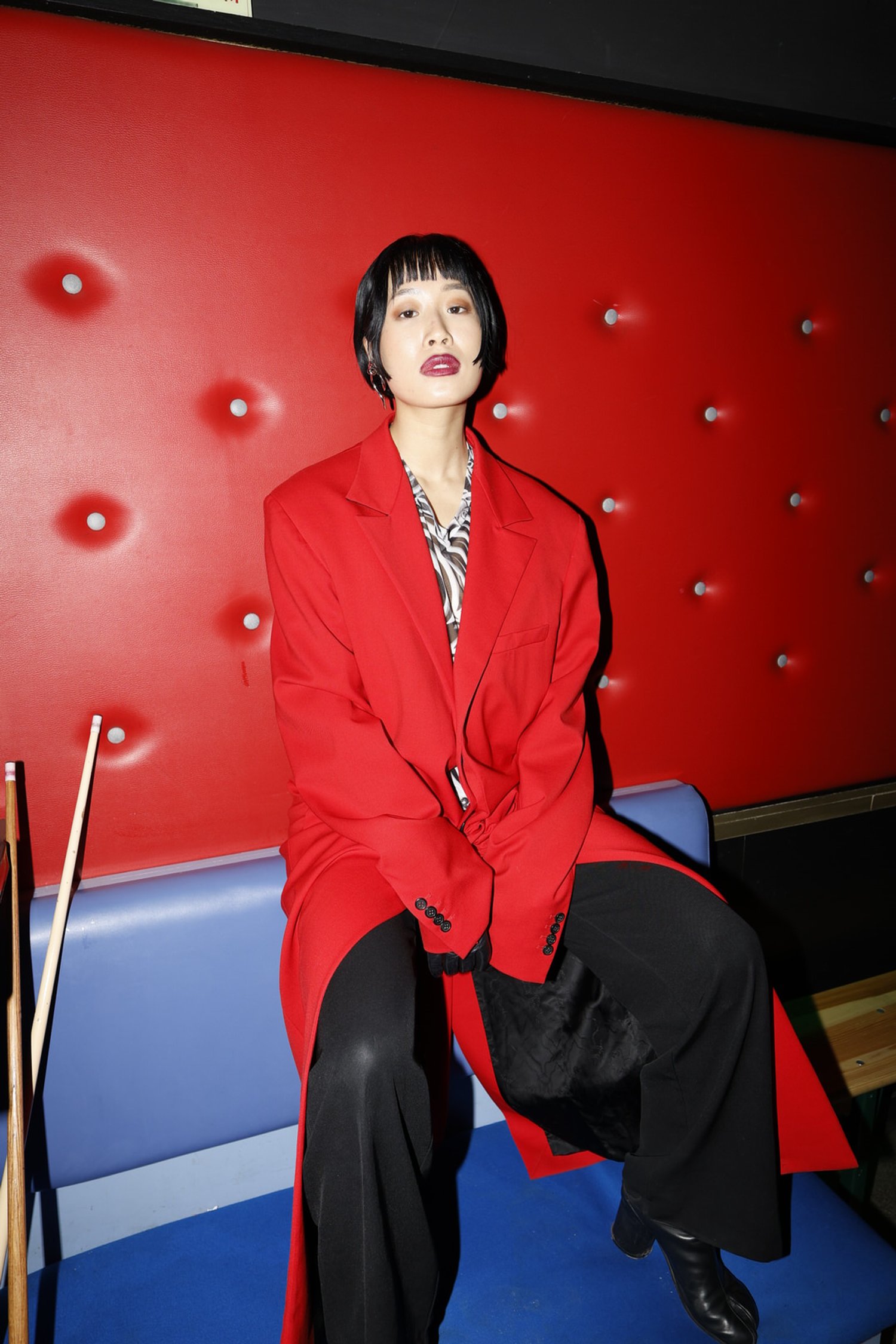
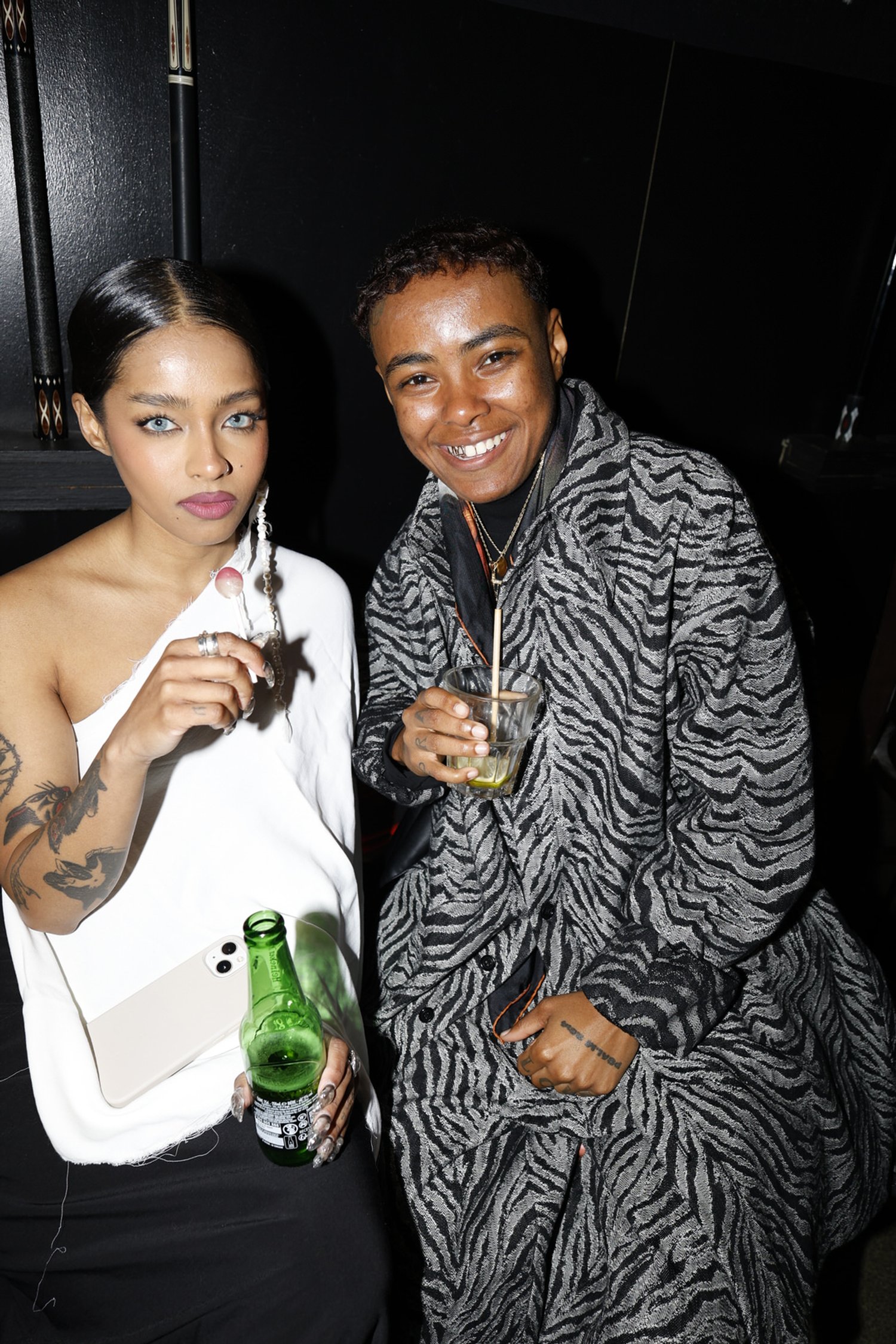
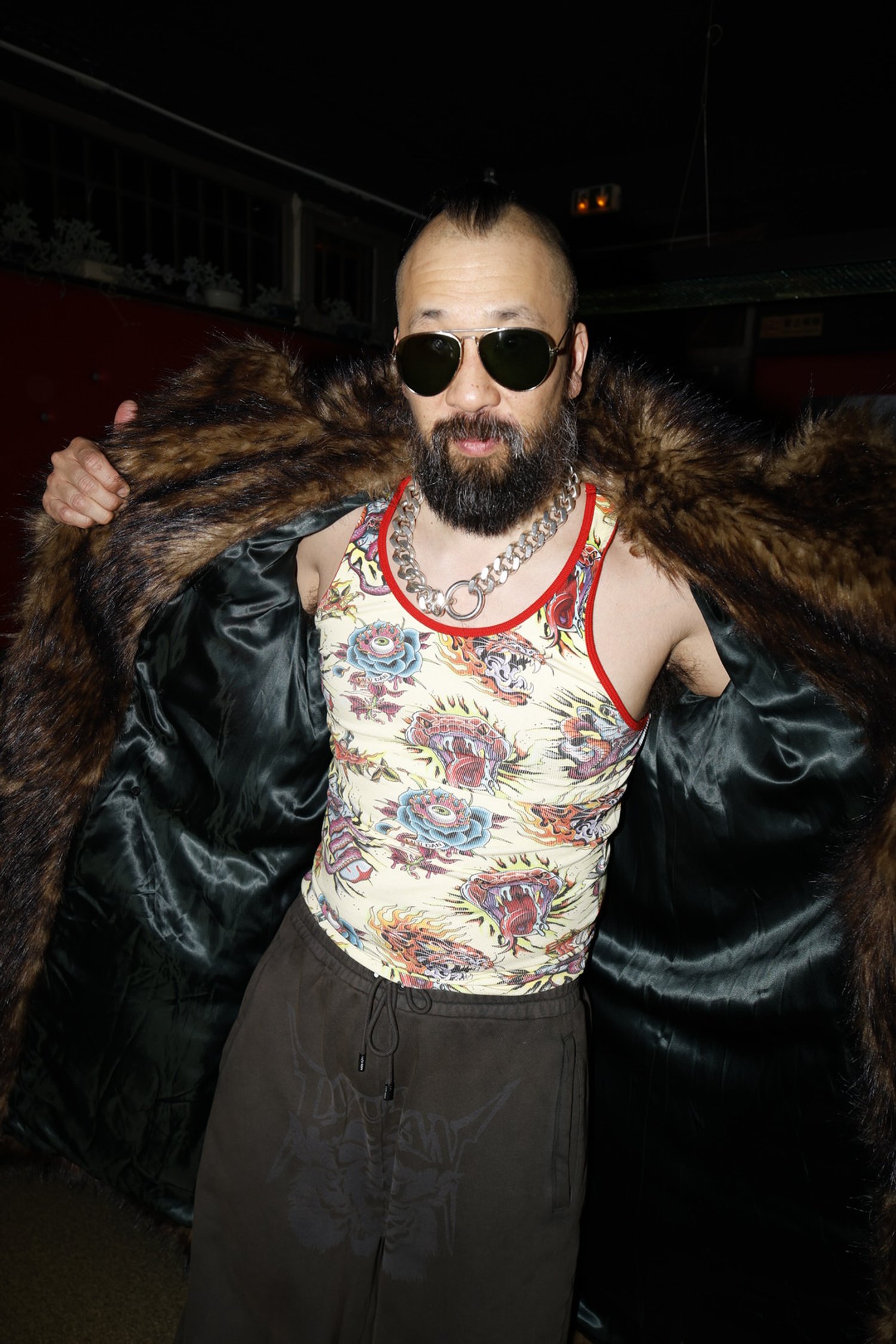
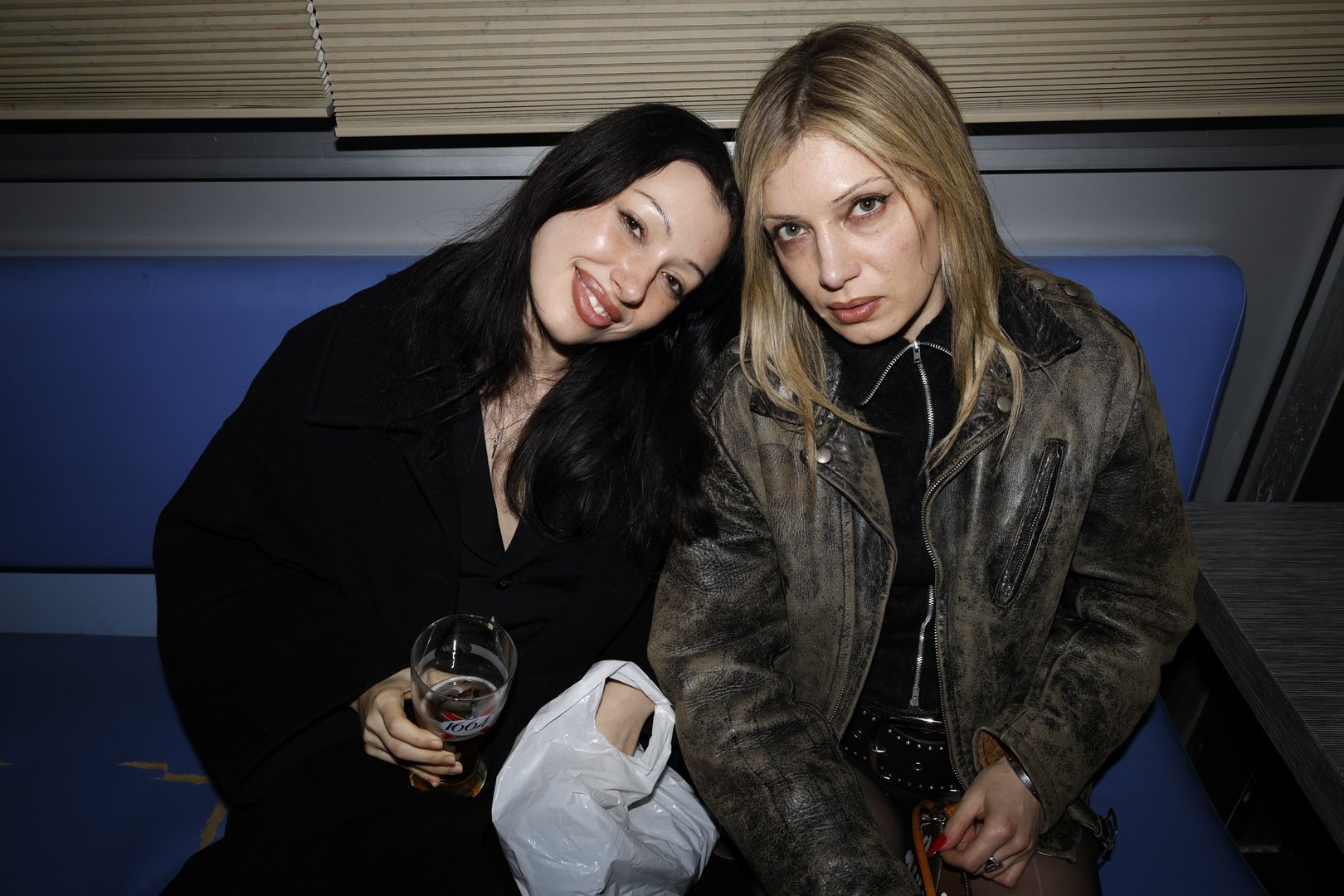

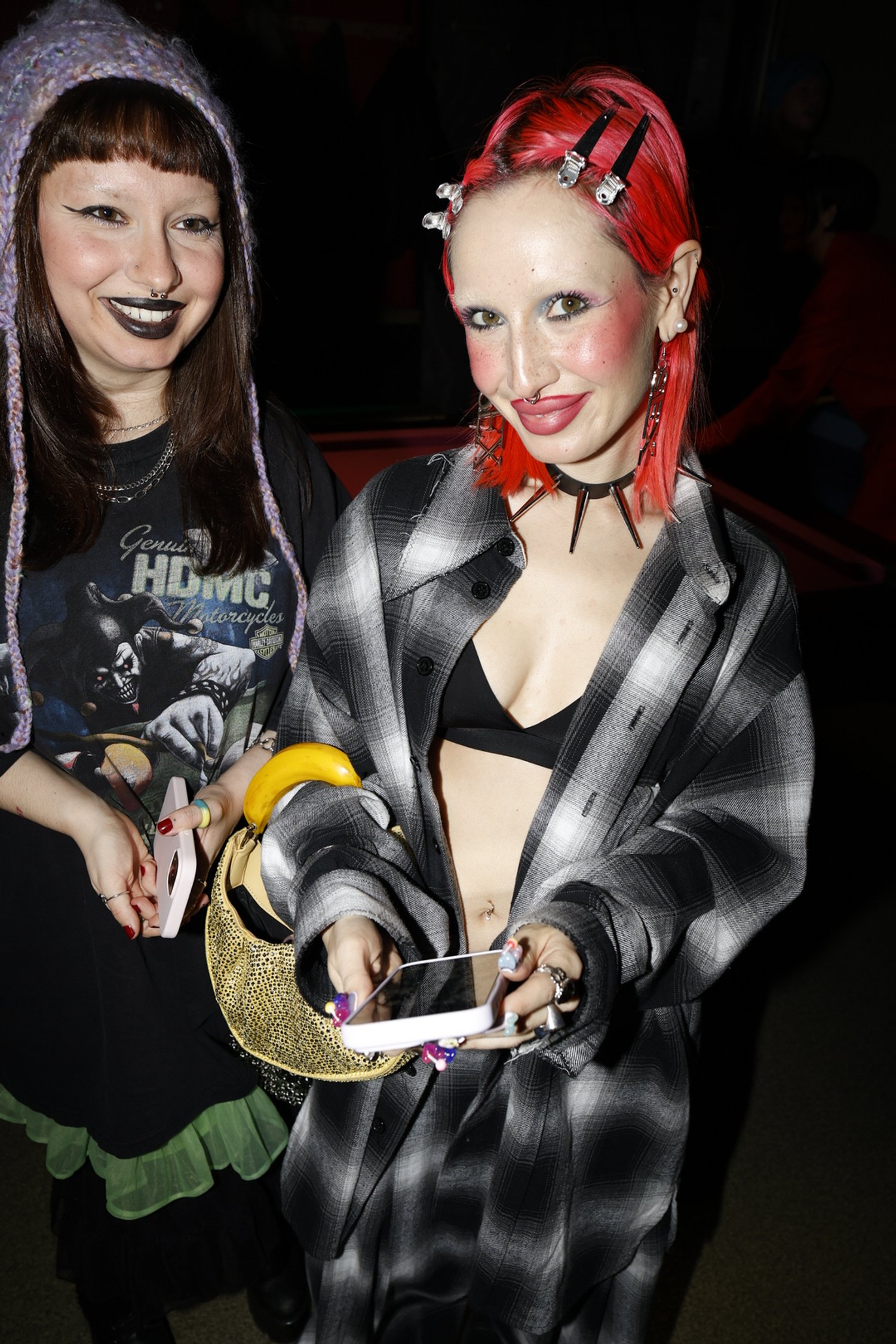



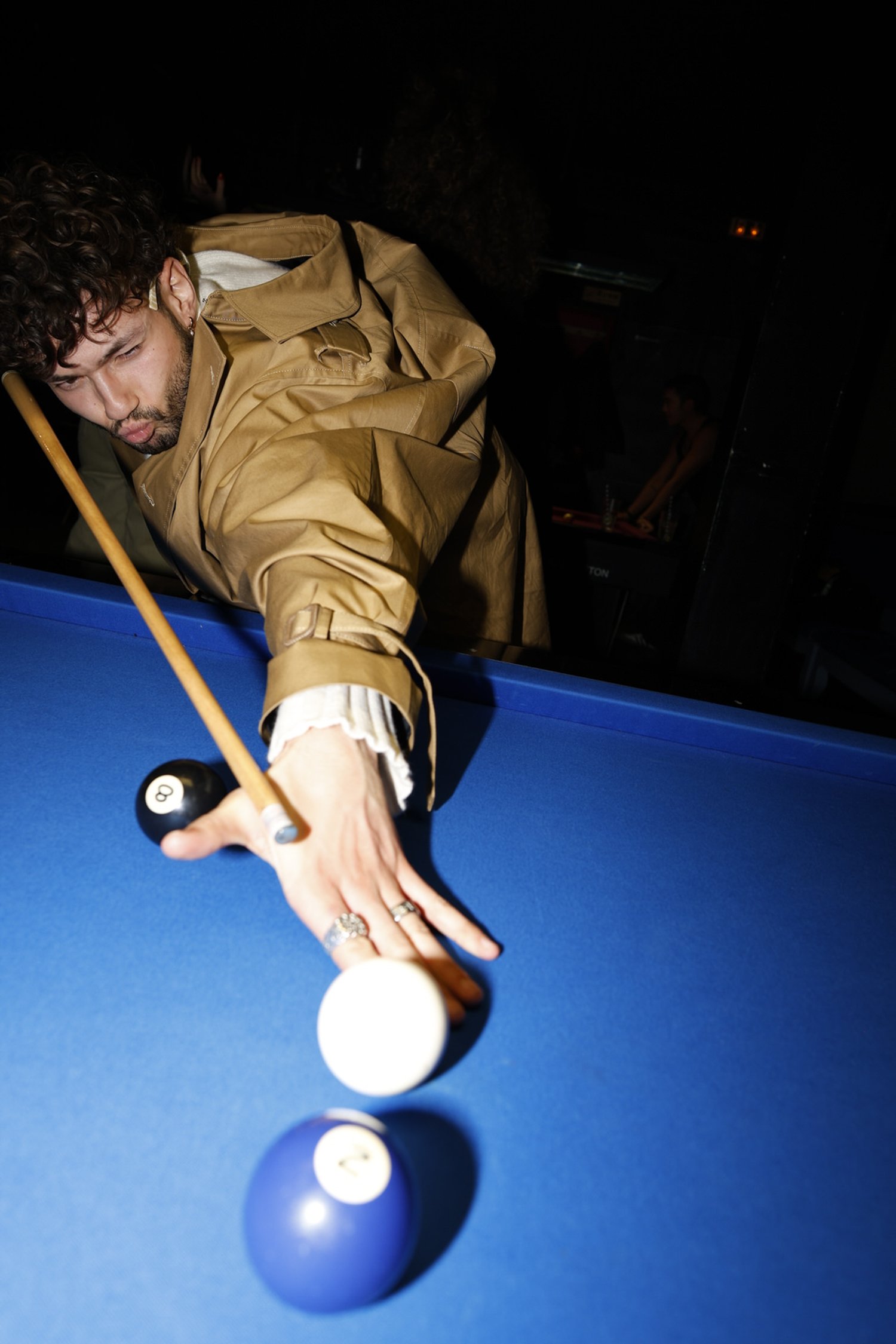
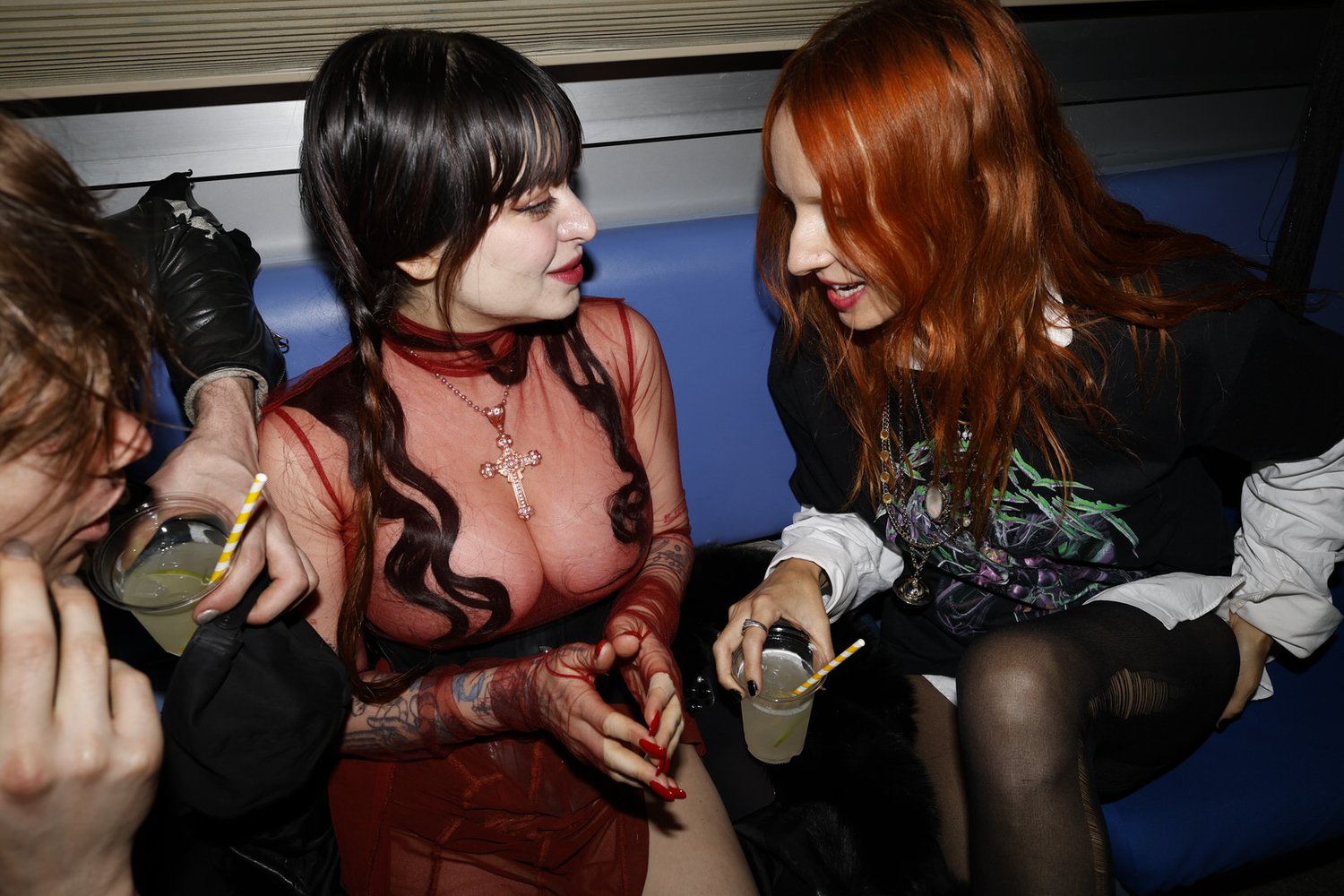
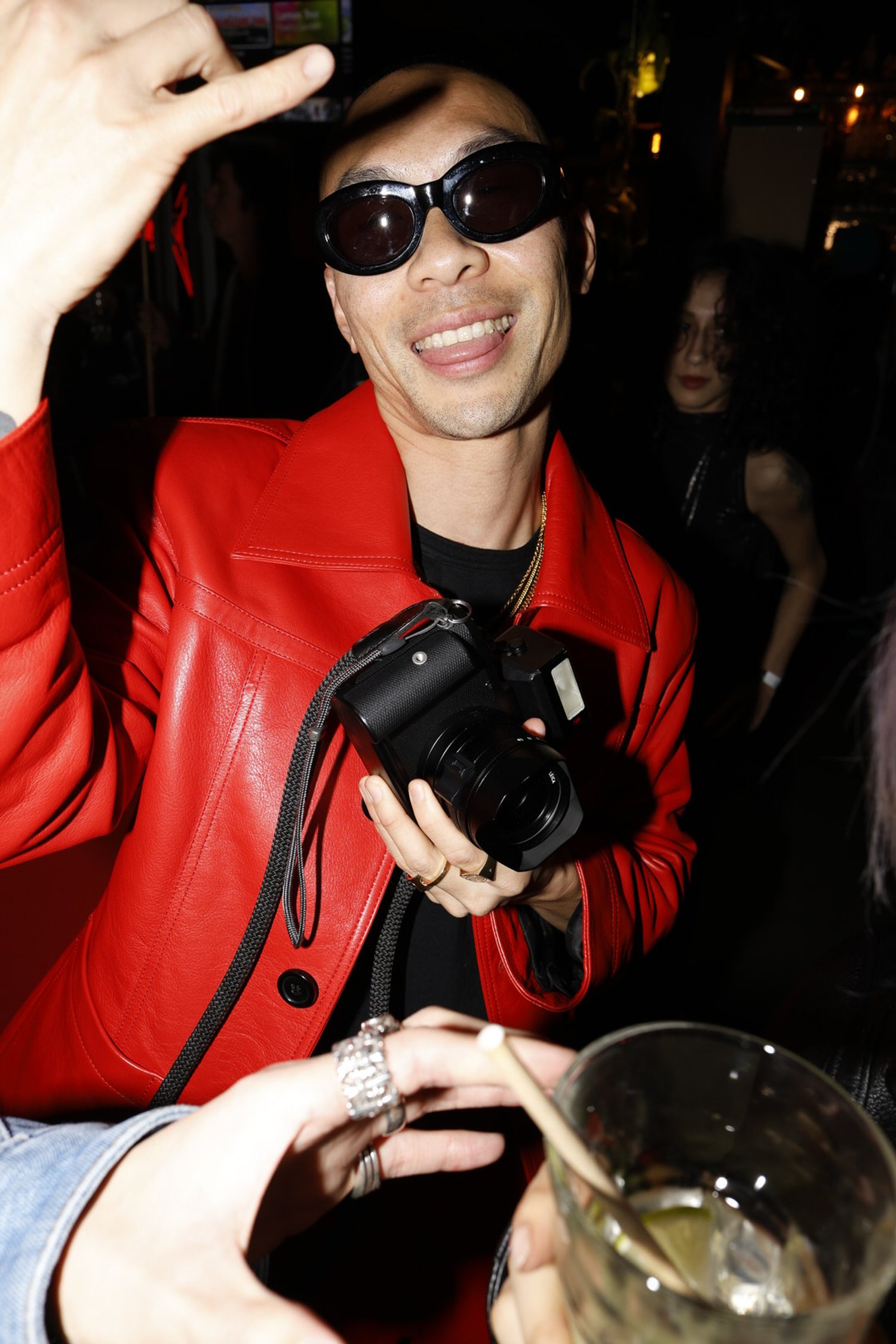

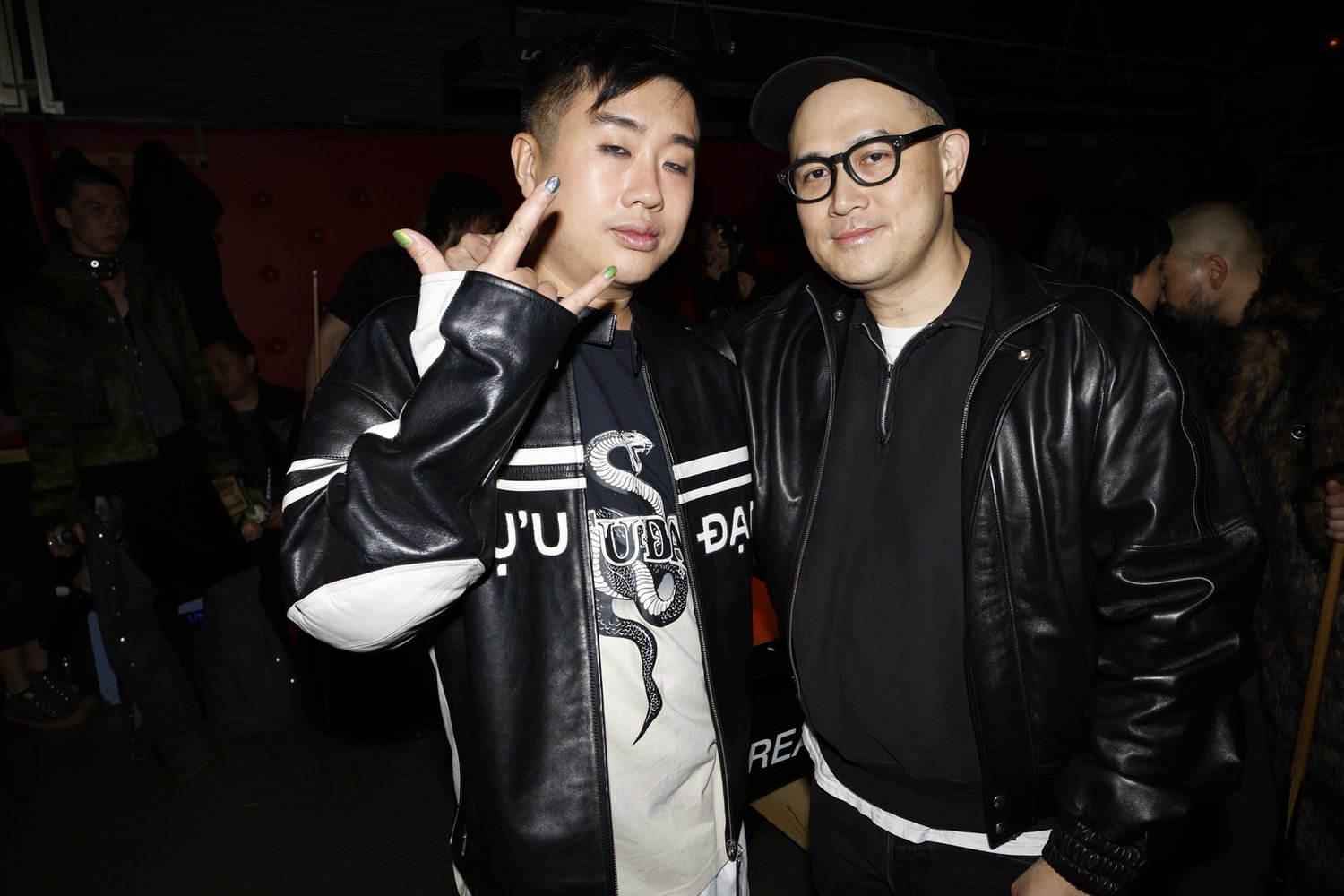
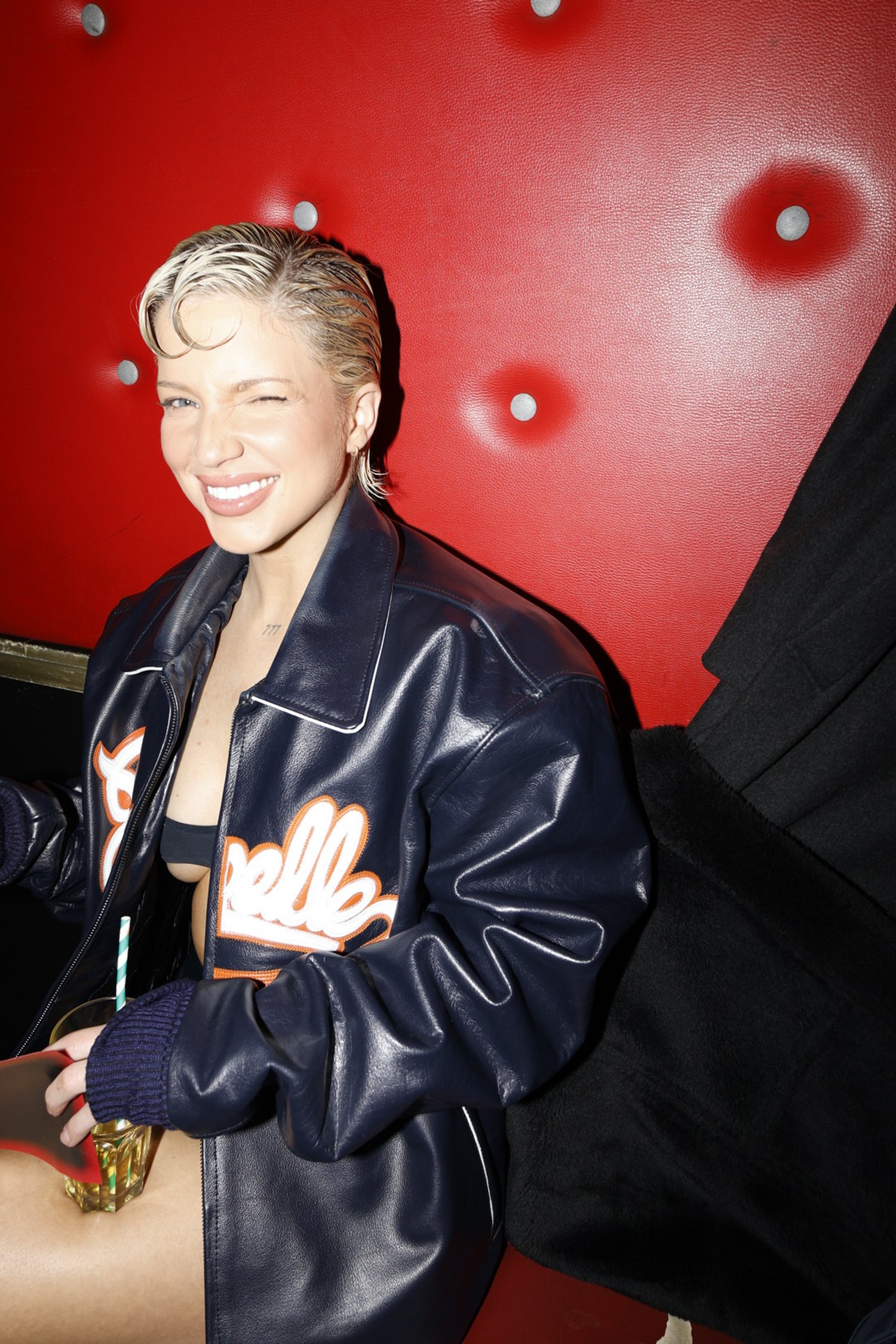
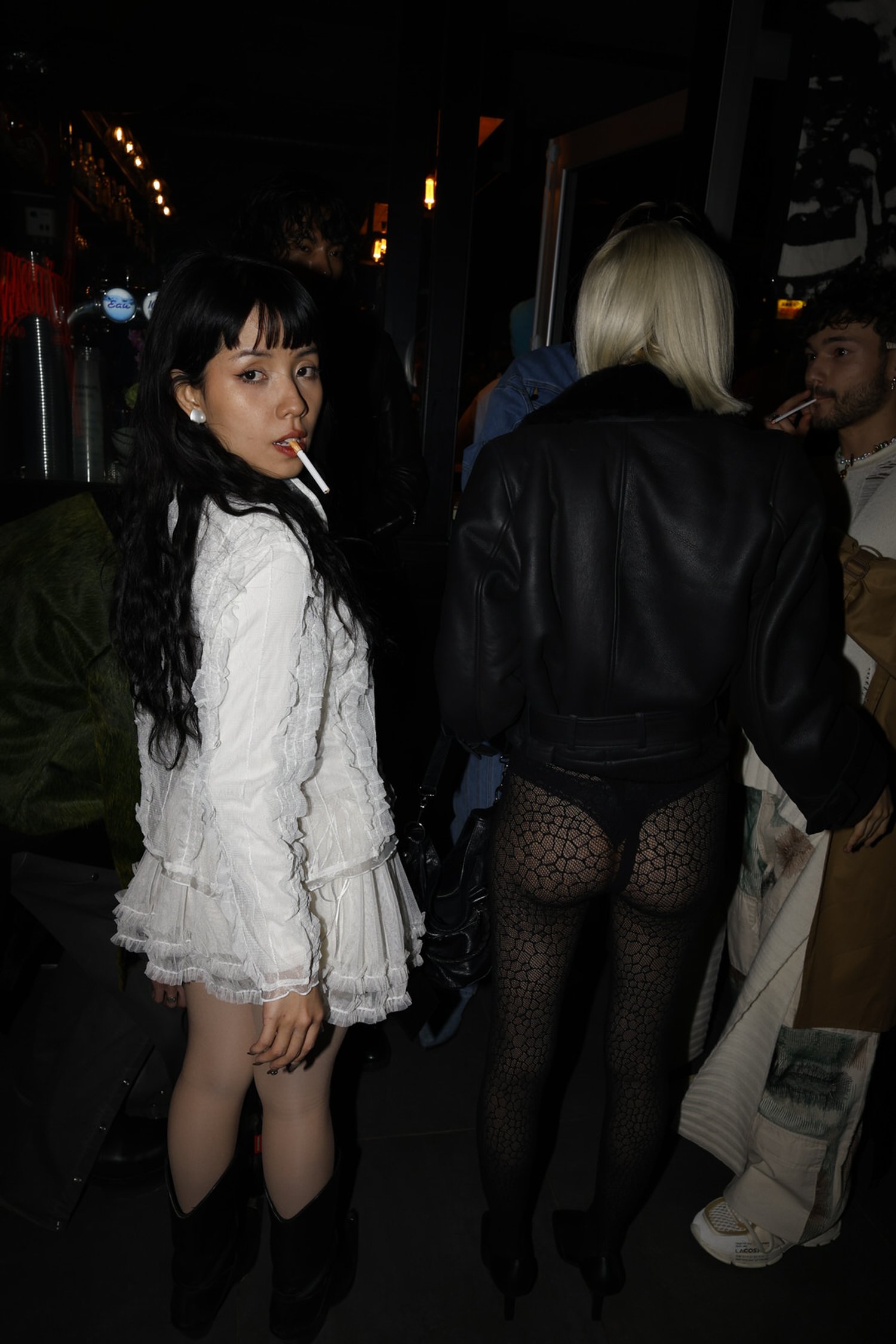
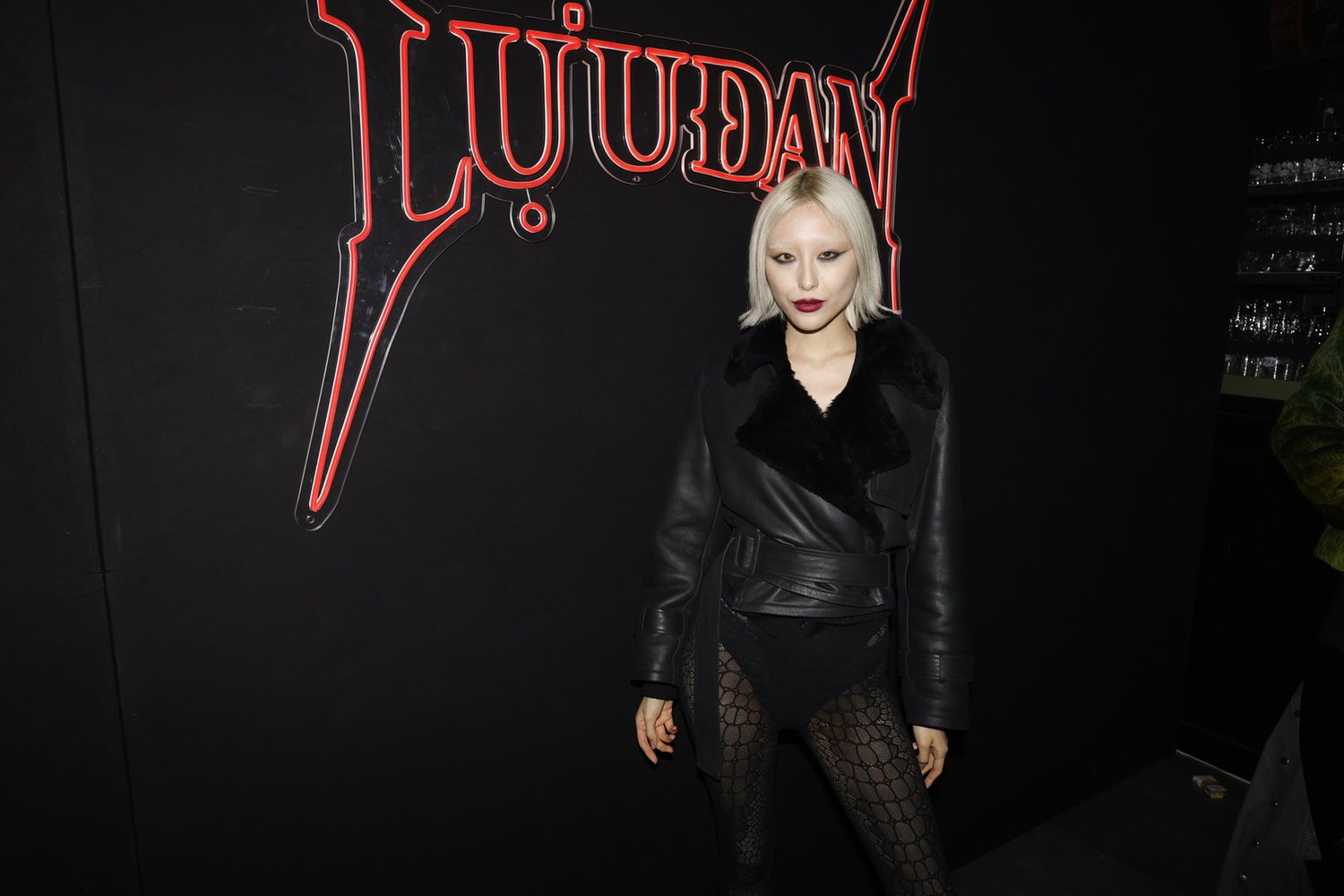
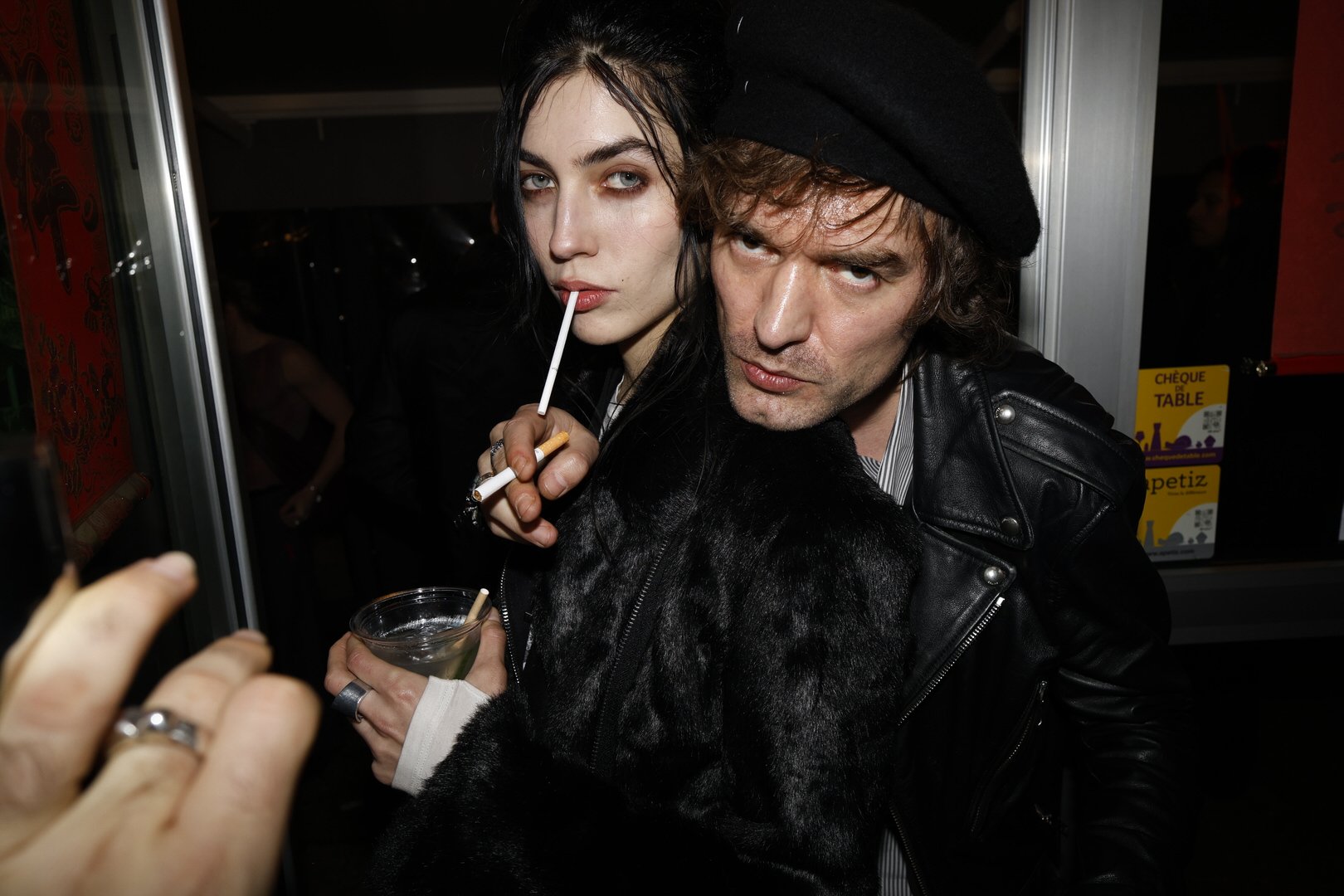


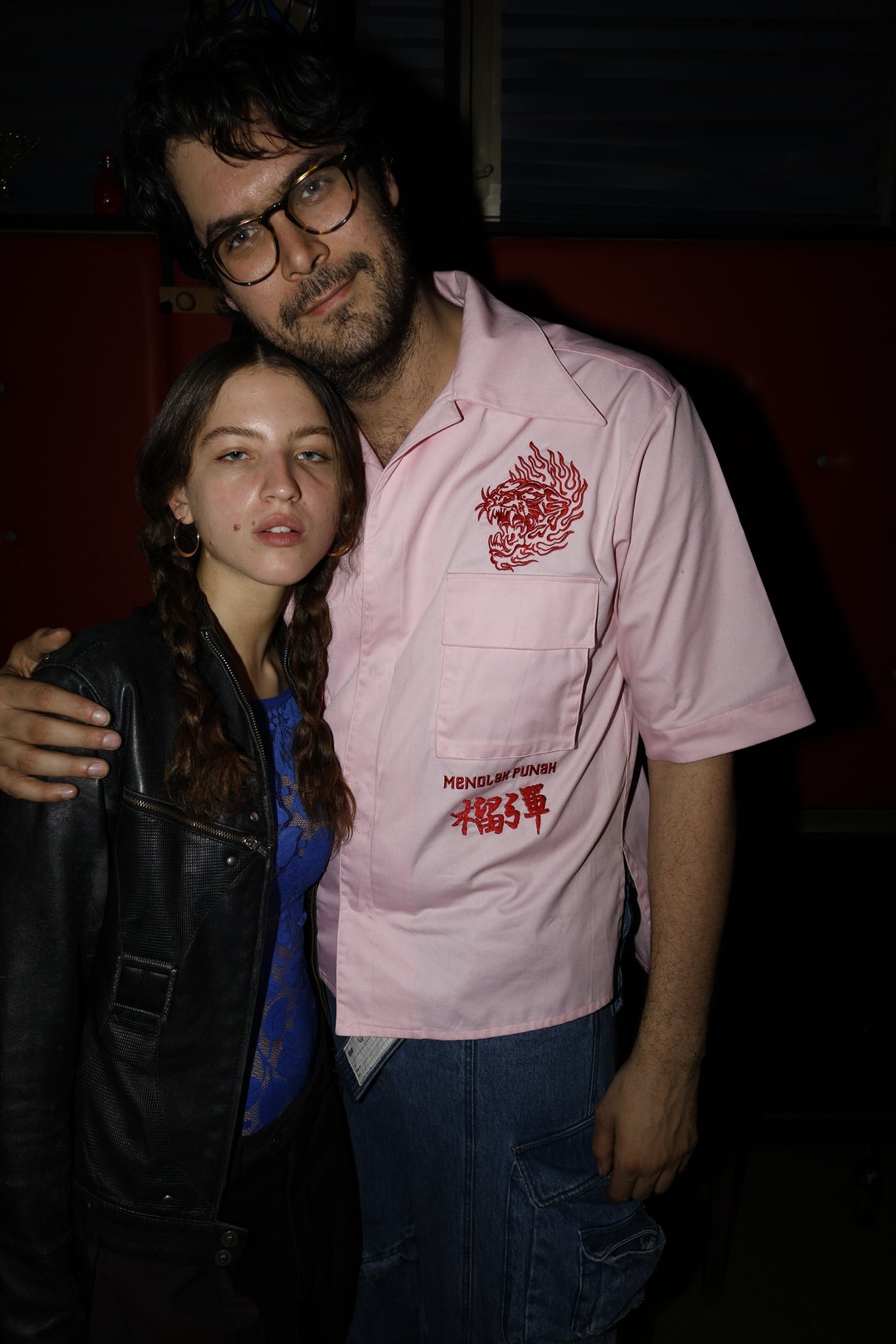
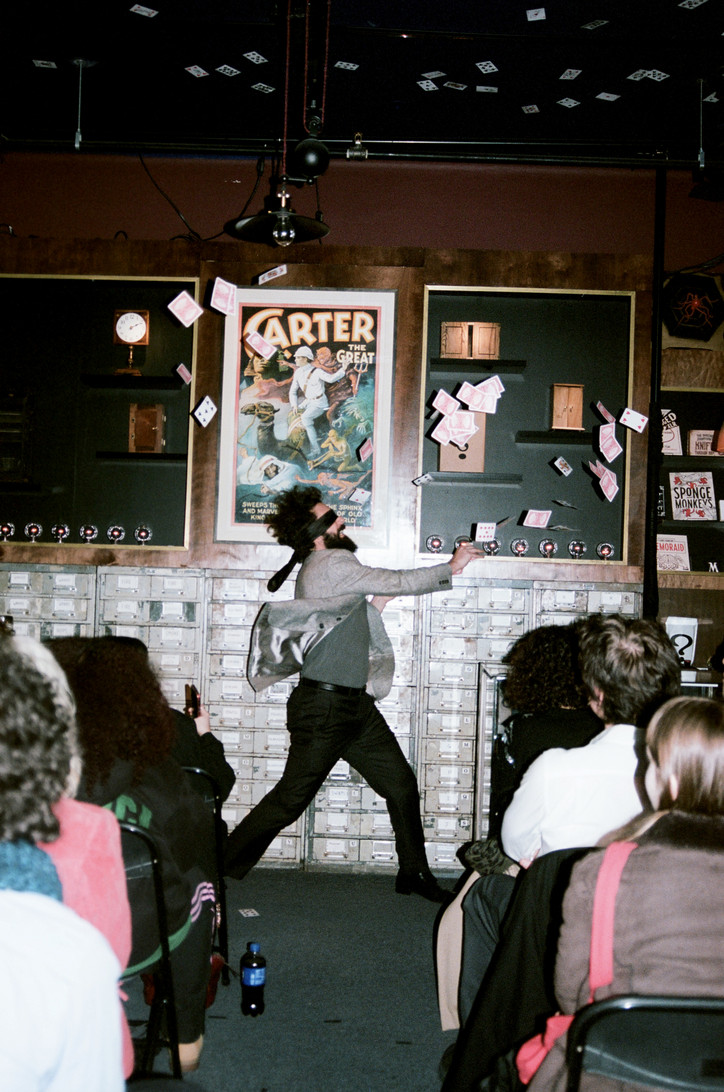
We open with magic from Noah Levine, who says that tonight, we are all becoming part of “magic’s inner circle.” Meanwhile, I’ve never solved a Rubik’s Cube. He starts, saying, “You can probably tell I was a kid who had a magic kit growing up.” We can. “Did anyone else have a magic kit?” Some people shyly raise their hands. Fire offhandedly comes out of his fingers. Noah makes marbles appear in cups and other fun magical things. After the reading, Vilda and I admit to each other that we were looking for any sleights of hand. We couldn’t find any.
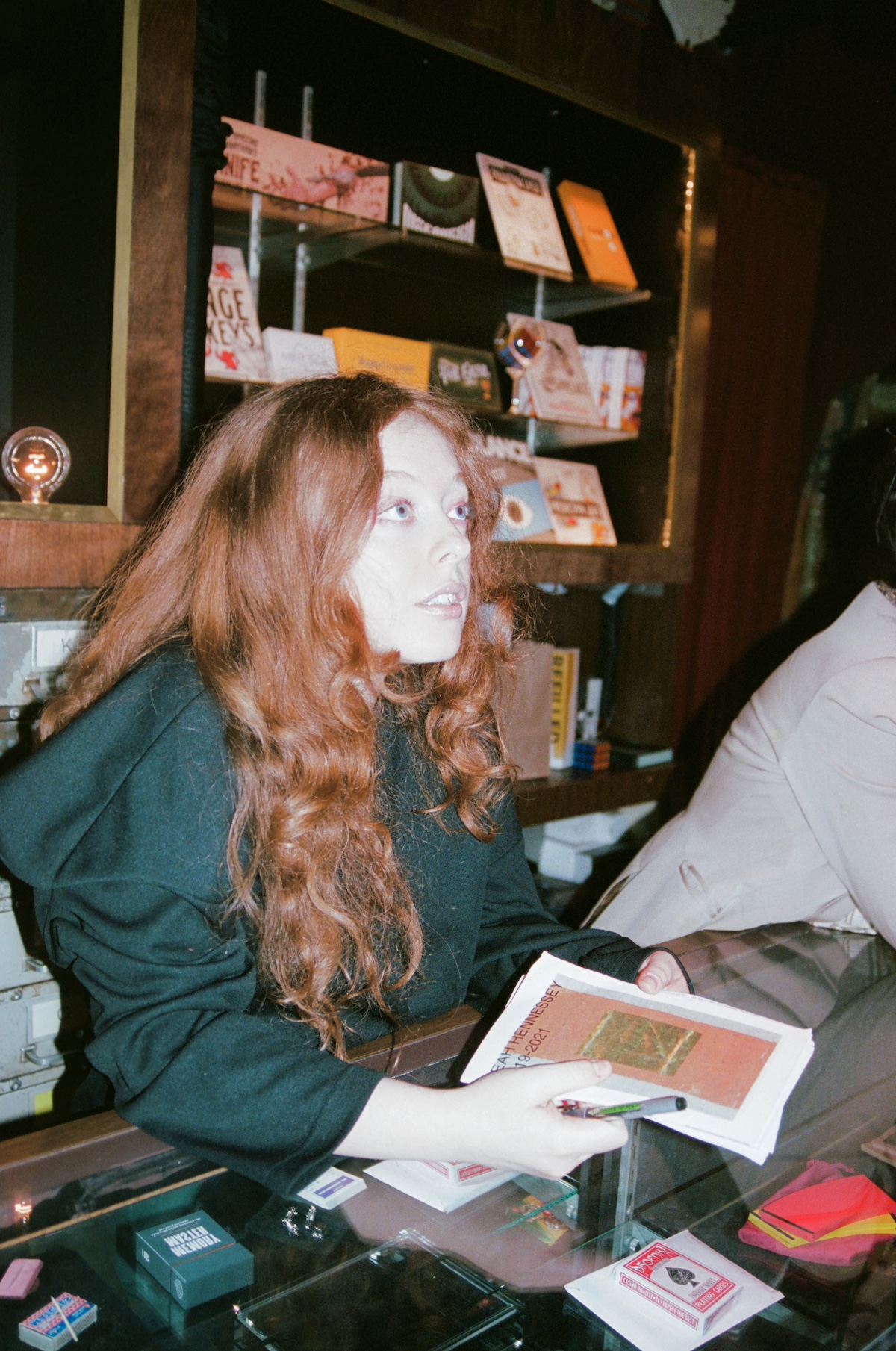
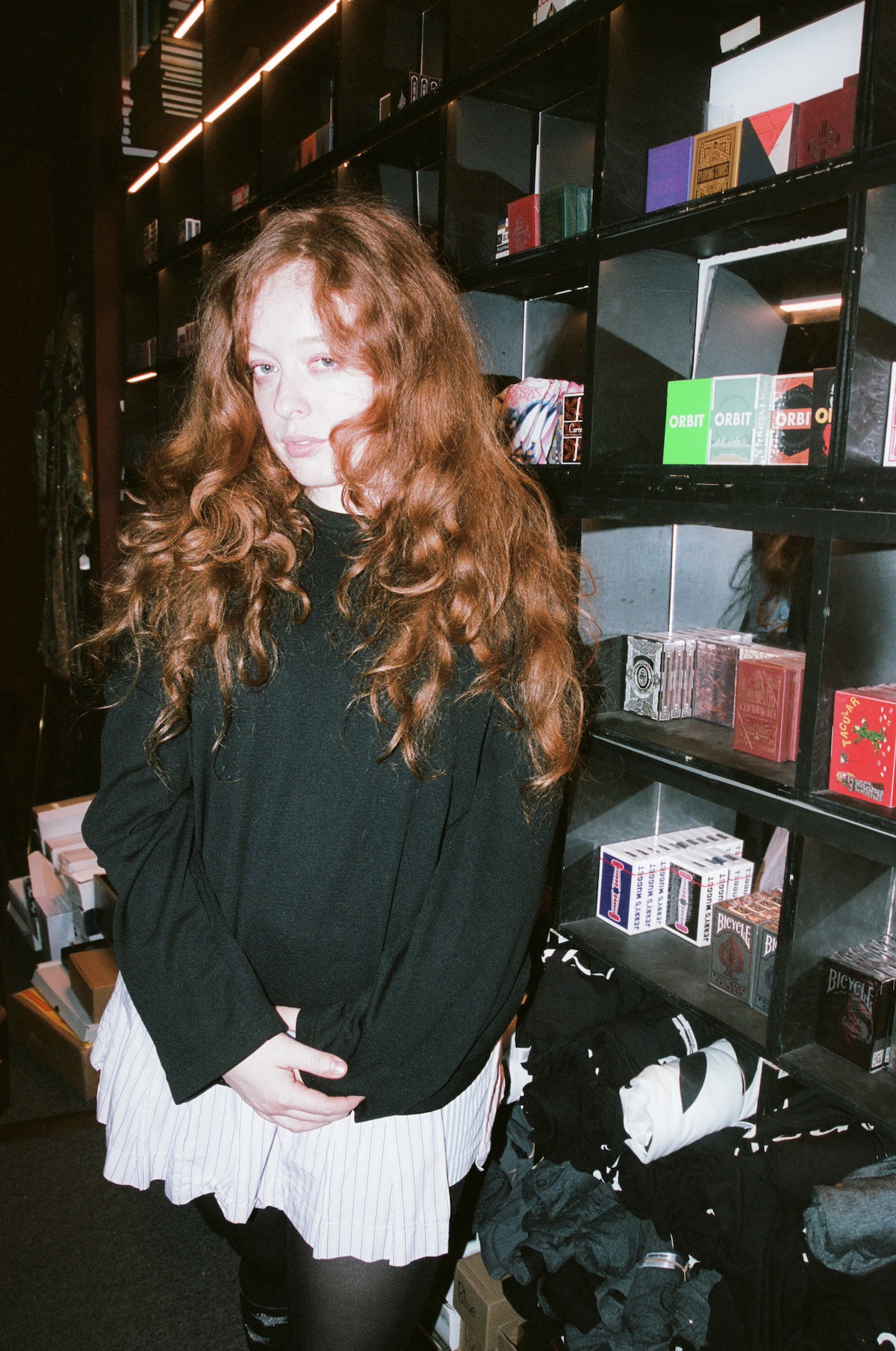
Ruby McCollister opens ranting about how the atomic bomb made men unable to have sex, saying, “The more violence released into the world, the more hysterical men’s penises get, softening like hysterical women in couches.” Bombs are phallic and most militarism is a hegemonically masculine display of power — there has to be some correlation. She then goes on a frenzied analysis of Al Pacino’s natal chart. His Mars in Gemini means he’s a sub. “Most actors are submissives,” she says. “I’d admit to my own submissive tendencies, but instead my aunt died.” We take a break from Al Pacino sex talk to analyze her late Aunt Nancy’s natal chart. Two of Aunt Nancy’s Big Three are Libra. The room groans in solidarity.
Ruby talks about her family affairs and I feel like I shouldn’t be allowed to know anything she reads. Aunt Nancy had an affair that resulted in something vaguely incestuous (not by blood, she just had kids with her brother-in-law). Her grandfather was a descendant of Mormon polygamists and “like a child who’s endlessly at his own cowboy-themed birthday party.” Her father was sued by the IRS for never paying taxes. She half-cynically half-lovingly describes her parents as “cultural dilettantes,” (the same attitude can be transferred to the downtown literary scene), but Nancy gets the debt down from $100,000 to $20,000 before going to work for the IRS. According to Ruby, “Nancy lived normal but in a perverse way.” Don’t we all.
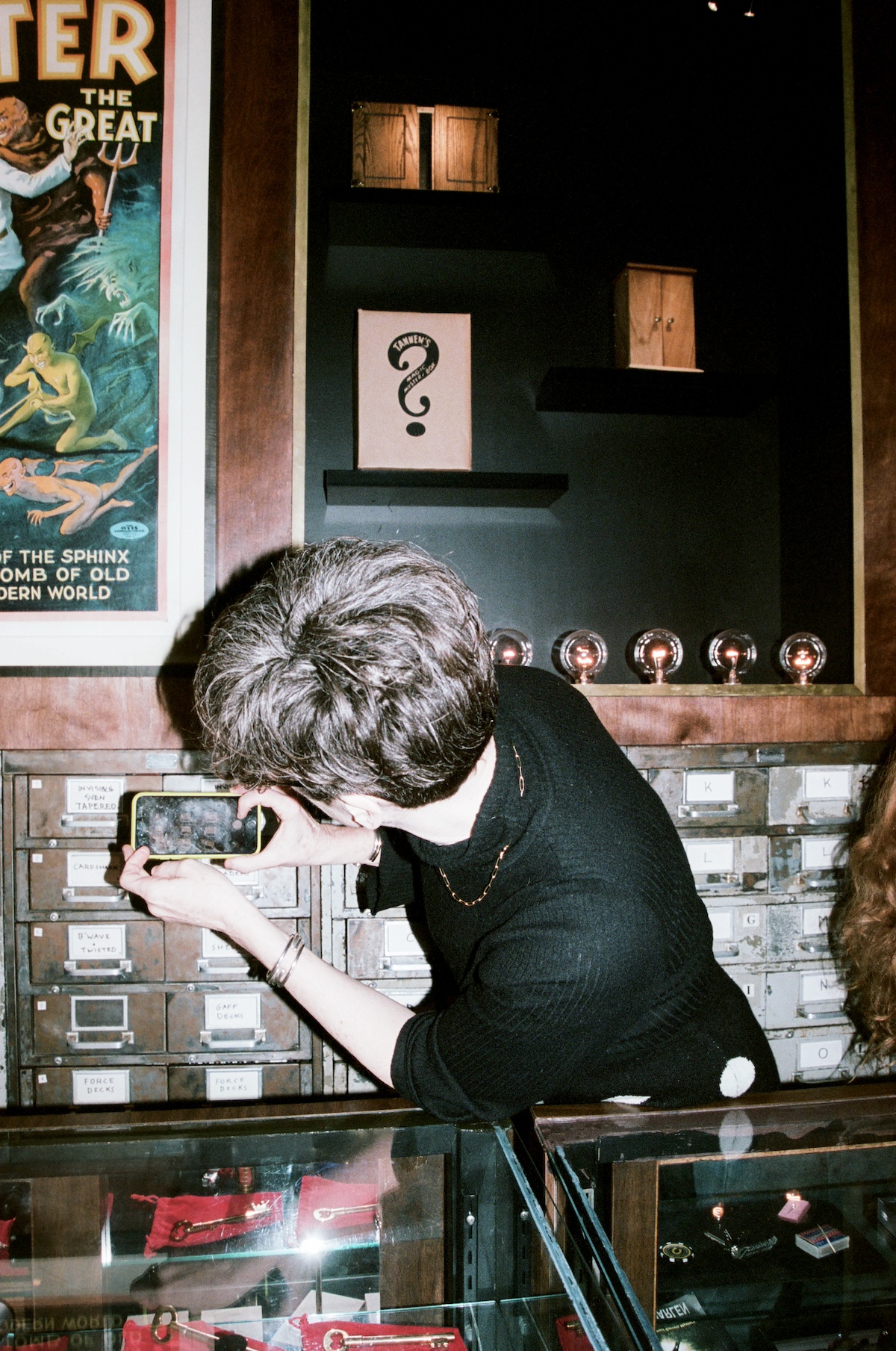
Alex Auder was born in the Chelsea Hotel to superstar Viva. WAP plays as Alex walks up and we can’t stop it. From her memoir, Don’t Call Me Home, she turns to a chapter named “G spot” and reads nostalgically about puberty — she and her friends used to fight over who has more pubes and who has “cherry pits or peach pits for tits.” Bitingly funny, Alex speaks matter-of-factly yet leaves us howling. It takes a certain level of grace and maturity to be able to tell strangers about your most awkward “secret lusts.” We joke that there are no original experiences in girlhood. But once in her youth, Alex and a friend had pretended to be wives on the Western Frontier sleeping with their husbands, straddling Grandma’s horsehair pillows next to each other. A young Alex had called for a stop, shyly asking, “Would we really… do it next to each other on the wagon?” The friend takes a beat before solemnly responding, “We would do whatever it took to survive.” Perhaps there are a few original experiences.
There’s a whole cast of characters — Eastern European neighbors, would-be rockstars, and Alex’s hot math teacher, who she fantasized about mounting in his swivel chair. There was a 16-year-old Esther dating a 20-something-year-old Basquiat. There was a timely allure to age gaps, and Alex says “their coolness blurred their ages.” I’m a 20-something, people say I’m pretty cool, and I’m not dating any 16-year-olds. Vincent Gallo is a recurring character. Reuniting with a high-school aged Alex, he told her, “You’ve grown up so much.” There was a decade between them, so we groan at that. When Alex lost the role in Dangerous Liaisons to Uma Thurman, Vincent had her take off her top “to compare their bodies.” We all groan some more. Her next few misadventures involve trying to sleep with him. Alex believed she had to “pay a penance to use a penis.” She pretended be wowed by his rare guitar collection and freakishly pristine closet. The two sleep together after Viva, following a plastic surgery-related mental breakdown, tells Alex, “Go out tonight,” and in the same breath adds, “Also I might commit suicide.”
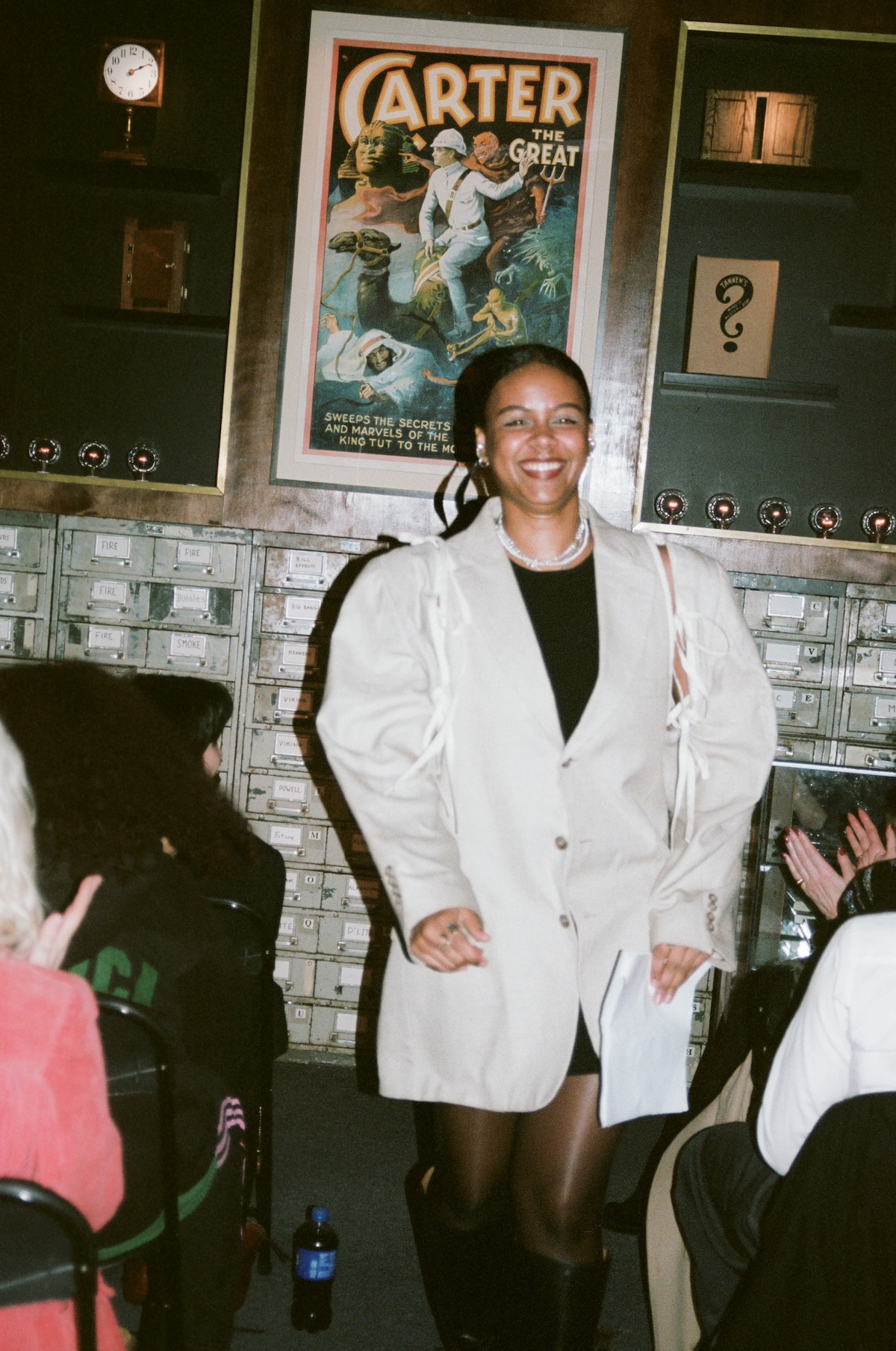
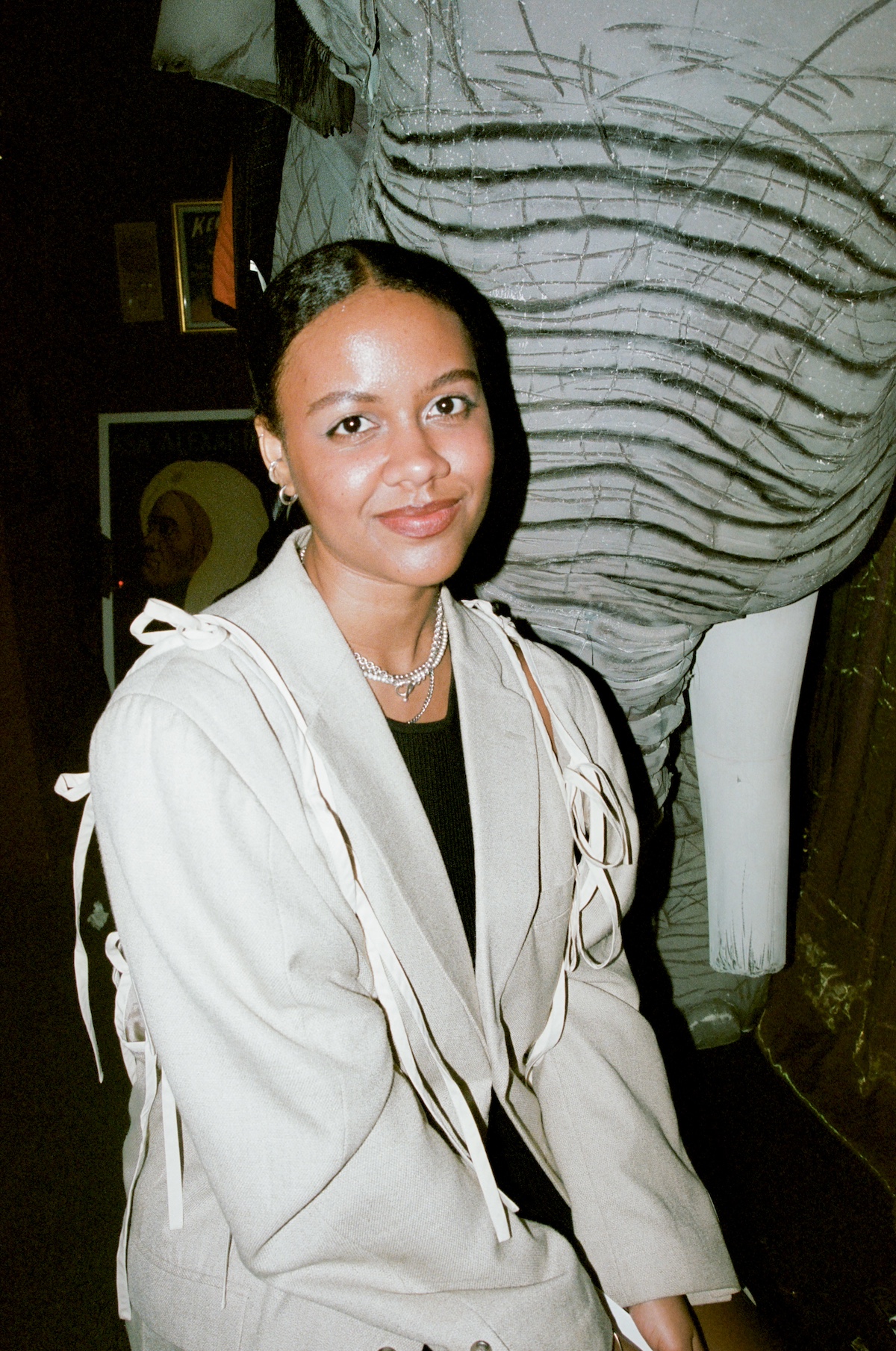
Peyton Dix picks “I’m Coming Out” as her walkout song. She starts with a booming, “Heterosexuality!” Someone guffaws. “Exactly,” she says in response. She talks about how gay she is: “Gay like Meg from Hercules” (received with multiple hums of recognition), gay like the monologue from Hereditary (which she and I recite together). She writes about her first male relationship after many years of lesbianism. “Lesbians need a vacation. Dykes need a day off. It’s a lot to be constantly checking in.” She emphasizes these last two words like she’s dated a girl who weaponized therapy speak. “Being a woman who loves women is the hardest thing you can do. It’s actually straight women who need allies, not lesbians.” The room is quiet, but I get it. With a thinly veiled brag about how she once had sex for six hours, she explains how, after multiple heavy relationships, she needed something “easy and simple. And what’s more simple than a man?”
“But,” she starts, leaning on the magic counter, “the thing about good dick — you get crazy.” Another hum of solidarity from the audience. “I’ve seen some of the best minds of my generation go insane over some dude named [redacted].” Here, I audibly screech. Peyton had just named an ex of mine. I’m floored. At this moment, Matt takes a particularly unflattering picture of me. Aside from getting her heart broken by a man, Peyton speaks of her worries: “What does this mean for my identity? Will I lose my pride gigs?” The piece ends when she hears back from her ex in an apology email, regretting how he was “hearing, not listening.” “This man sounds like a lesbian,” she says. We laugh. “I can taste what it feels like to be loved by him.” We stop laughing. Peyton ends with a consideration that she might be bi — “Bi as in Obama. Bi as in that one interracial Bedstuy couple. Bi as in ‘I went to film school.’ Bi as in, ‘It was Emerson College.’”
The Rubin walks out blindfolded. Feeling his way around the counter, he says, “Someone will ask me, ‘Isn’t it easier to do magic without a blindfold?’ to which I’ll say, ‘Who’s talking?’” I make a noise of approval. He (attempts to) point at me, saying, “This guy gets it!” Perfect situational irony. The Rubin materializes a lit joint. Nice. A few tricks later, he turns a paper crane into another lit joint. I think he just wanted to smoke inside, but what’s more magical than that? He throws a bunch of cards into the air and makes a funny performance of supposedly grabbing the wrong card midair, to which he yells, “BEHOLD,” does an impressively high kick, and conjures the correct card. He’s like if Jack Black were a magician.

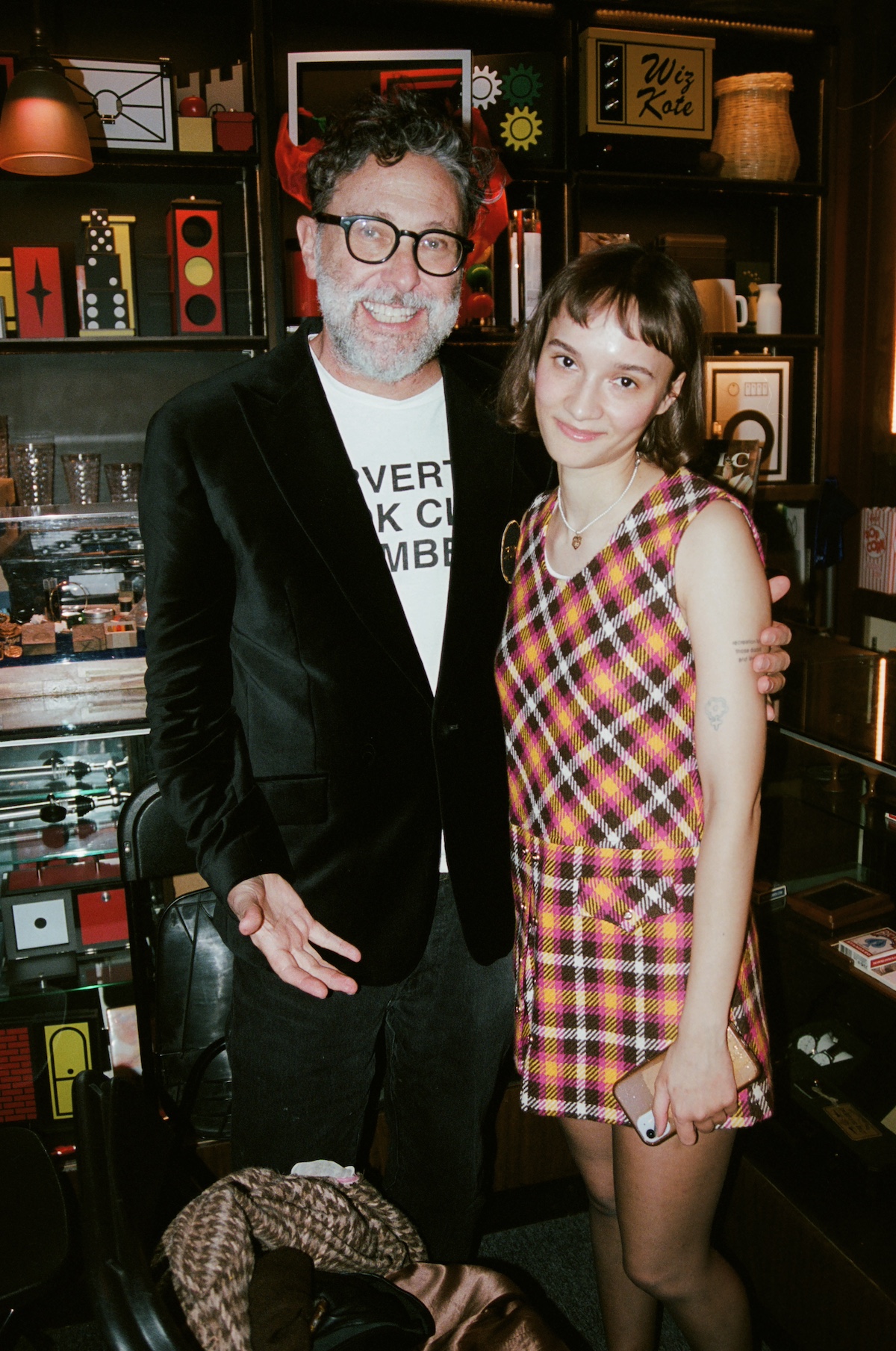
Mackenzie Thomas is noted to have gotten an 11 on her ACT Superscore. Cheers all around. She shares short diary entries that document everything — from her disgust at Bobby Flay’s face to the time Justin Bieber peed in a janitor’s bucket while saying “Fuck Bill Clinton.” The piece turns into a letter to an (ex?) lover, as she reads, “You texted me and then I got pushed into the intersection while on a Bird scooter. A woman in a t-shirt that said ‘Pugs Not Drugs’ carried me to the pavement.” We learn more about Mackenzie than we ever planned, as she tells us, “The first time I masturbated was to a College Humor skit on workplace dynamics. My first boyfriend never showed me his ballsack because he was afraid I wouldn’t like it. Whenever I sucked his dick, he’d tuck his balls in his underwear.” Not once since she’s started reading have we stopped laughing.
It’s less poetry and more documentation of growing up. Taking us back to elementary school, Mackenzie tells us of a boy who pretended to like her just so he could organize her backpack — “a radical act of love.” I wonder what bell hooks would say. Now, she writes of passing young girls and wondering “if they can tell that I was once young.” People laugh some more. I’m not sure if I can. She finishes realizing her own youth and dependence — from the homeless woman who gave her twenty dollars because she was afraid Mackenzie wasn’t eating enough, to the time she got her eyes dilated and went to the supermarket. “What awoke within me was a primal desire to be illiterate.” She wasn’t sure what was better — getting to ask everyone what things were, or her newfound access to “a helplessness that felt justified.”
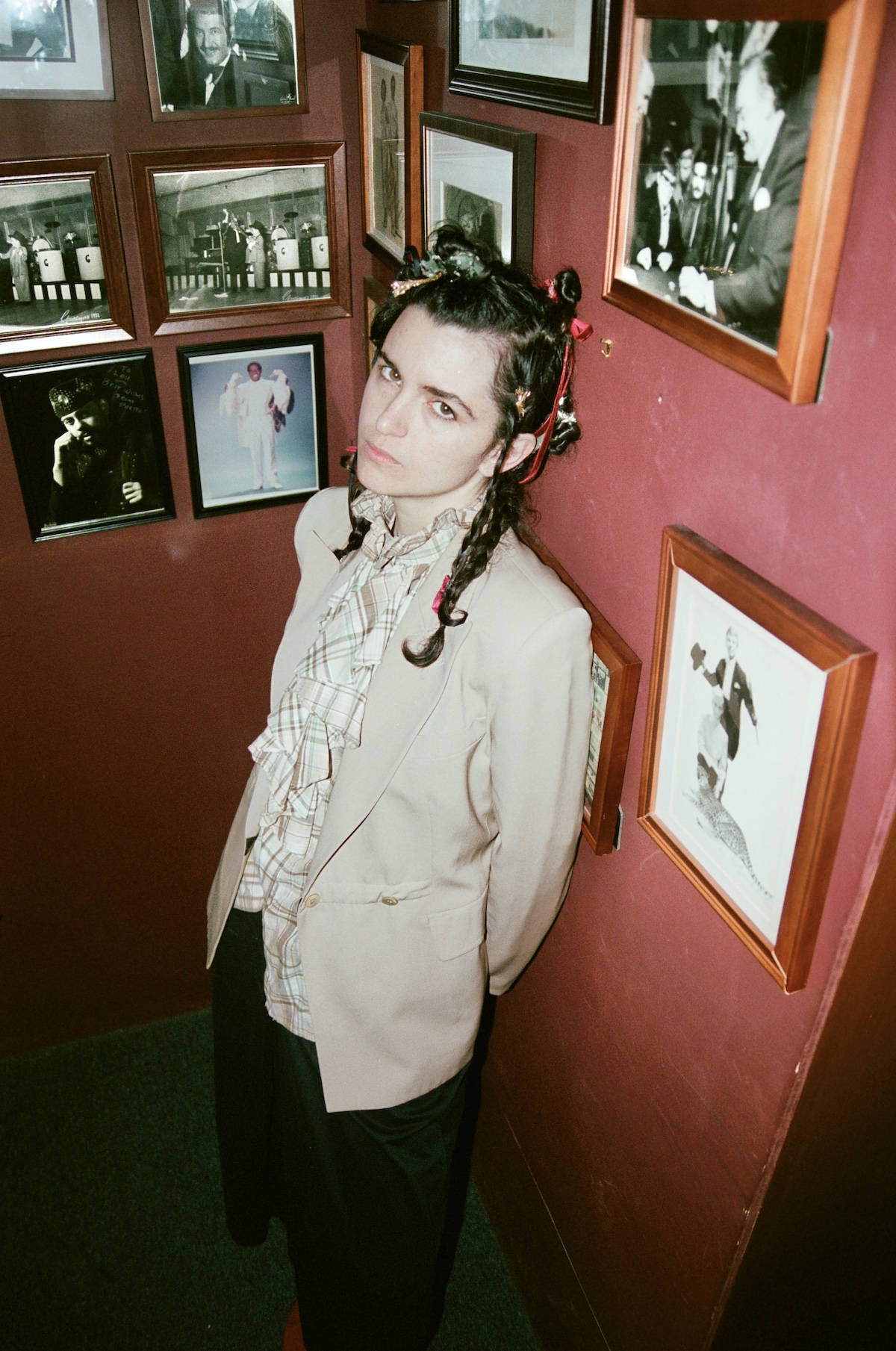
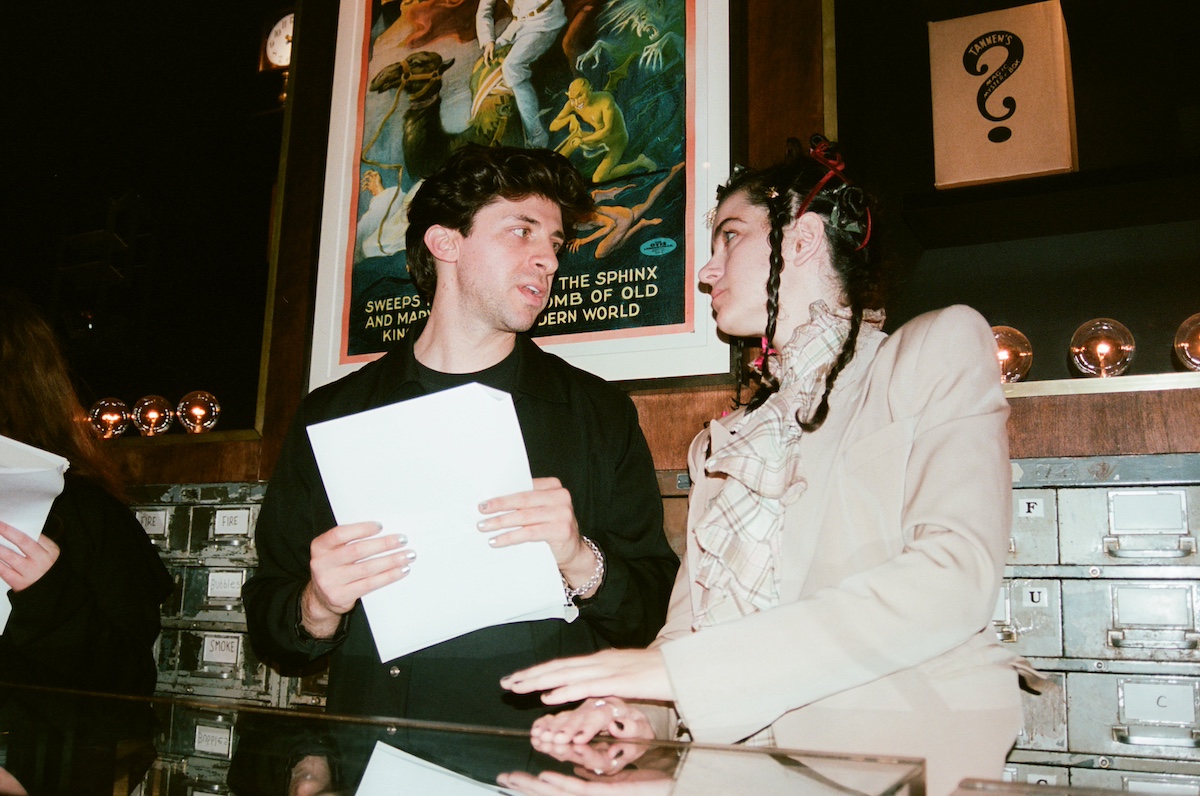
Leah Victoria Hennessey reads what’s been dubbed “homoerotic fanfic.” The Guardian called it “quite literally the end of civilization,” so I have high hopes. Leah shouts out Emily Allan — each piece is a poem Leah had written to Emily during the pandemic. Why? “Because we’re obsessed with each other,” as Emily says. During the pandemic, Leah would only leave her house to mail a poem to Emily. They came to dub themselves as the reincarnations of Lord Byron and Percy Shelley. It was as if they were separated by war (one of them was living in LES, the other on the UWS). It's literally a labor of love, as Emily had edited and made a zine out of every poem Leah had sent her. I want a love like that.
Each piece is short and cute. “What’s poetry?” Leah starts. “Correspondences between poets and the moon. Some genius gets it in his head to talk to the sun.” It’s love letters mixed with cultural commentary and fragmented musings, as Leah reads, “One more tenant of dogma: I love you.” “Being a romantic means cultivating a subordinate relationship to the muse.” The first few pieces are a high-up and airy, but as she continues, she reads quicker — less like someone reading poetry and more like someone realizing something: “What if this is really all we got? That haircut and someone else’s porn, masturbating to my rage for Brett Anderson.” With longing looks shot to Emily and an enveloping toothy smile, Leah drops her zine. If she’s blushing, I can’t tell. “This really is for Emily and Byron,” she adds tenderly. It feels like we’re intruding. “No one in yoga knows what I know,” she says, cheekily. And right before she finishes, she makes direct eye contact with me and says “Don’t tell anyone.”
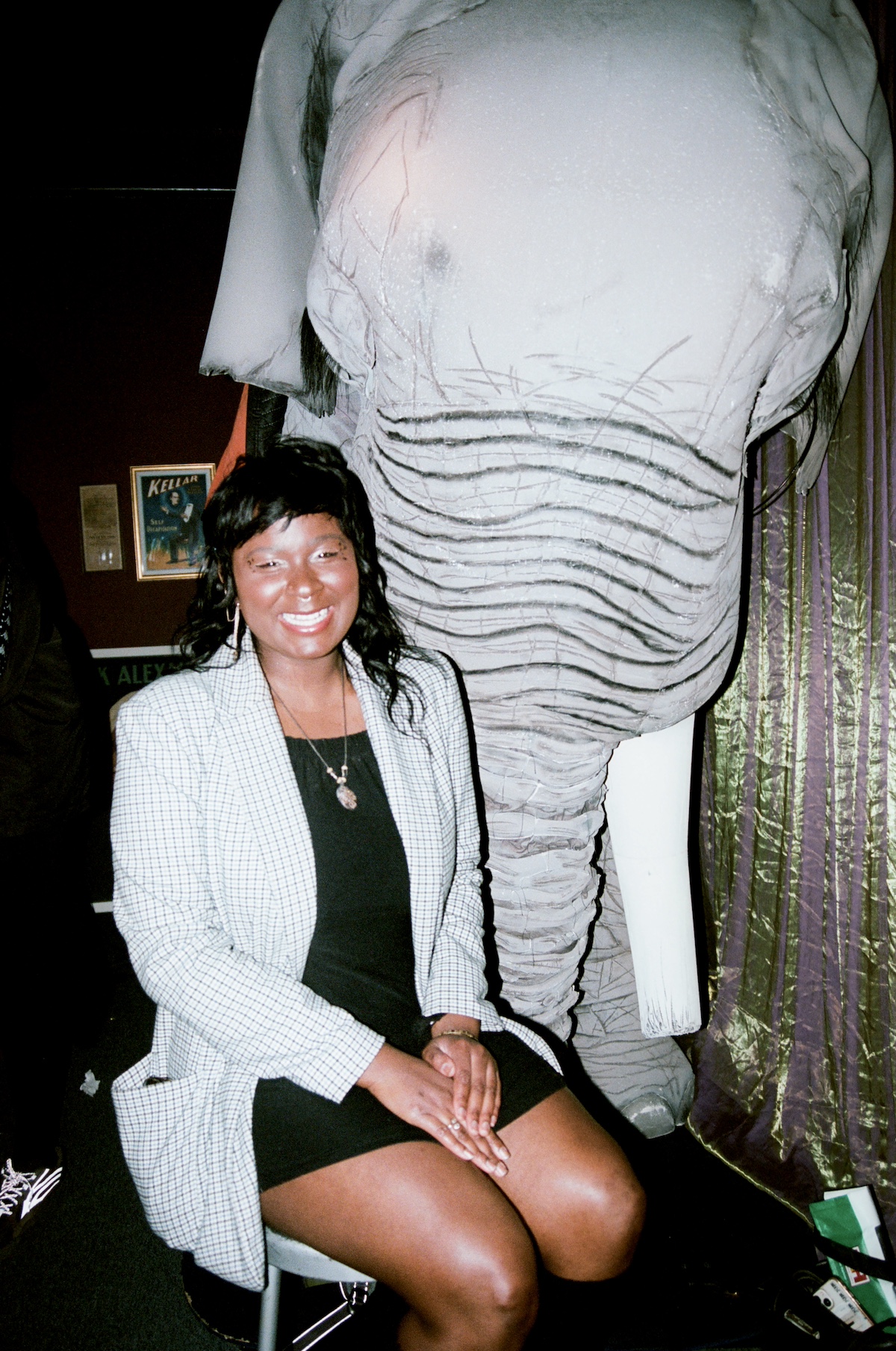
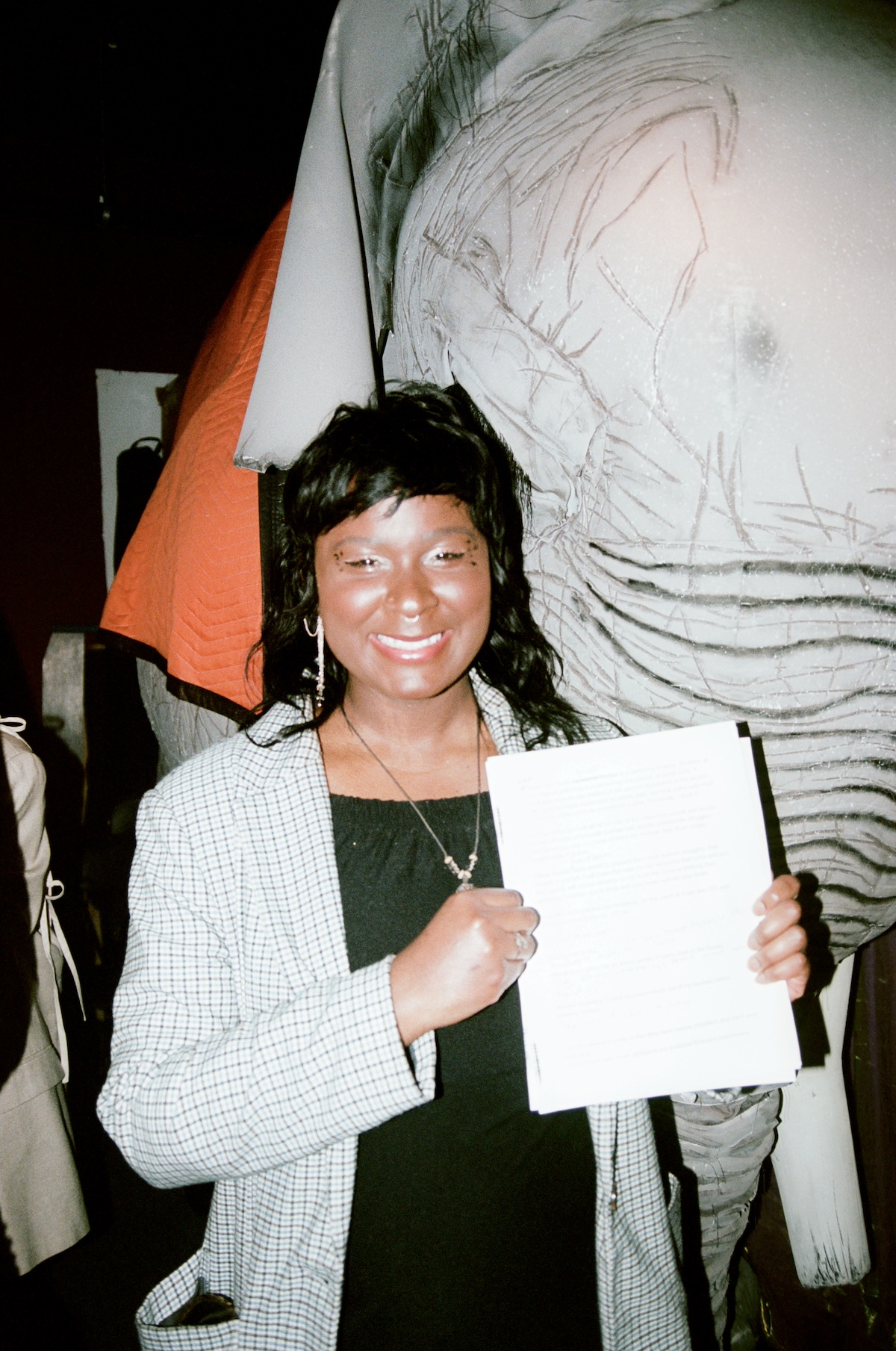
Ena Da dances out saying, “Under every Elon Musk tweet is a gathering of idiots.” Instantly, I think of how I was blocked by Elon Musk on Instagram for “cyberbullying.” Ena says that we are no longer readers at a reading, but a council of wizards at a magical gathering. We play a game in which Ena has had “mortals from Instagram” submit their curses for consideration, and we — the wizard council — can either choose to lift the curse or let the curse remain. Among the mortals is not, however, Andrew Tate. “No amount of magic can help Andrew Tate,” says Ena. The first curse: “Mid pussy.” “In defense of the curse!” Ena shouts theatrically, “The stars must gleam against the night sky to shine, good pussy must gleam against mid pussy to shine.” That was poetic. Unanimously, we choose to not lift the curse.
One curse is perpetual lateness. Ena says, “We need people to be late and make us feel better about ourselves.” Unanimously, we agree the curse stays. “SUFFER!” yells Ena. Another curse comes from someone “who never has a normal amount of pens in their pocket — either five pens or none at all.” “In defense of this curse,” Ena says, “there is a penis joke in here, should they find it.” The curse stays. The next few curses include too-small earholes, broccoli-induced hiccups, and owners with cats who eat their earwax. Apparently, this last one is pretty common — four people in the room say their cat does the same thing. The last curse comes from someone who sneezes like a dad. In defense of this curse, Ena says it’s “healing for those with daddy issues.” When asked if we would lift this curse, the council yells out a resounding, “NO!”
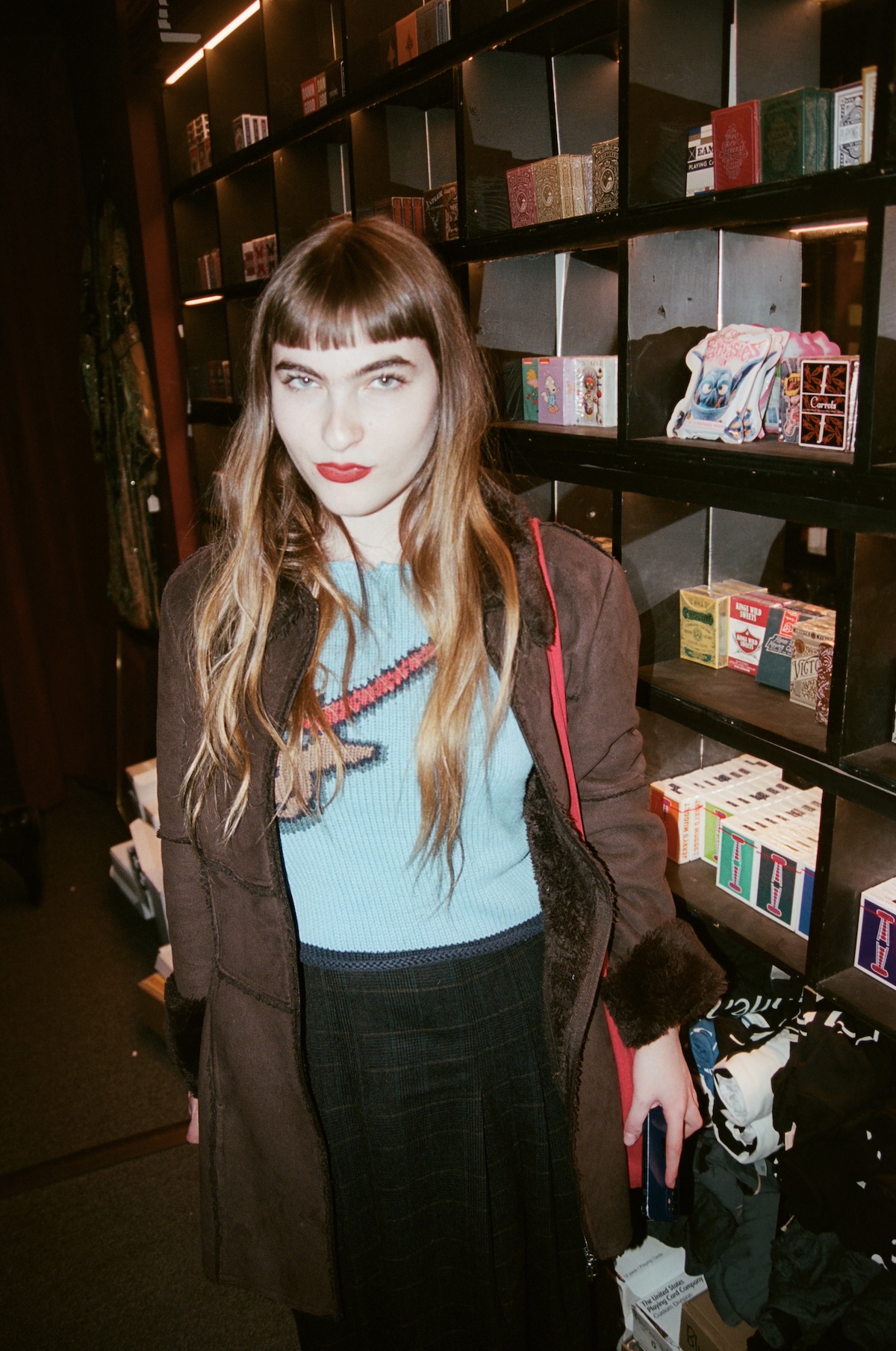
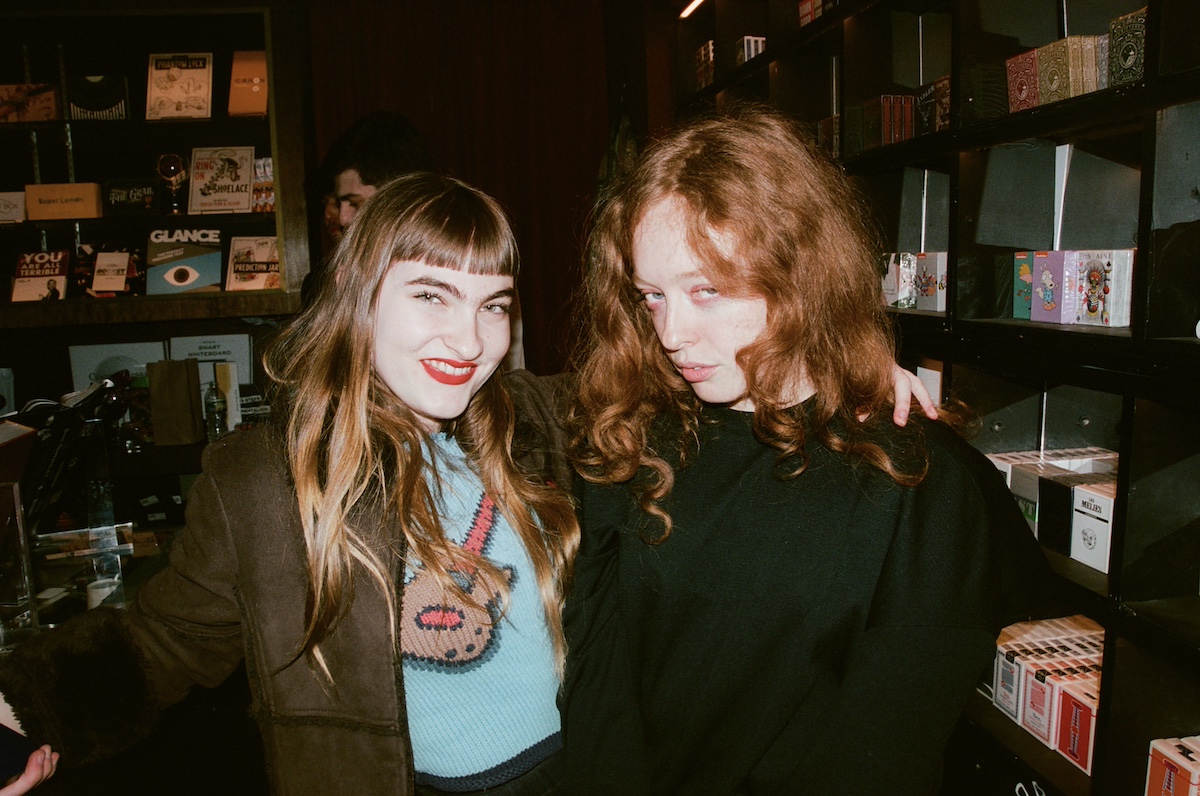
Ivy Wolk reads a devastating piece about a girl she had feelings for — whether or not they were positive feelings is lost unto me (and Ivy herself, I think). Intimate yet relatable, it’s a piece about that weird intersection of love and hate. “I’m friends with everyone she’s a fan of,” she starts, “But the association doesn’t help if you have a bad personality.” How New York. “She tells me all my friends are just caricatures performing references they know, but then she quotes a book to me and I don’t tell her that she’s doing it too.” Clout will not save you. Your crushes are just as performative as the people around you. And your ex-friend seeing you on Instagram will not make them forgive you. These are all hard-learned lessons.
Ivy despairs rapidly. “She unfollowed me on Twitter because she ‘only wanted to hear about herself in the long-form,'” says Ivy. “But she wouldn’t like anything I had to write.” It’s a conundrum well-known downtown, the urge to self-mythologize and the neurotic curating that follows. Ivy’s piece is about wreckage — lost friends and purged desires. When you are forced to finish loving someone, what do you do with whatever you have left for them? “If she died, no one would tell me,” says Ivy. What do you do with that? Ivy doesn’t seem to know any more than I do. “I say I love her twice a day and I say it out loud. I think I love her because she hates me and we don’t talk anymore.” It’s sickening how much I understand her. “She said she wants to show up on my doorstep addicted to heroin so I can take care of her. I want the same thing. I want to hold her scabby arms and give her clean needles.” Oh my god. “I’m sure she feels normal right now.” Double oh my god.
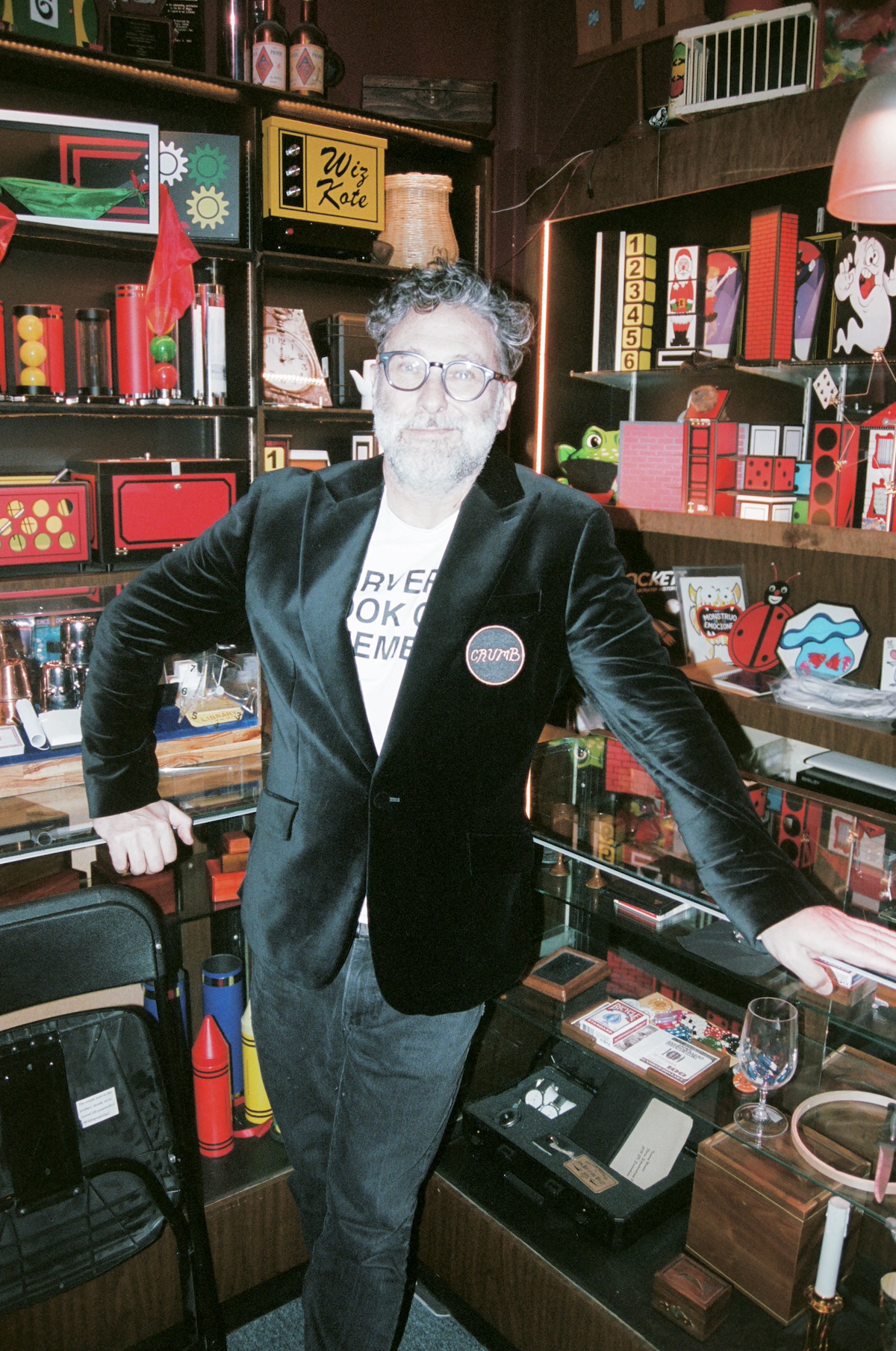
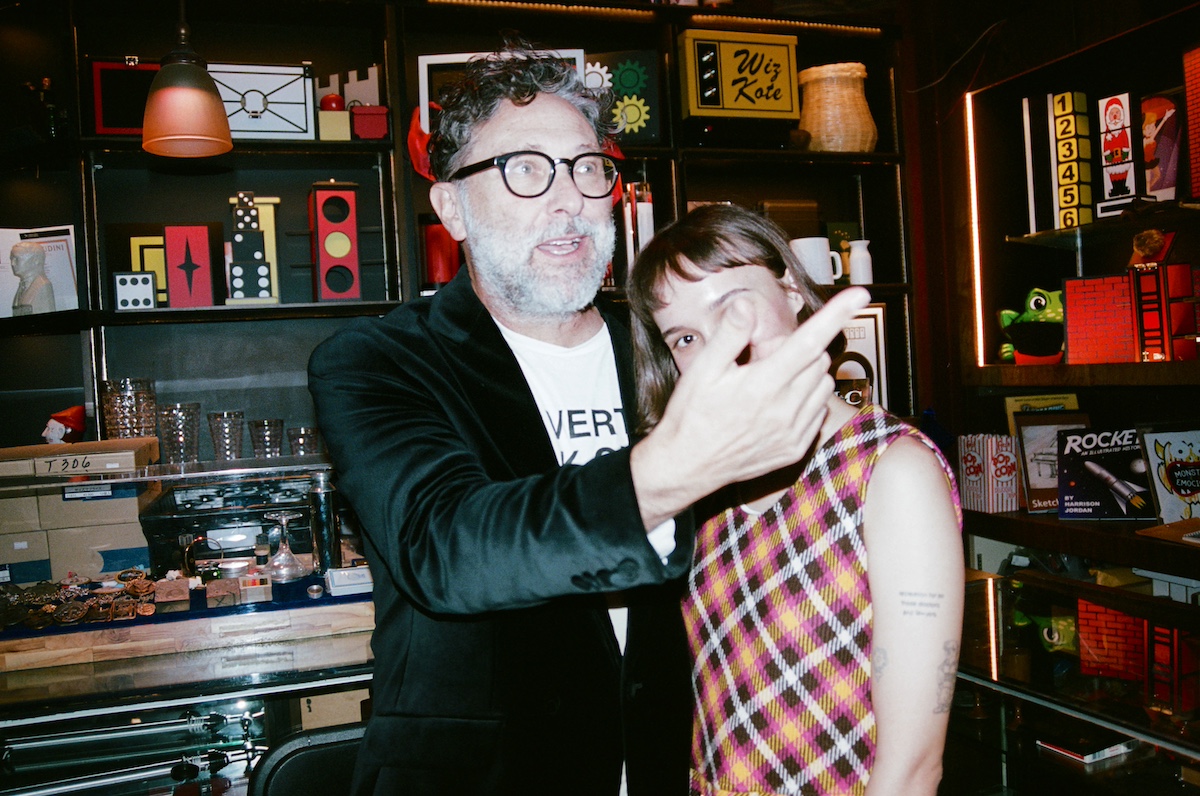
Ronald Wohlman is described as “overly medicated, not seeing a shrink.” More cheers. He writes playfully, saying “I can’t find one person on the Upper West Side who will share their Ozempic with me, so I have to lose weight with an old-fashioned diet…I was eating three meals a day of nothing.” We laugh, silently wondering if someone needs to check on Ronald. Reading off massive playing cards, he writes of buying a chicken on the way to the gym, of the push and pull between temptation and the things we do to resist them. He eats the chicken on a bench on an island on Broadway. “If you drove past,” he starts, “You’d think, ‘How does New York City turn their middle-aged men into that guy?’” And yet, he licks each finger twice.
Ronald writes about going to the gym after, having shoved the leftovers in his gym bag. But no great hero story is complete without the ultimate confrontation — Ronald left his gym membership card at the bottom of the chicken bag, and the last thing he wants to do is broadcast to the whole gym that he has an entire chicken in his bag. Nevertheless, he persists, and with as much pride as he can muster, reveals the chicken to reach his card. The line of elderly Jews behind him let out a collective gasp — the chicken was not kosher. From his imagined thoughts of the people around him, to his third-person viewing of himself eating chicken on the island on Broadway, Ronald seems to be stuck in the cycle of shame and self-surveillance that we see writers so often engage in. I wonder if they know I'm going to be detailing tonight on my Substack.

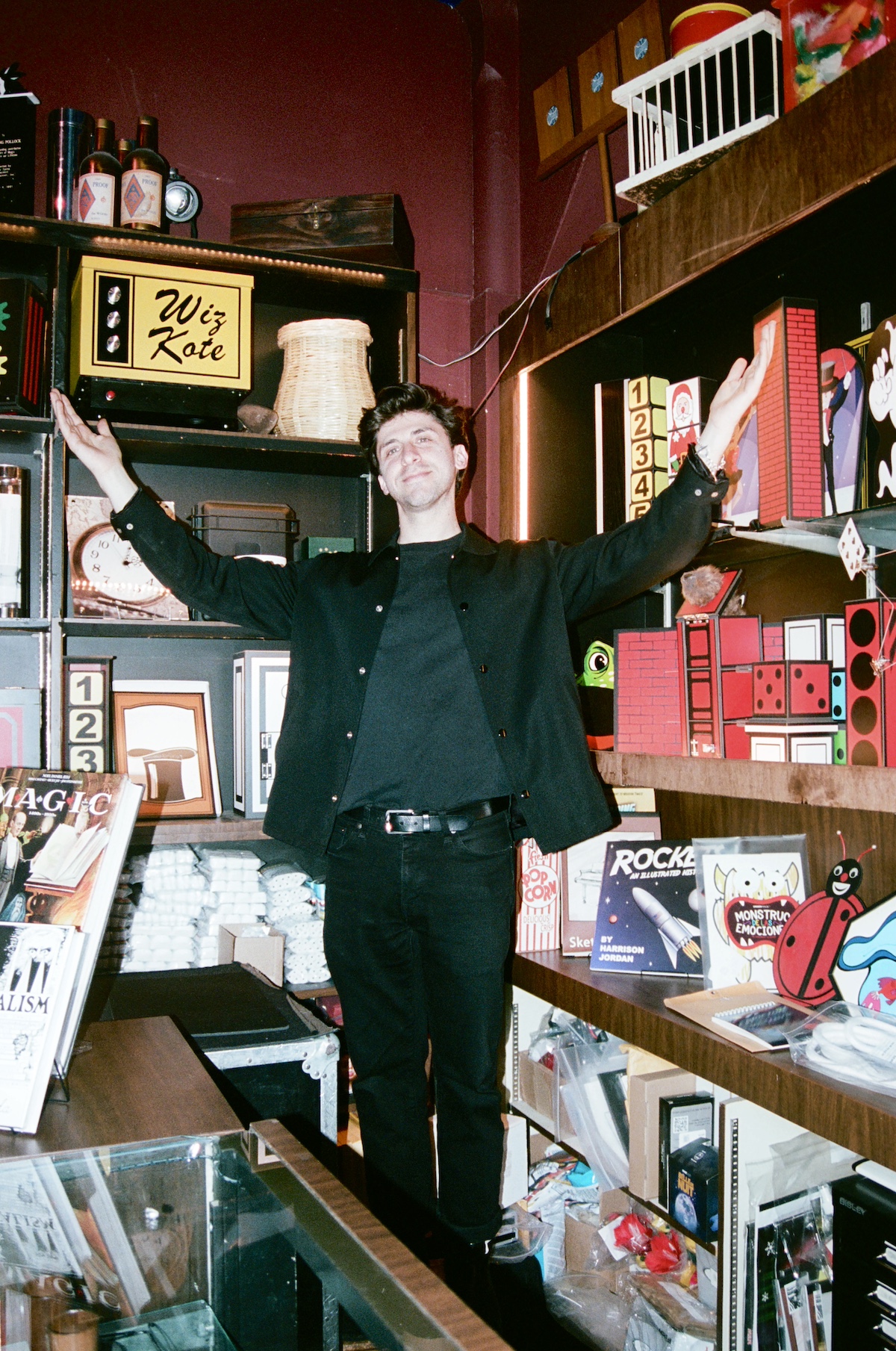
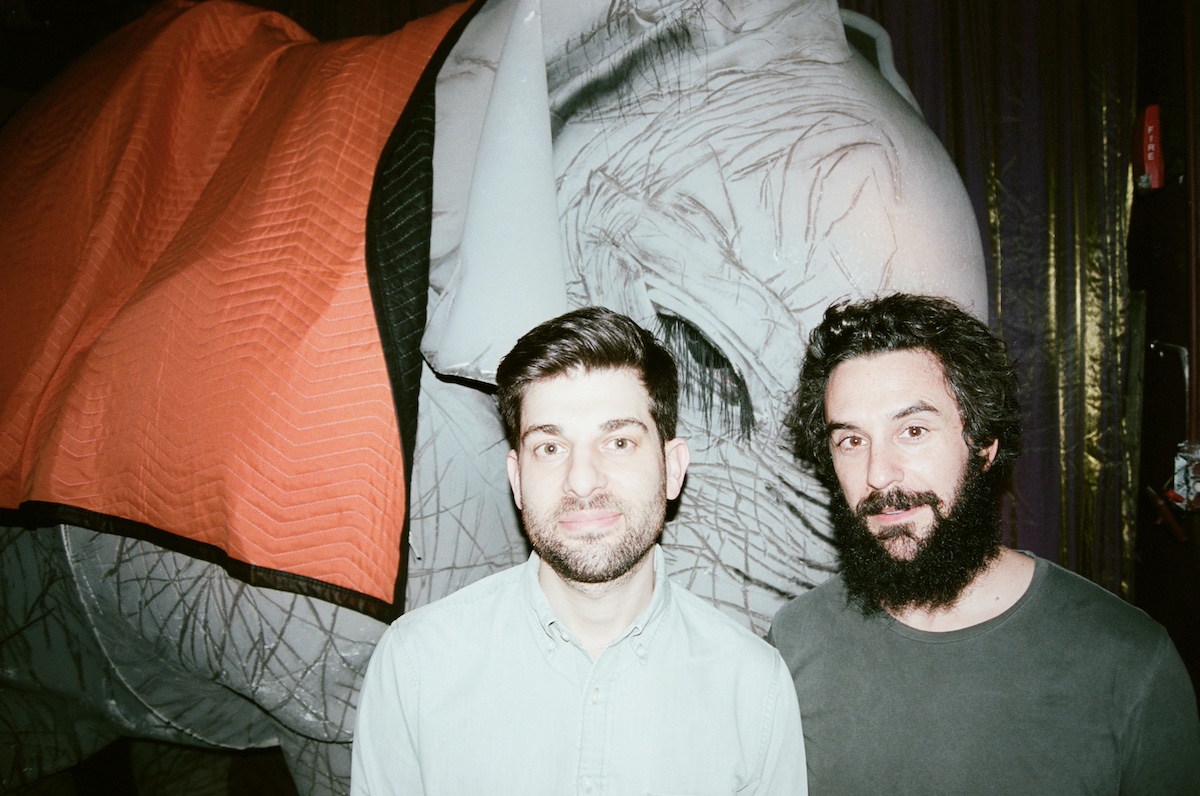
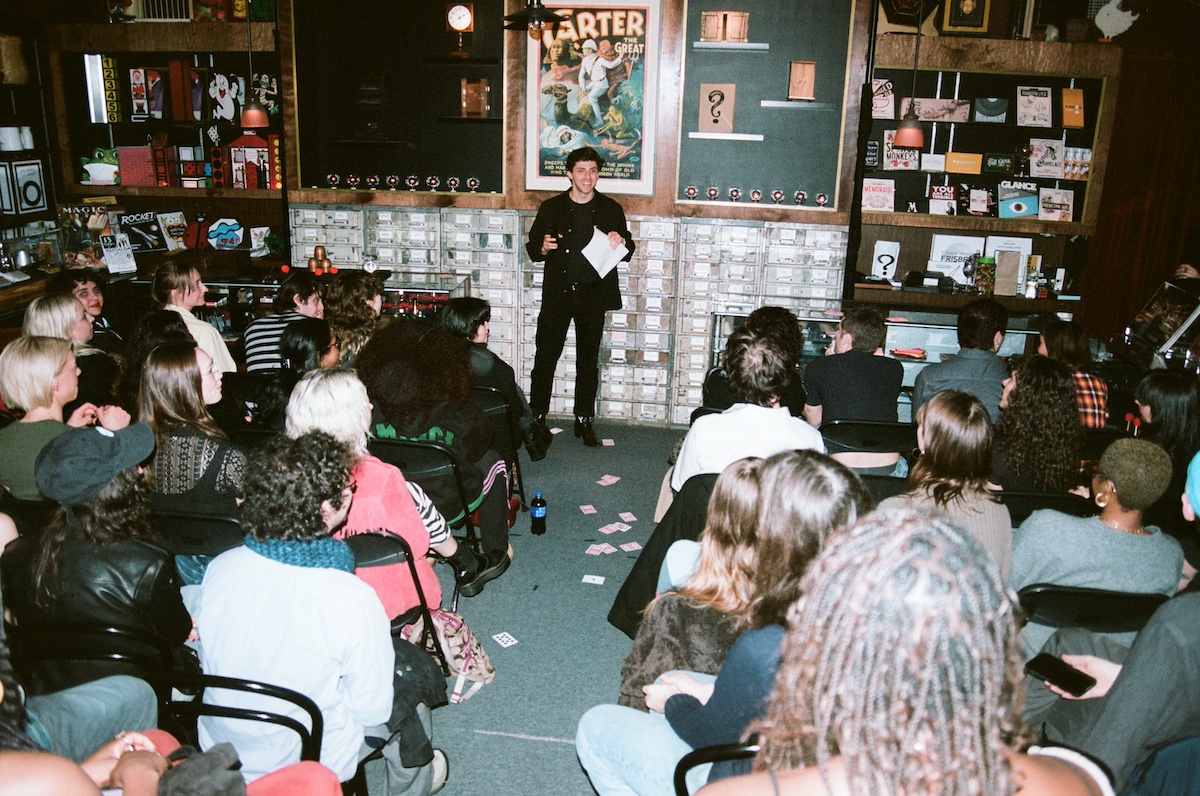
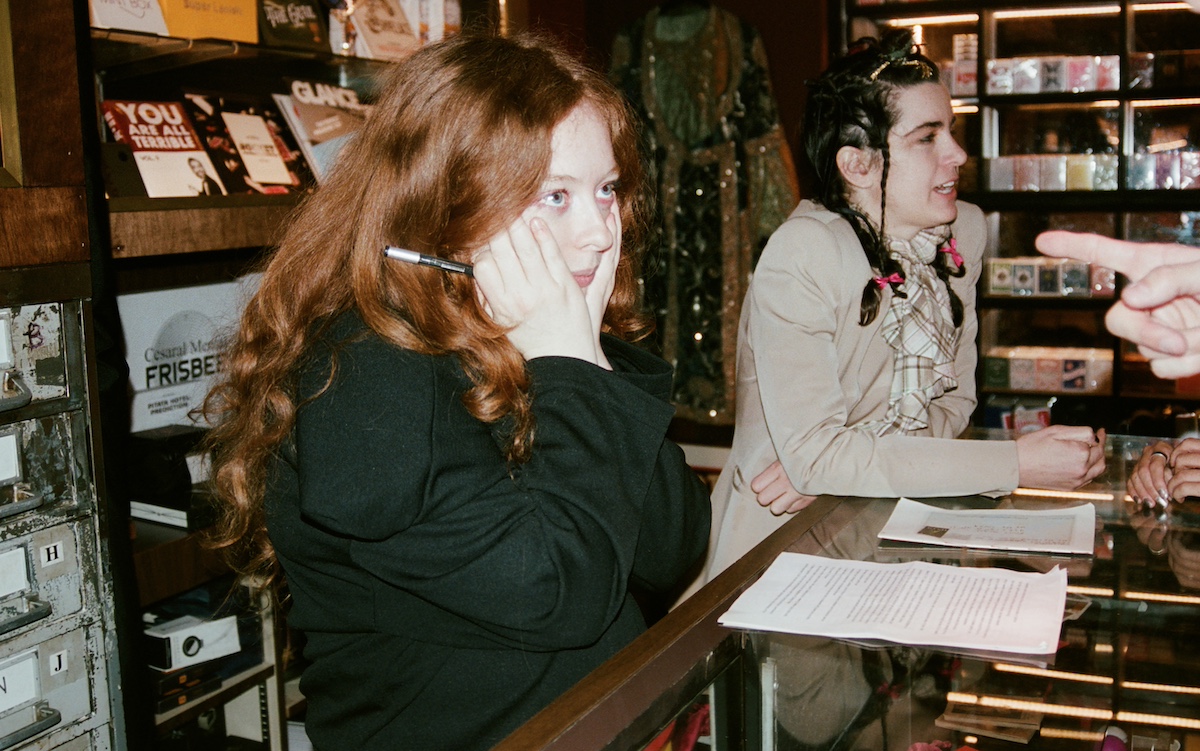
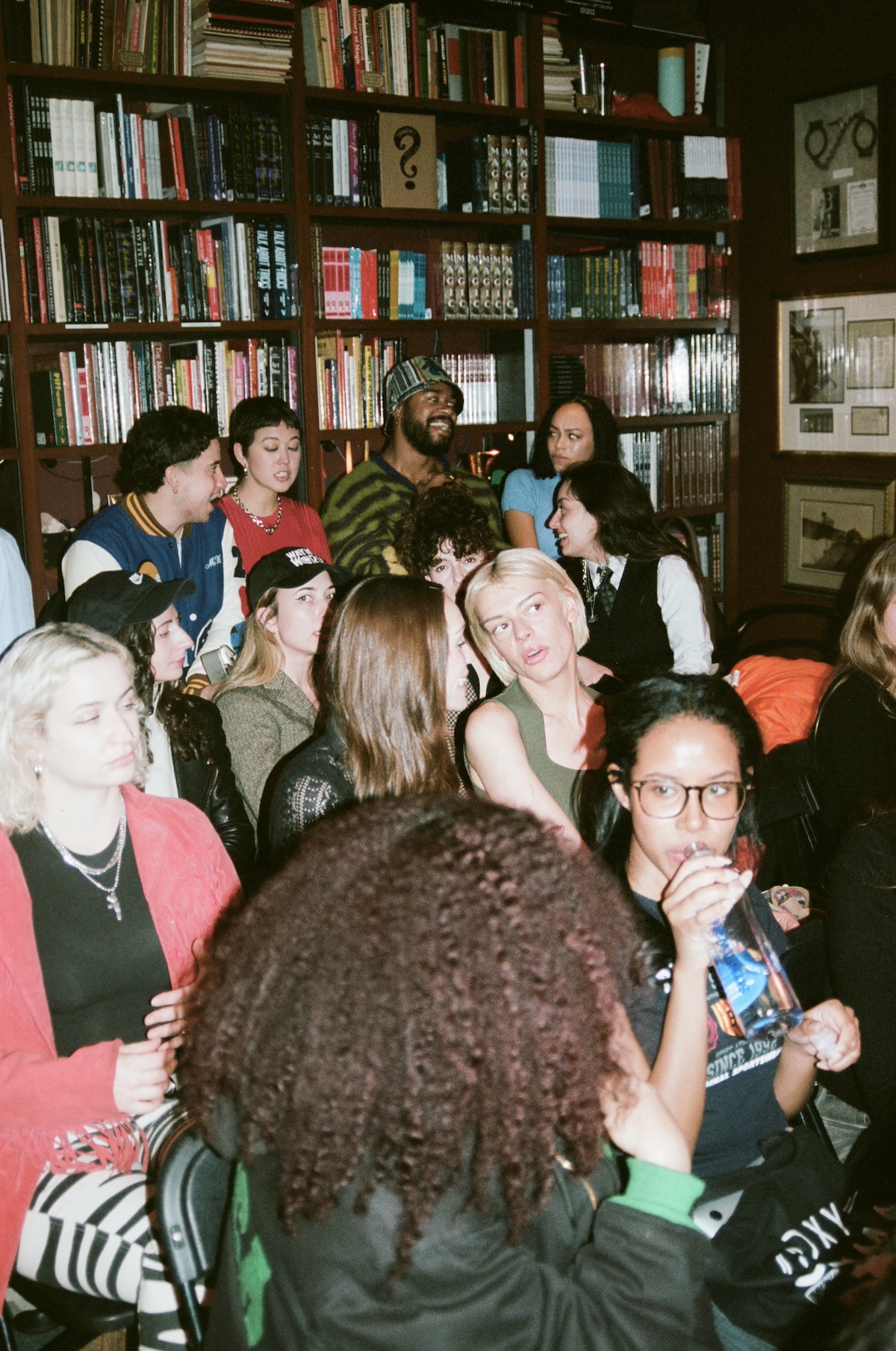
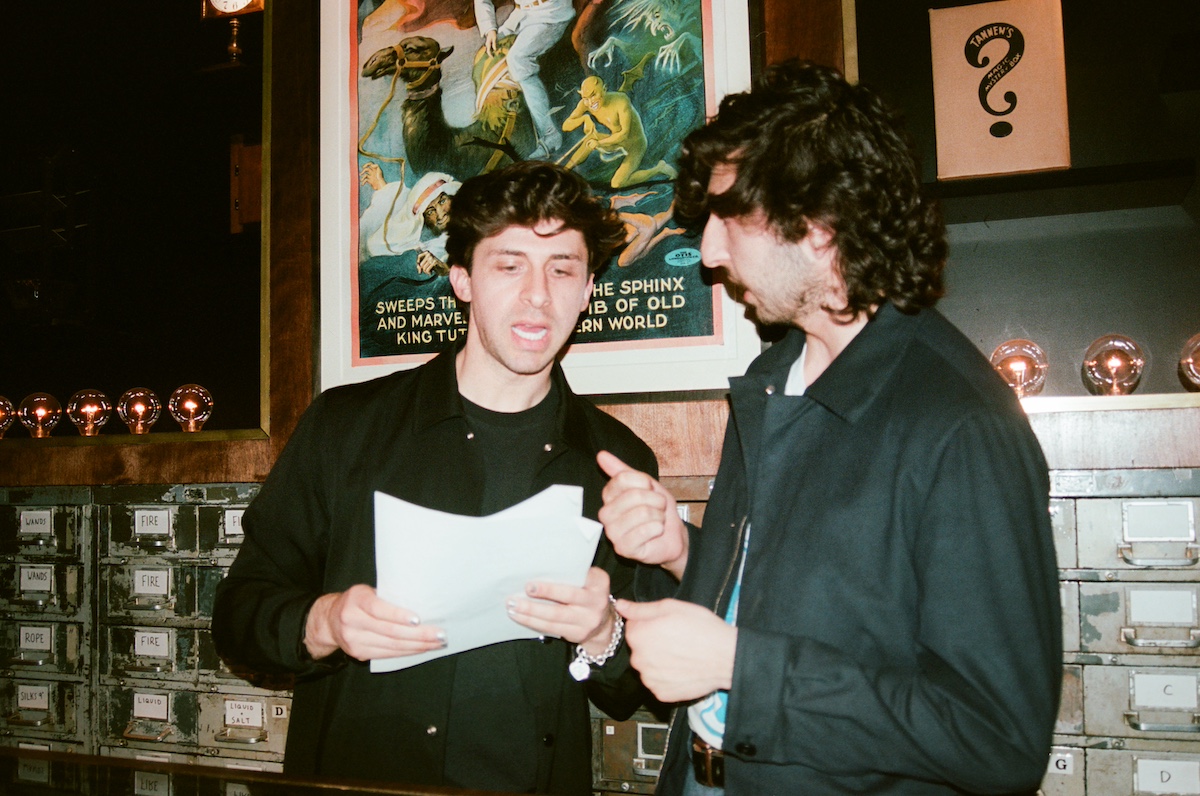
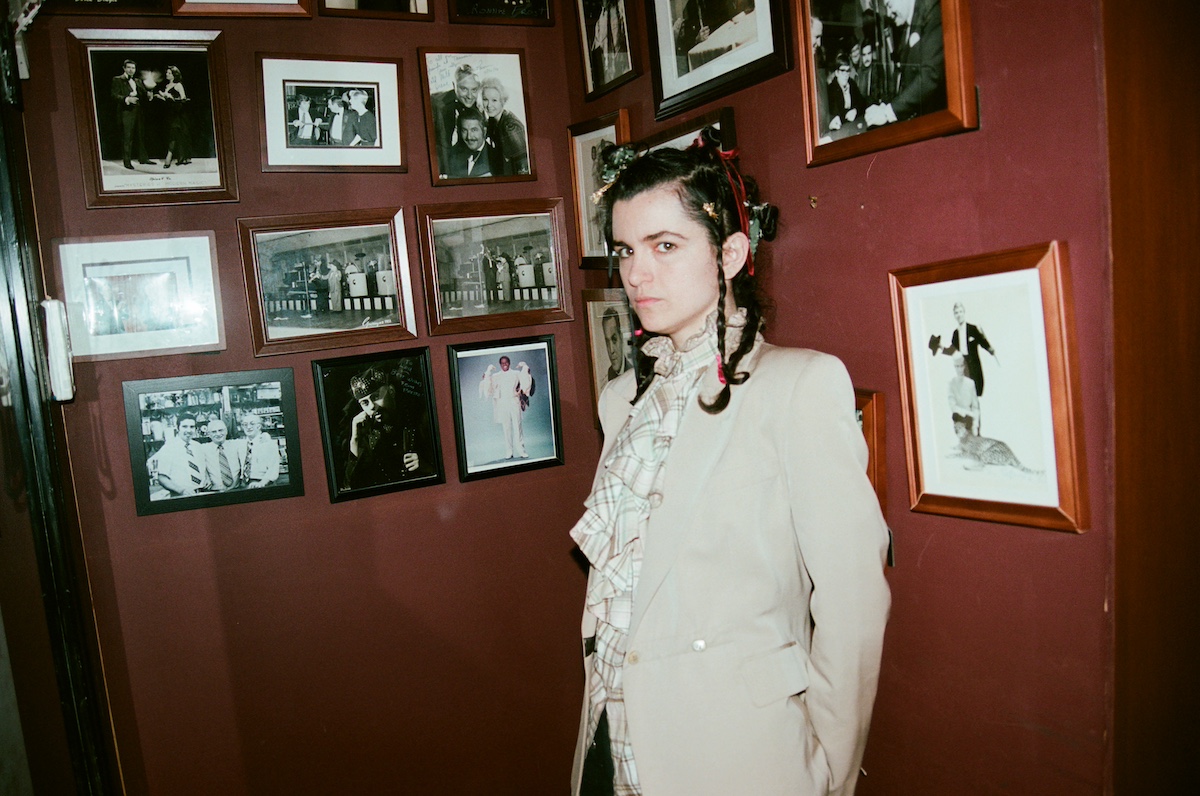
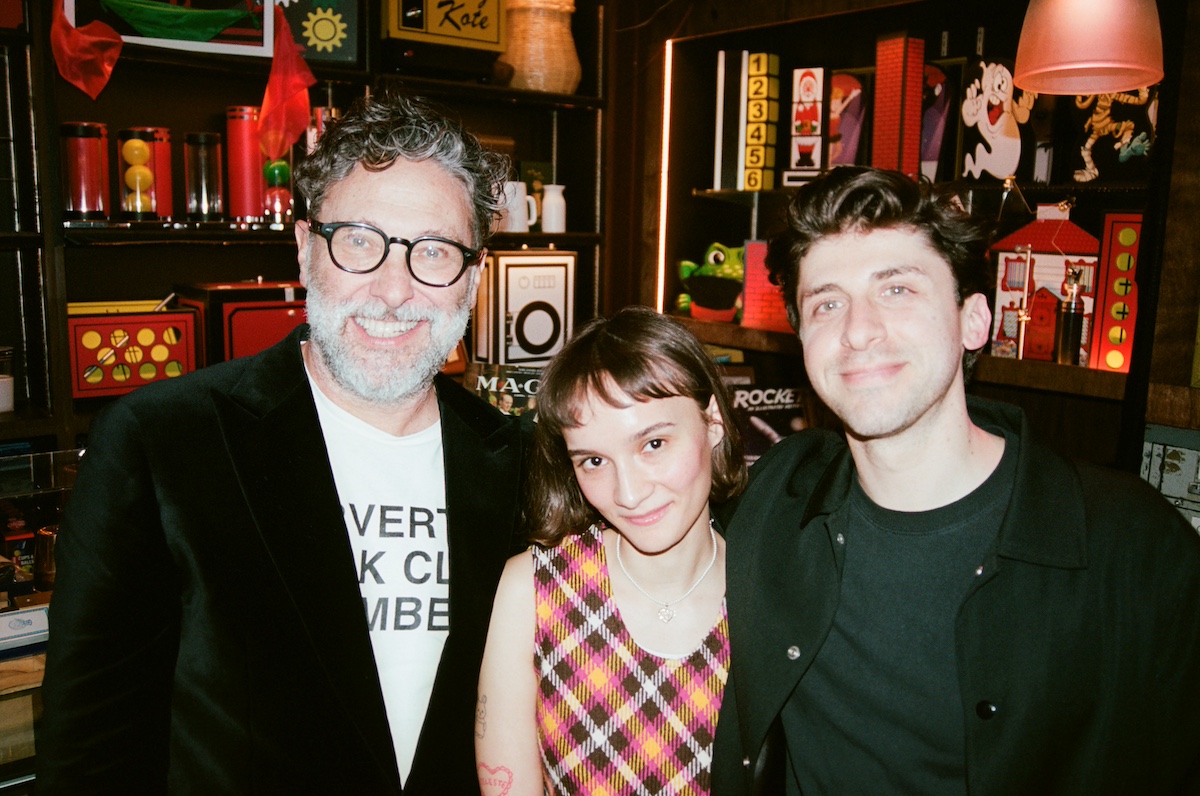
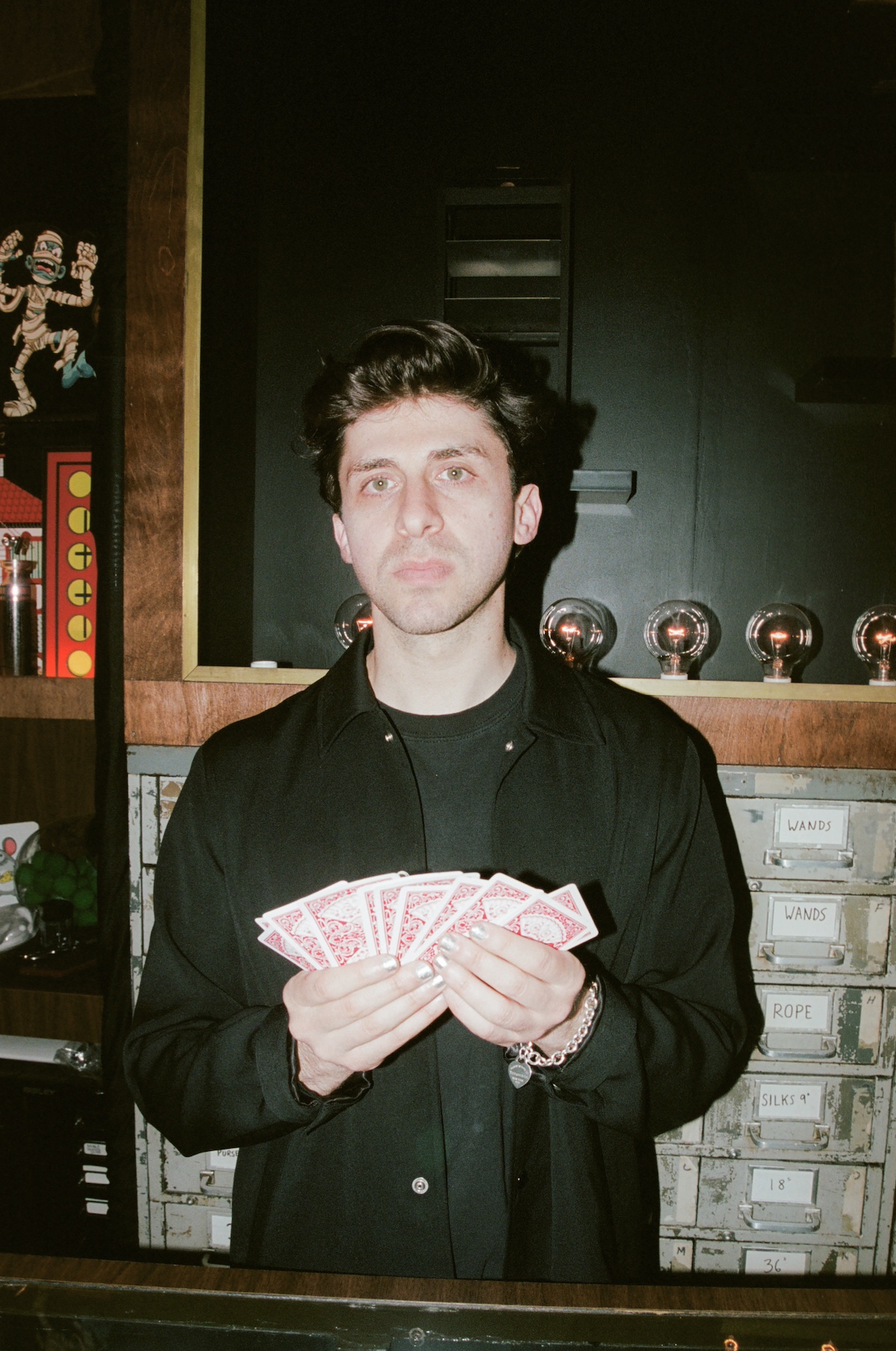
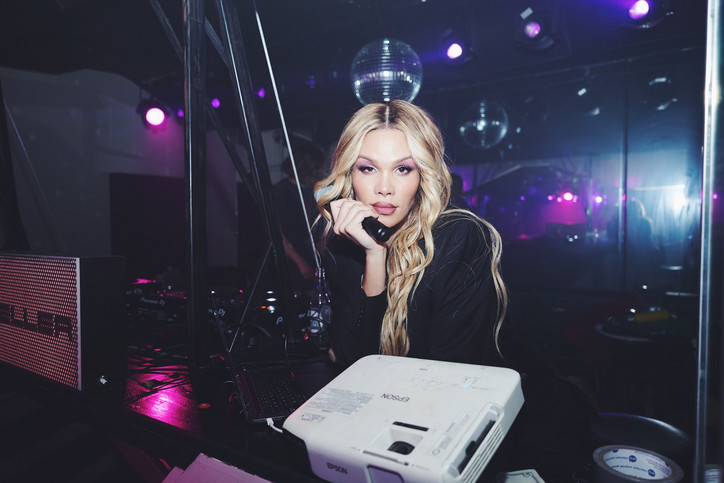
“Dweller has evolved based on the people who are connected to it,” says Frankie Decaiza Hutchinson, who founded Dweller in 2019. The education component and blog came about in 2020 at the suggestion of Ryan Clarke, who now curates and organizes the festival alongside Enyo Amexo and Hutchinson. “When it’s a trio of you and you've developed a certain vision for it, it becomes quite precious and intimate in a way,” Hutchinson says, but that comes with the risk of “being too precious and not letting it grow.” She hopes that the future of Dweller will bring expansion of their team and a structure that allows them to be compensated for their work — so far, the festival has been a labor of love, motivated by the team’s love for the community that Dweller cultivates.
“Dweller is the most wonderful time of the year," says multidisciplinary artist Maya Margarita, who DJs under the name “br0nz3_g0dd3ss." “I truly look forward to it all year round, like it's actually Christmas for me!” Margarita played sets during the first edition of Dweller in 2019 and the third in 2022. She got involved with Dweller through her friendship with Hutchinson, who she says “has always been so supportive of my music, and just everything that I've set my sights on from the beginning.” For this year’s Dweller, the two of them decided to have Margarita do something a little different than a typical DJ set.

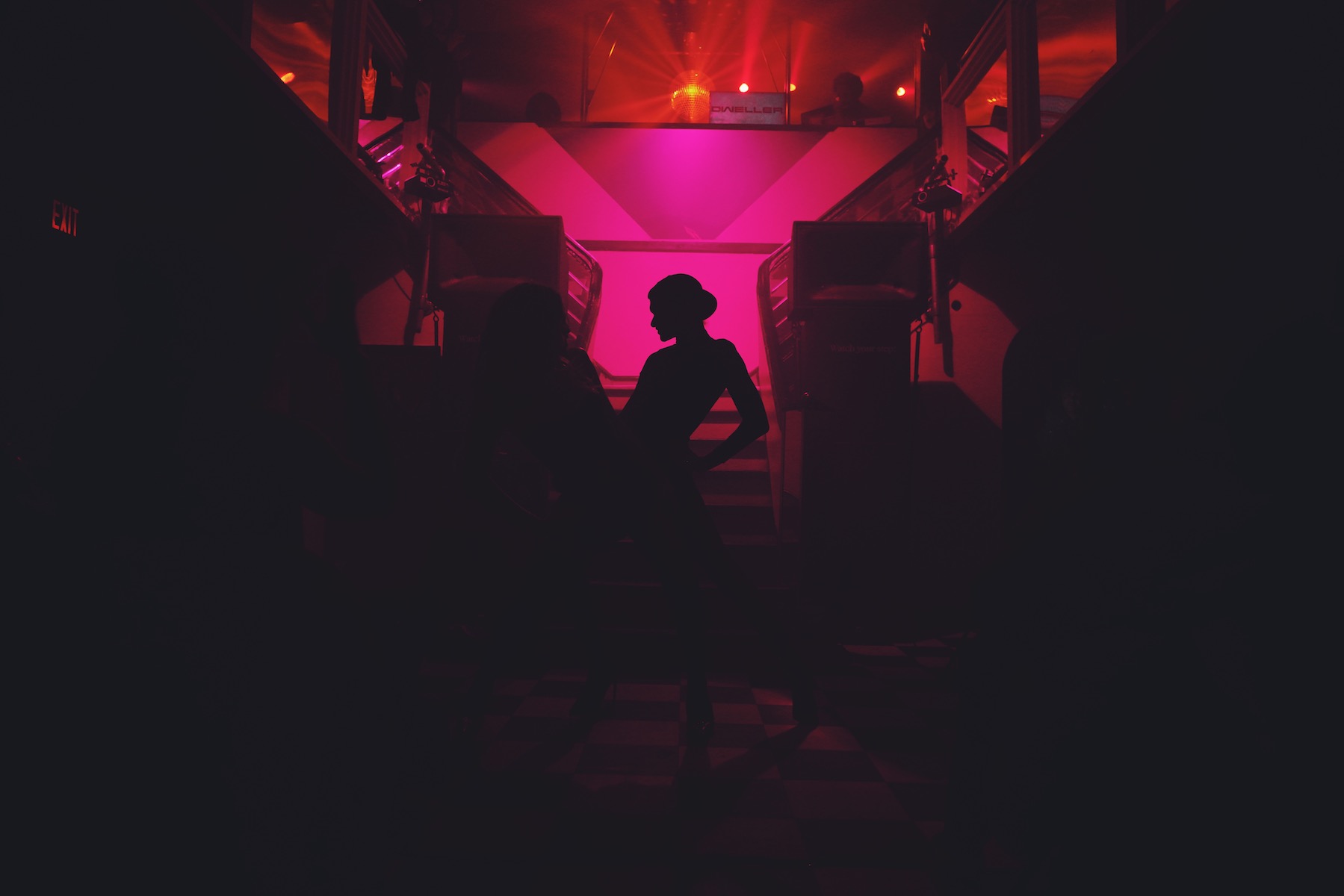
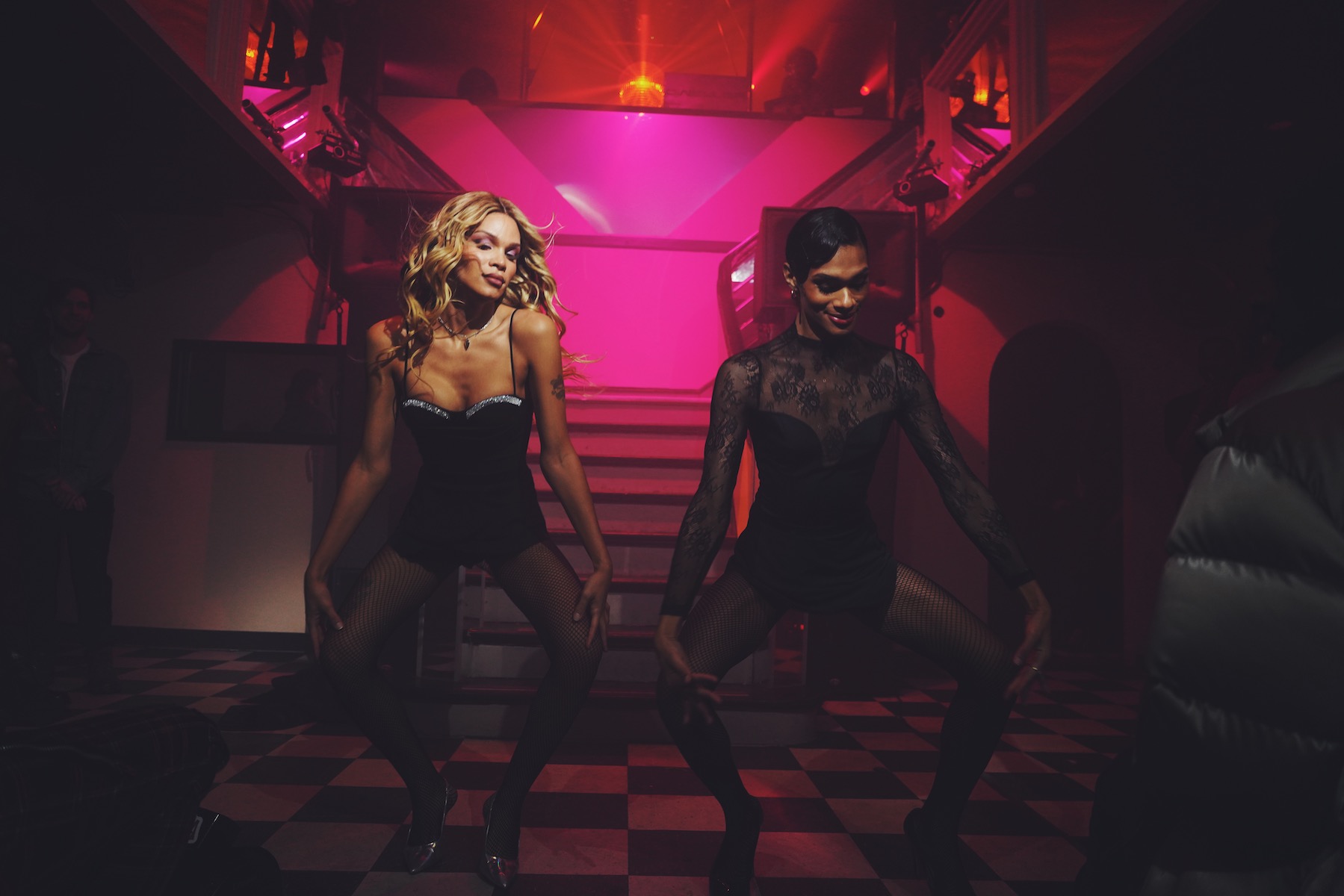
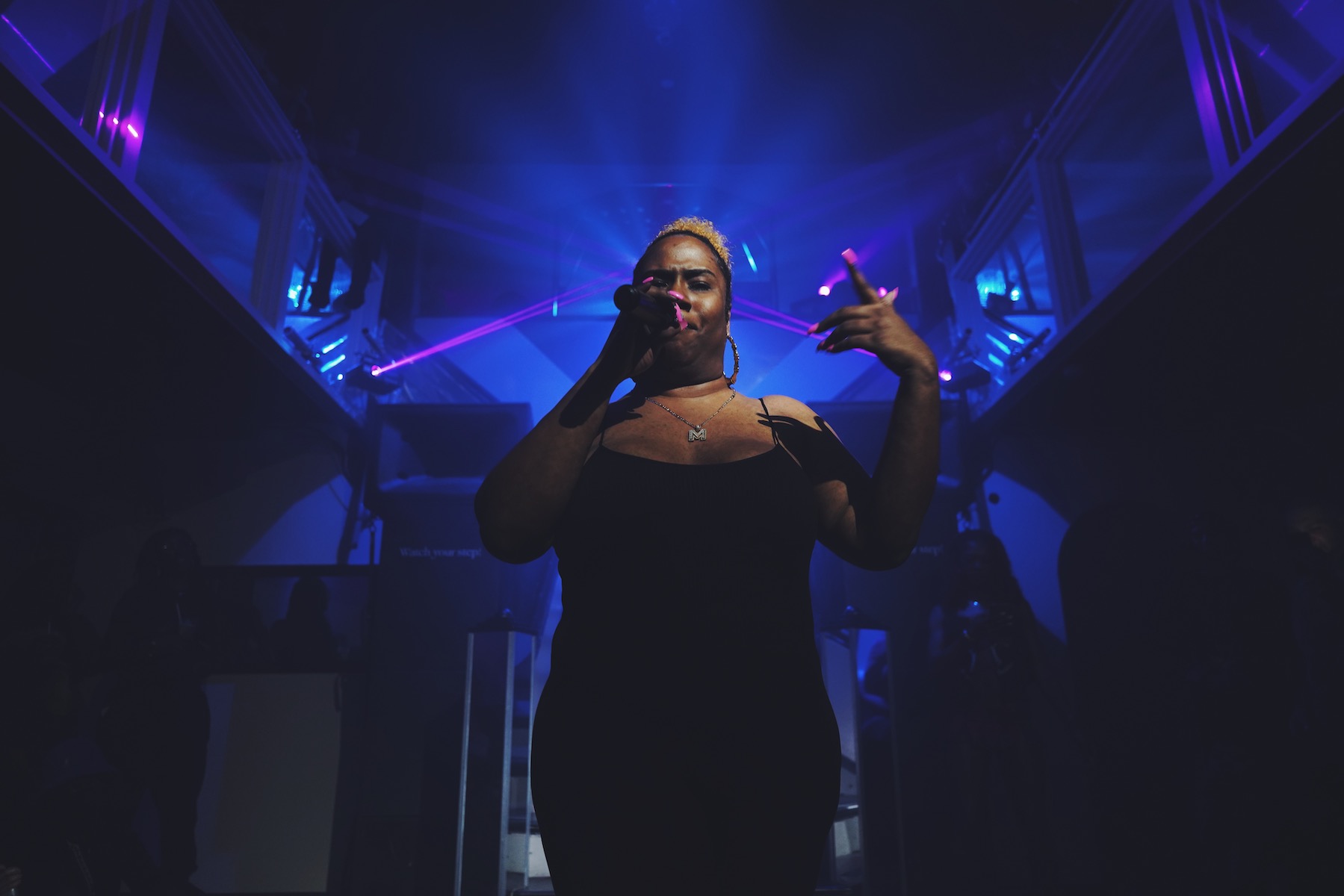

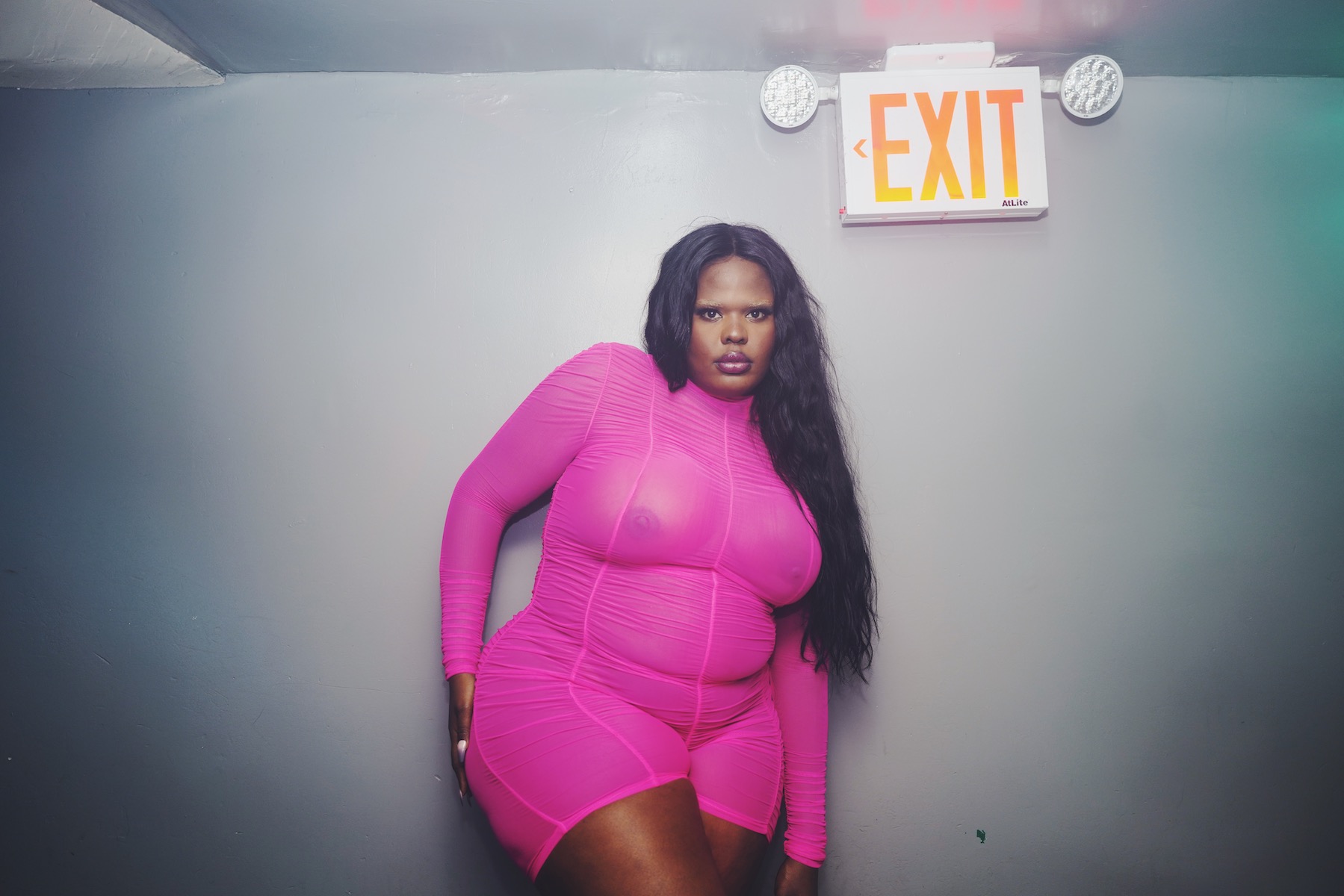
Back in October of 2023, Margarita debuted “Stupid But Cute But Sexy And A Little Mysterious,” a one-woman variety show that premiered at the club Paragon in Bushwick. Hutchinson came to see the show, and was so impacted by it that she asked Margarita to incorporate the performance into Dweller’s programming. “Dweller has had live music before, but I think this is the first of its kind,” Margarita says. “So I wanted to really do it justice. And each show is different, so I wanted to conceptualize something completely different and exciting.”
Margarita and I spoke a few days before her performance on February 23rd, and she let me in on the secret before anyone else. “Even though it's been advertised as a one woman show, it’s not going to be,” she divulges. “I have a bunch of my girls coming out and we're gonna sing, we're gonna dance, we're gonna do lip sync, we’re gonna do burlesque — and nobody at Dweller knows anything about this.”
“Thinking about what Dweller means to me, of course immediately I thought, I can't do this alone,” Margarita explains. “I want to lift Black trans voices and Black trans talent. It's just gonna be a gag moment, because I couldn't really see it any other way than sharing the stage with my sisters, celebrating each other within that tradition of Dweller.” Fellow multi hyphenate artists and performers Star Amerasu, Zenobia, Gia Love, Rahrah Gabor, and Ms. Z Tye joined Margarita on stage.
Roxanne Harris, who plays her sets under the name ALSOKNOWNASROX, is an artist, curator, and educator who uses computer programming as an outlet for creative expression. Her practice combines her coding skills with her knowledge of musical composition and arrangement to create music that plays as Harris types out lines of code in real time. “You can actually code in a way that's not just trying to get that job and get that check,” she explains. “It can be used as an art form. It can be used as a way to express yourself, and break those barriers and demystify some of those processes.”
“Code just works for me,” she continues. “Because I know how to personalize it to myself to be able to make the music that I like. And the best part is that I can show people how my brain works too.” This year, Harris played Dweller's opening ceremony, with her code projected live on the walls of MoMA PS1 as she typed.
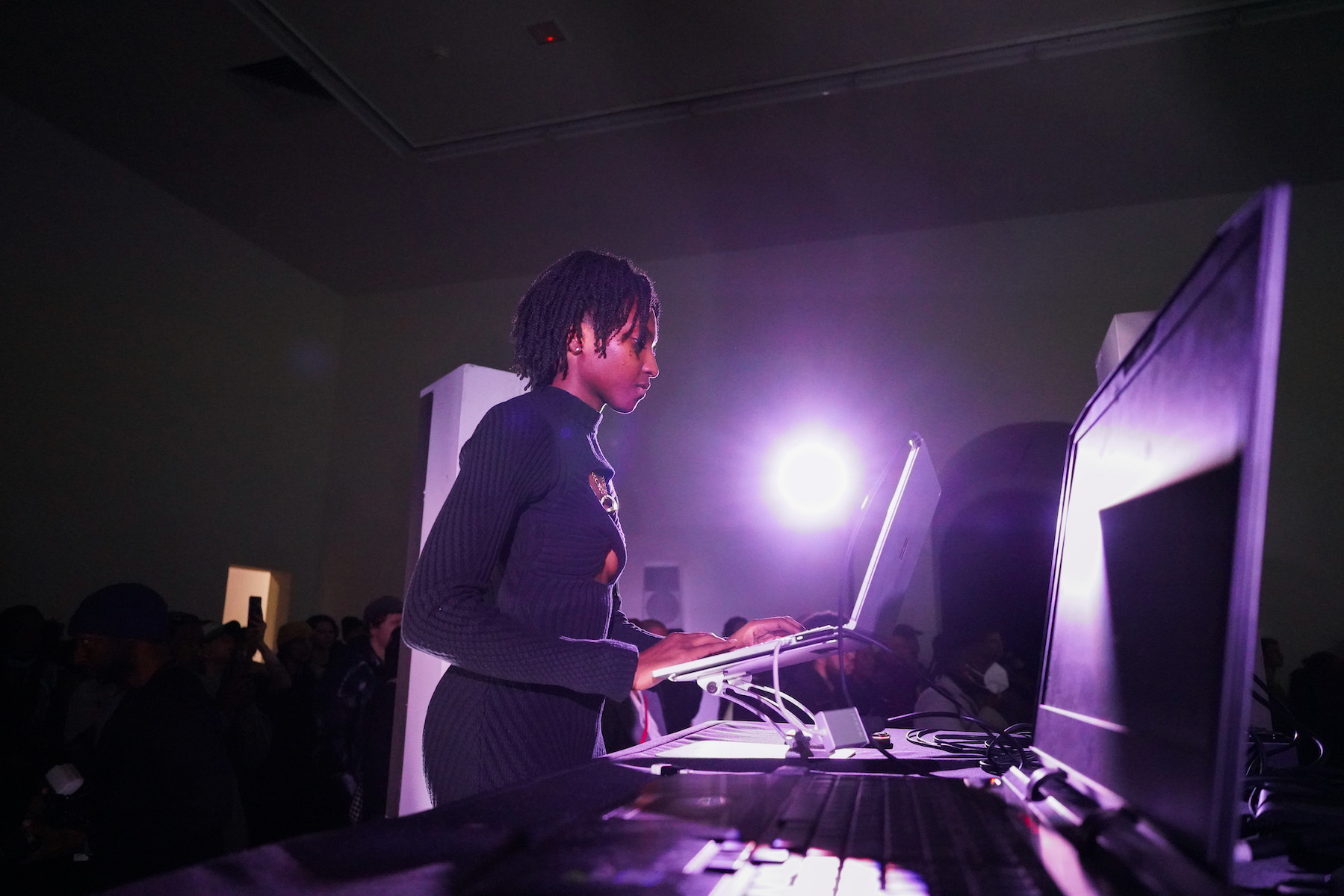


“People can see you think and see what you're processing and even the text that is being used to make the music. I think that's pretty unique about the practice.” Dweller is a comforting reprieve from the typically overwhelmingly white demographics and stiff cultures of the kinds of institutions that typically celebrate coding innovations. “Dweller, it is just such a different energy,” Harris says. “To have people who are so supportive and so enthusiastic and so excited, who are willing to express, to move, to smile, to connect. Stagnancy is not a thing when it comes to Dweller.”
Harris was invited to play her first Dweller in 2023, at the education night held at Nowadays, within just a year of graduating from college. “I thought to myself, I must be mad blessed that at this early stage in my career, my practice is so exciting to folks that Dweller would want to give me that platform,” she says. “It’s like people say: Dweller is a portal.”